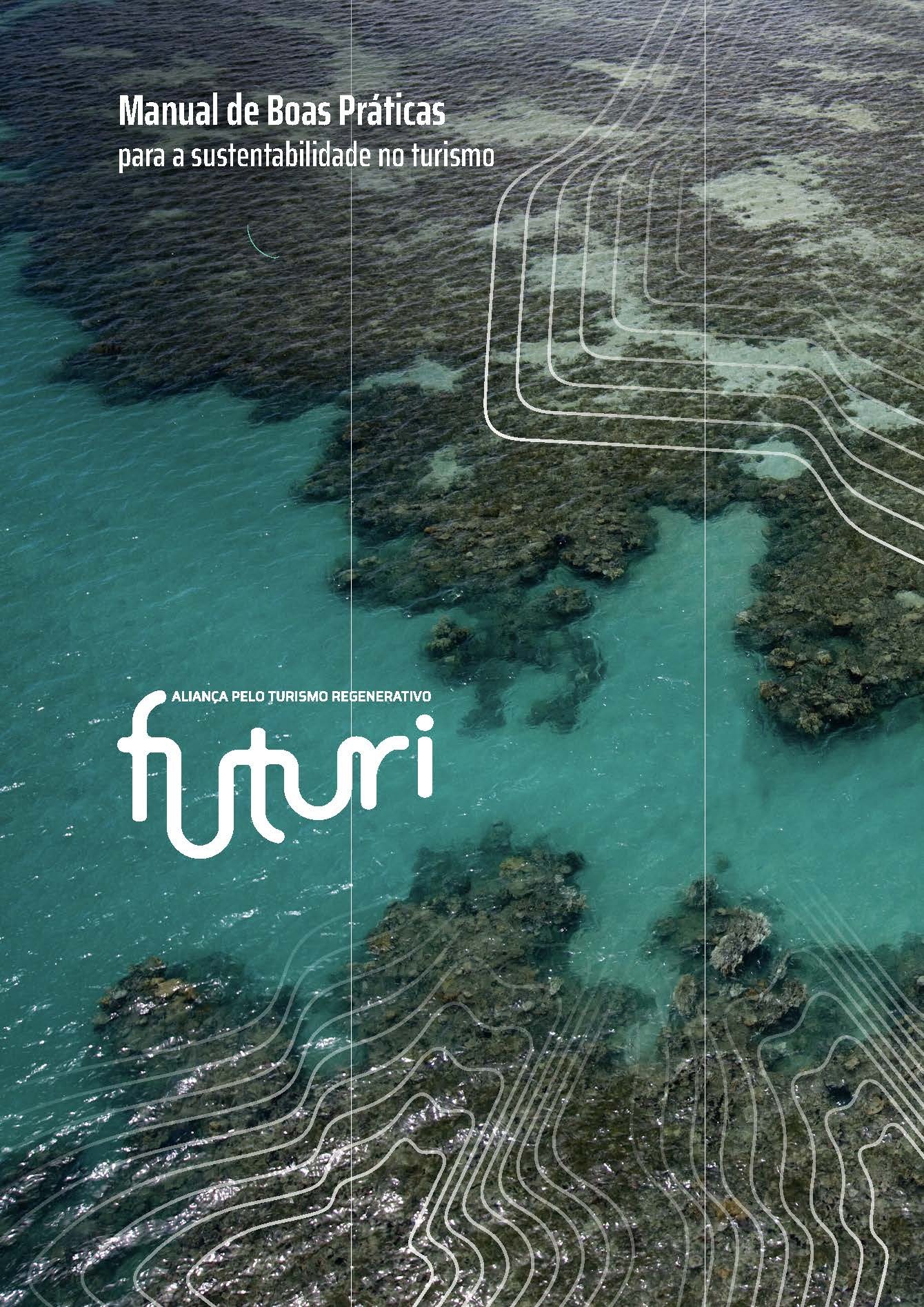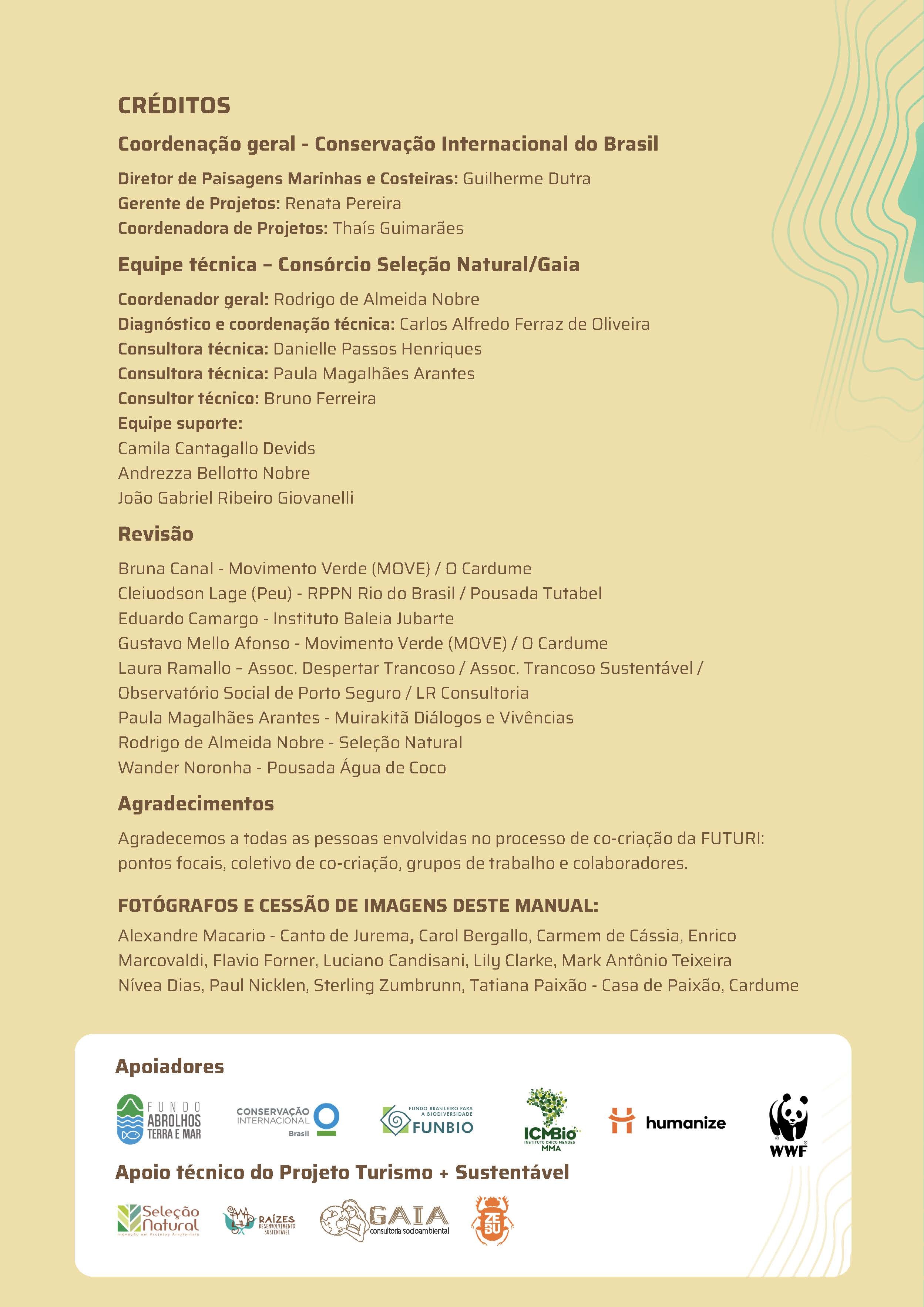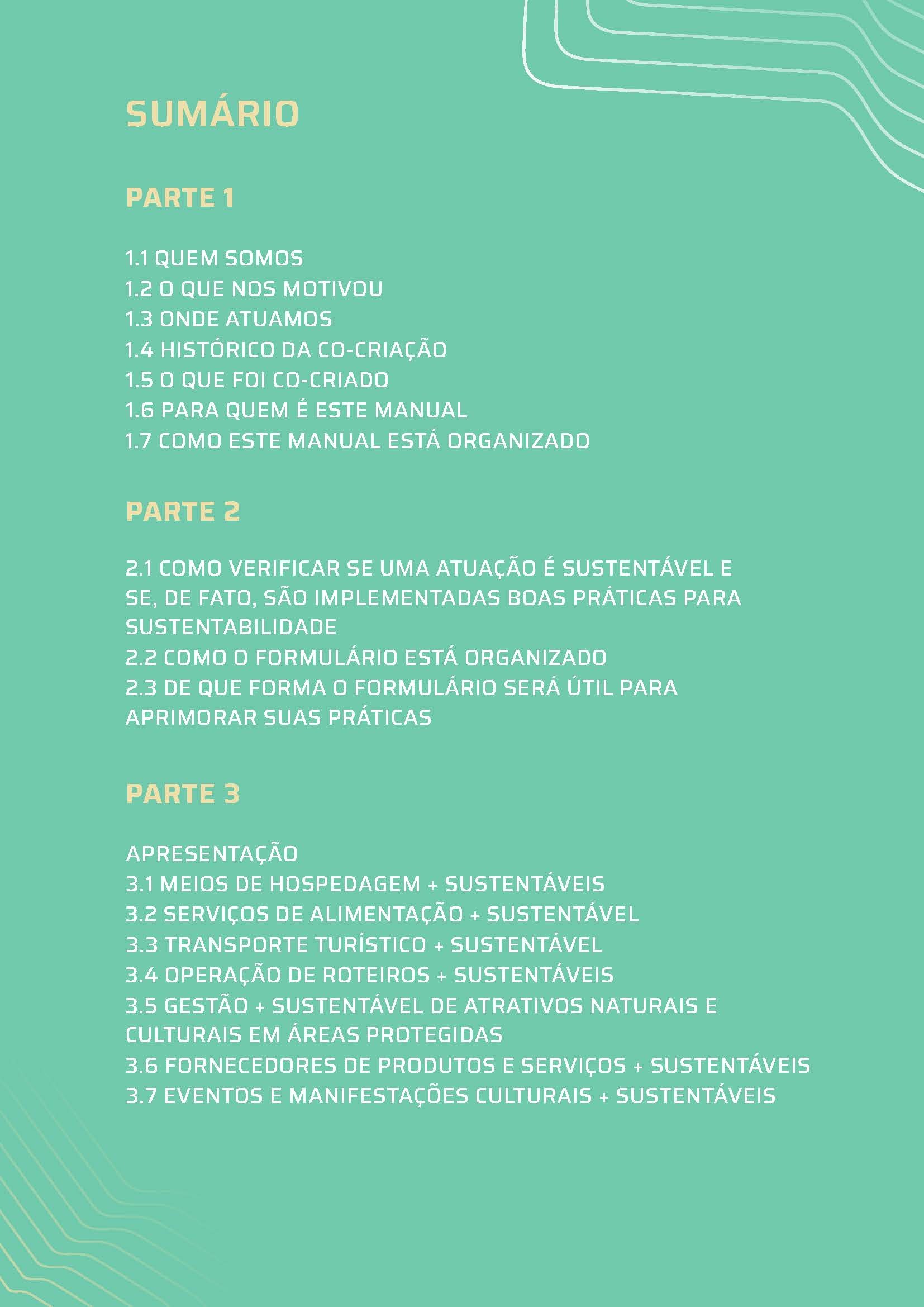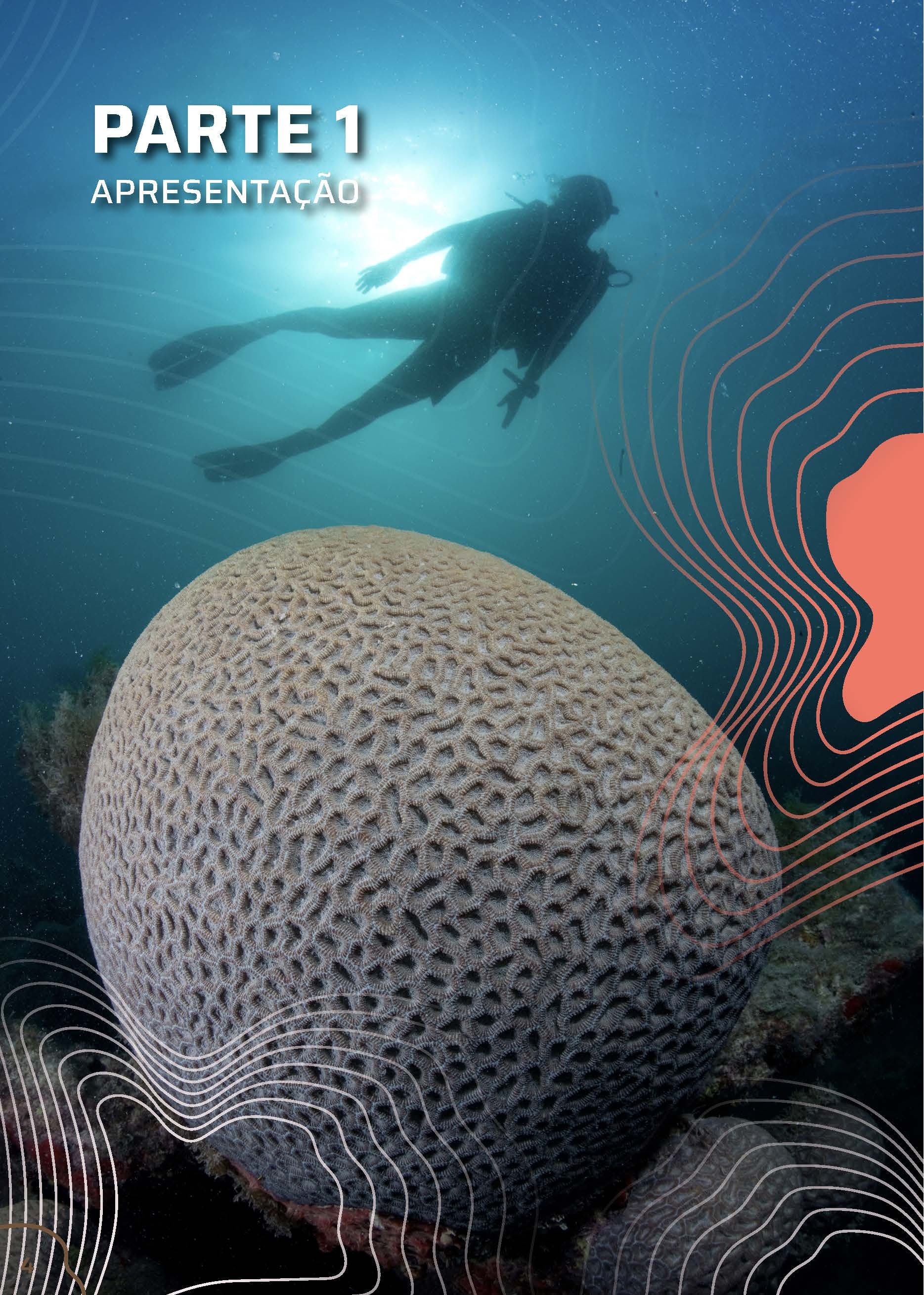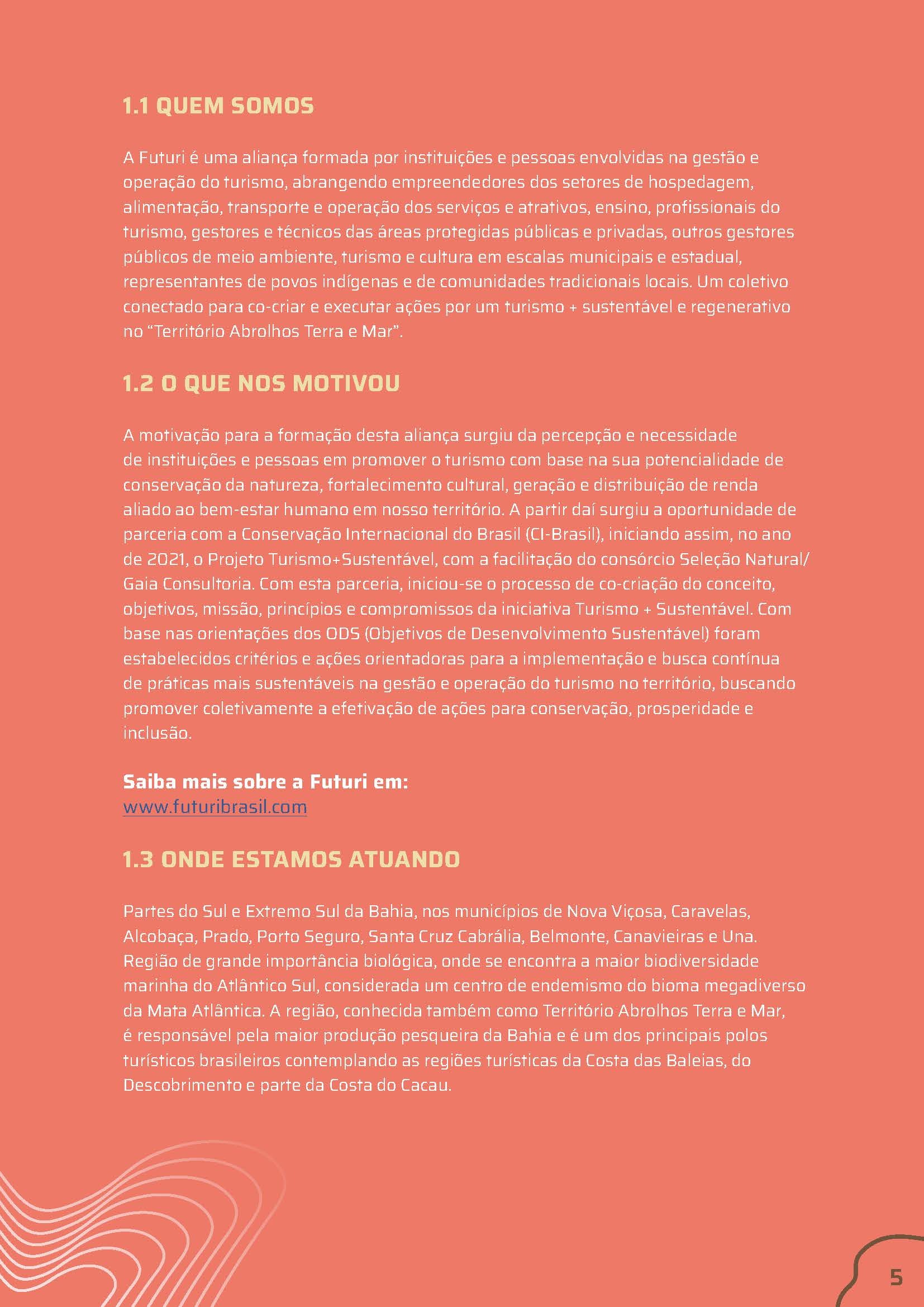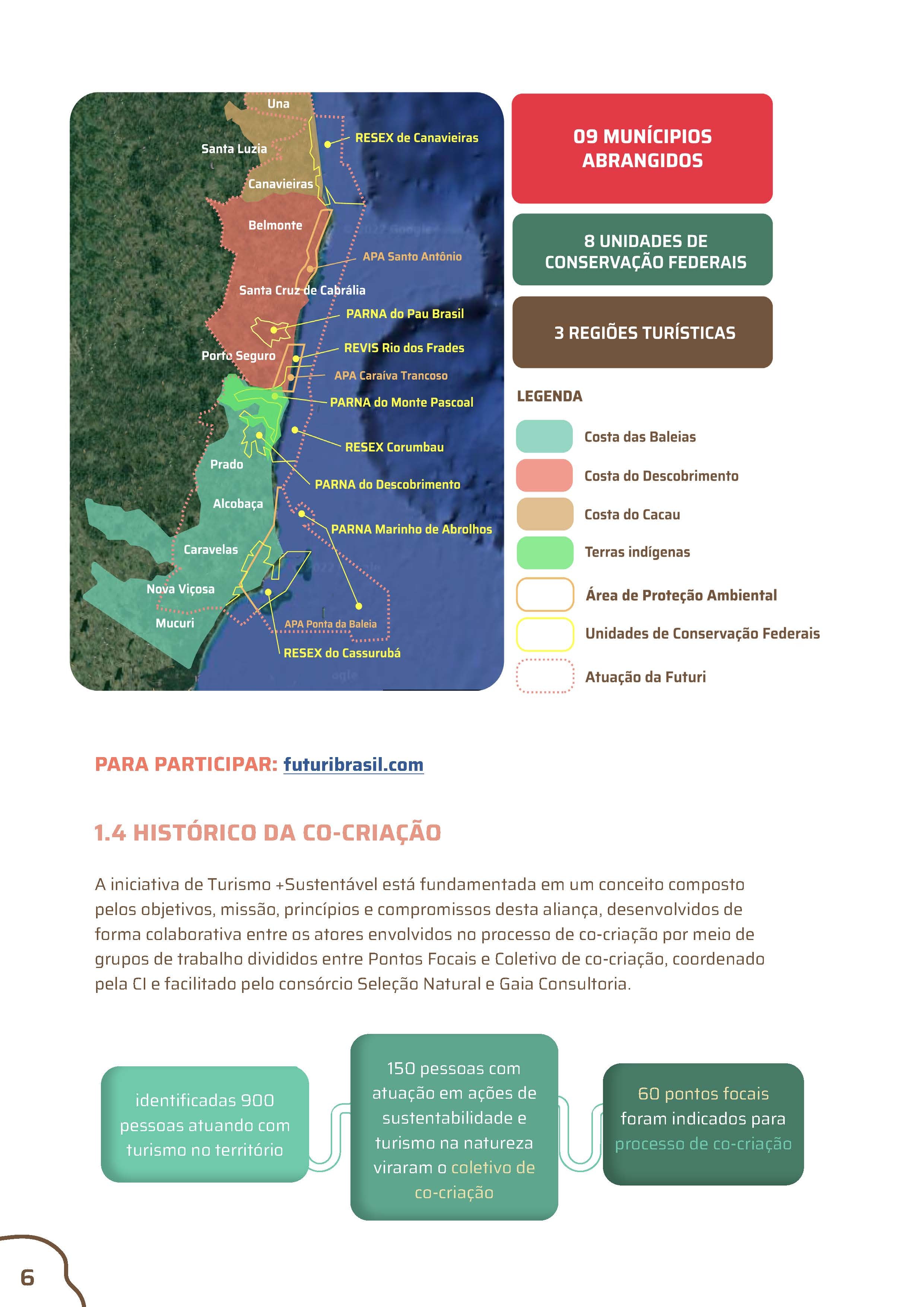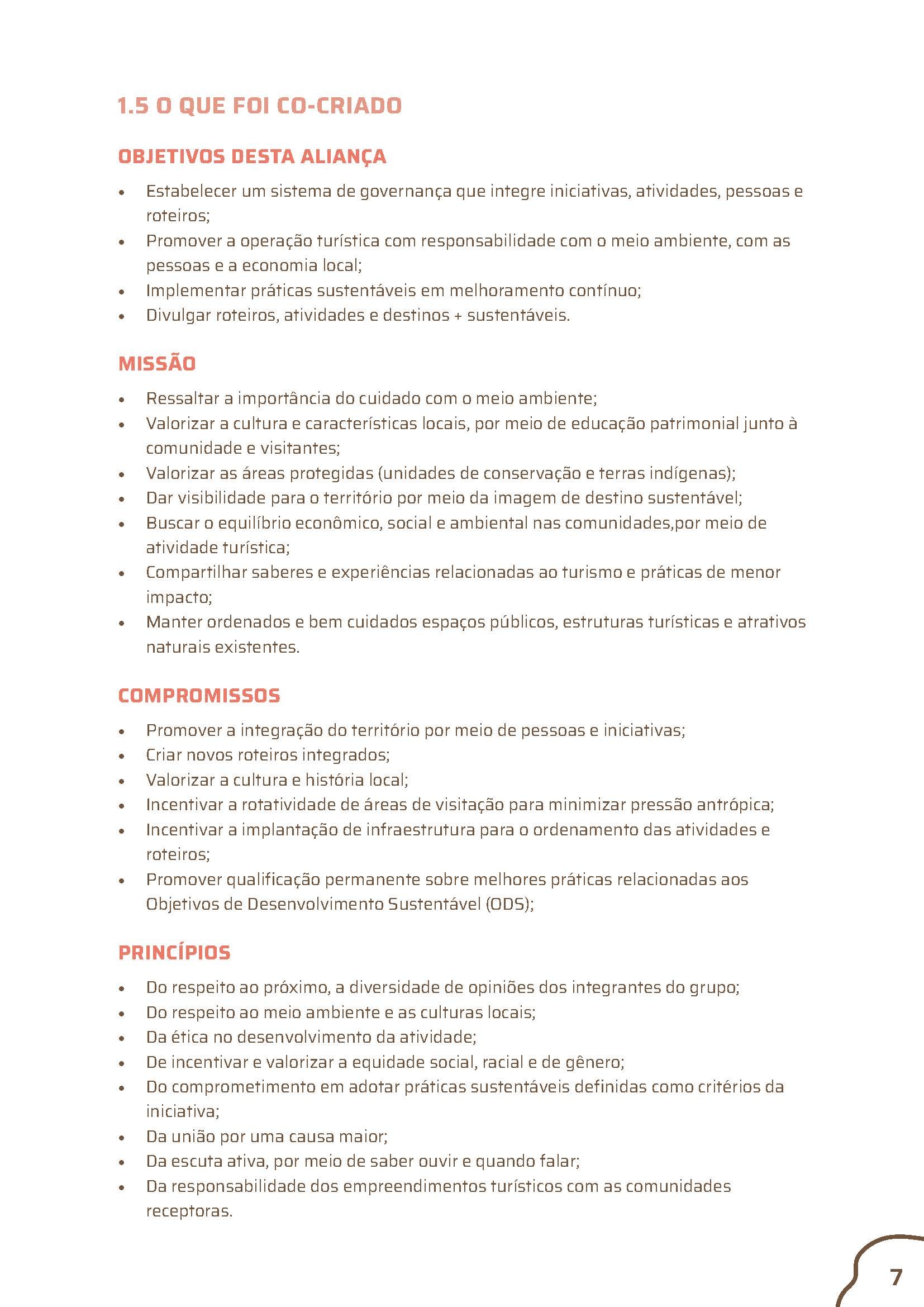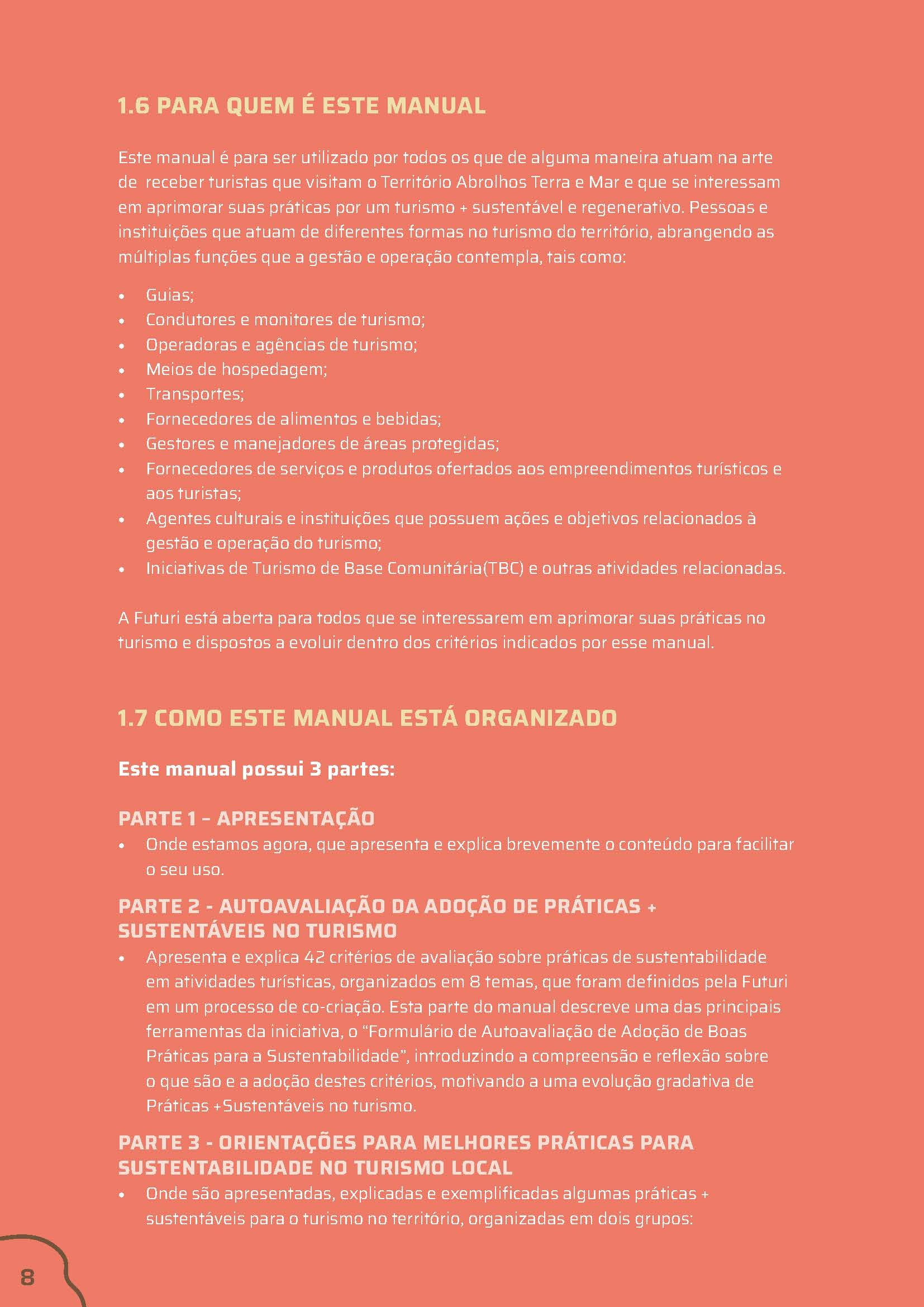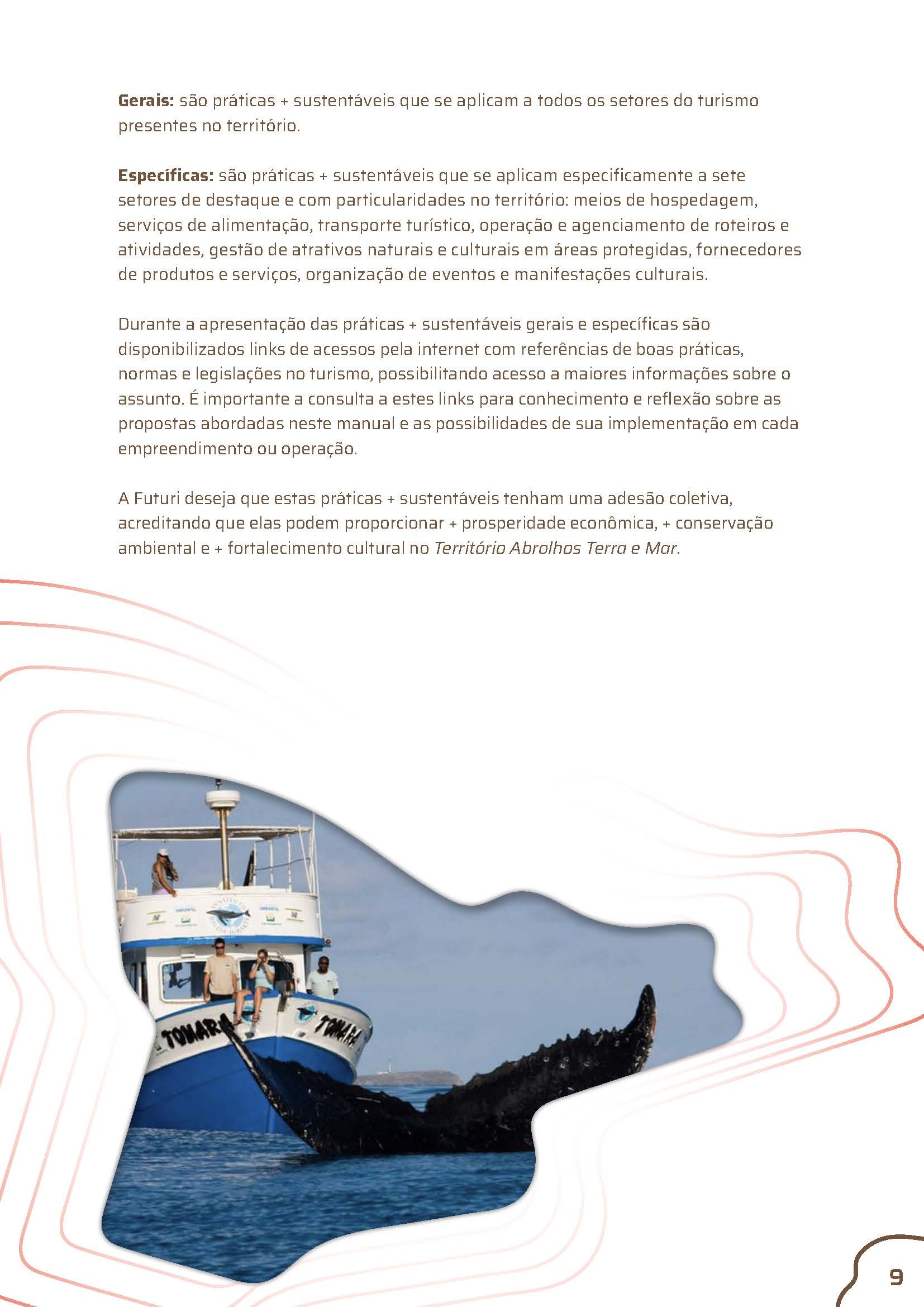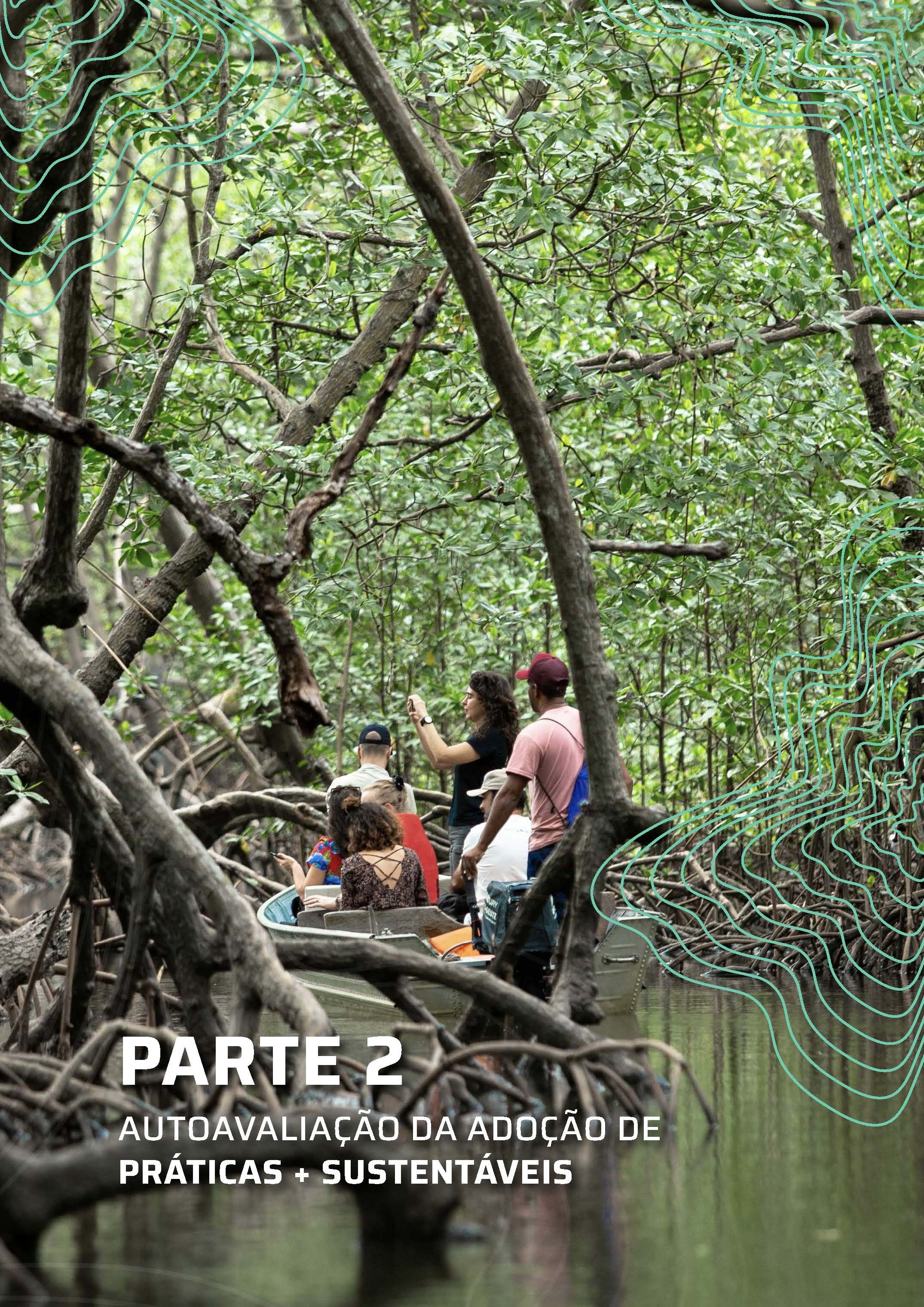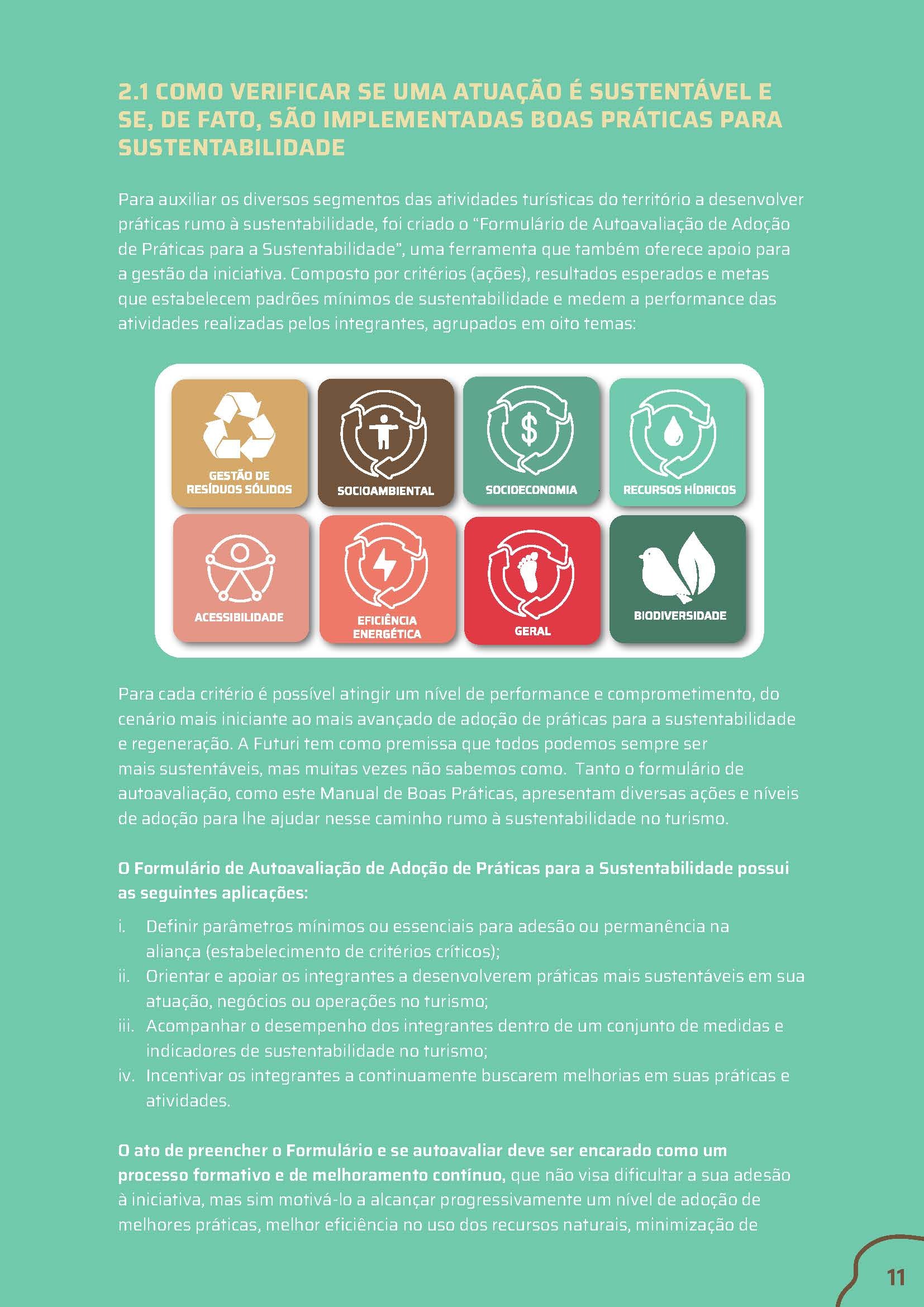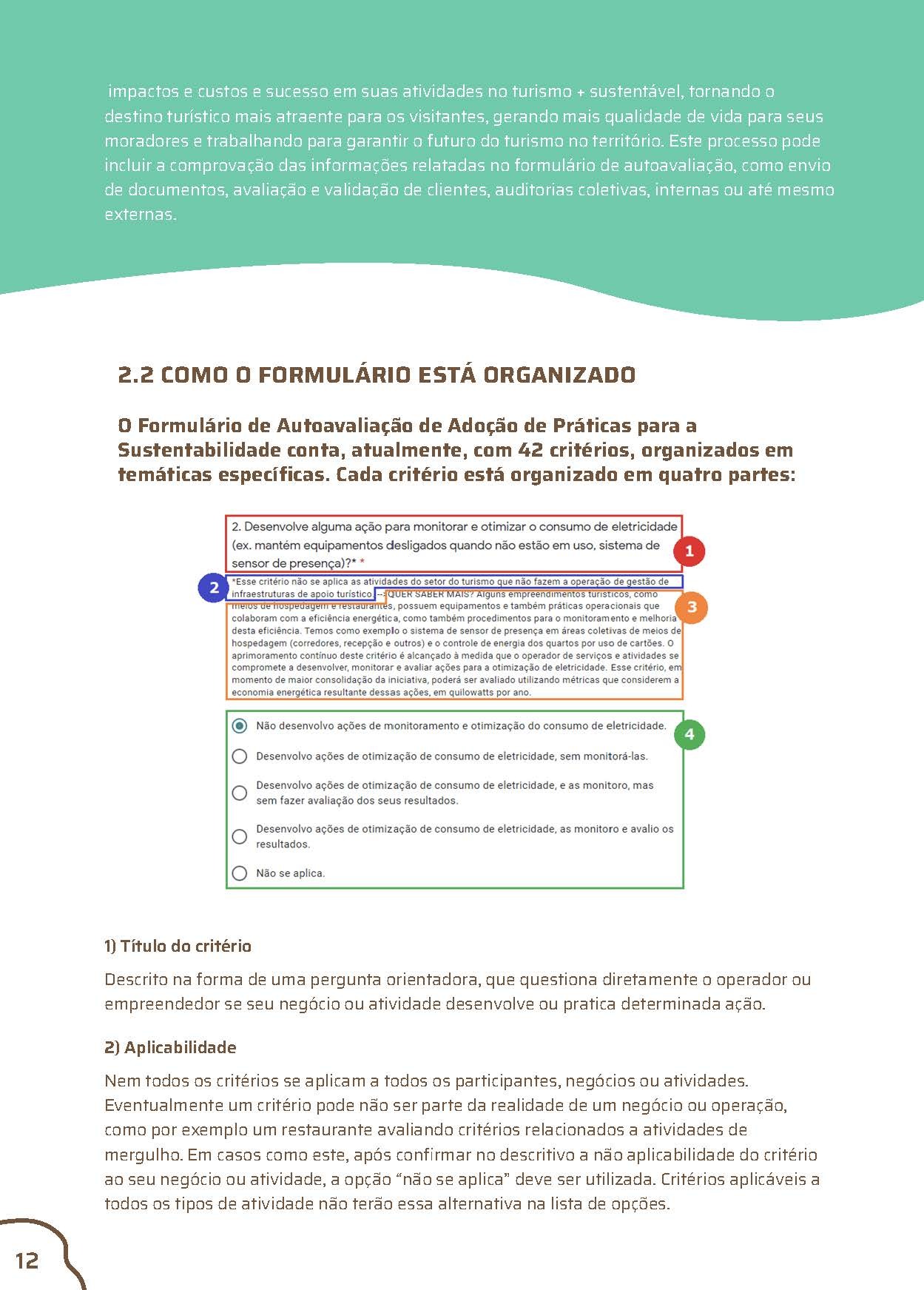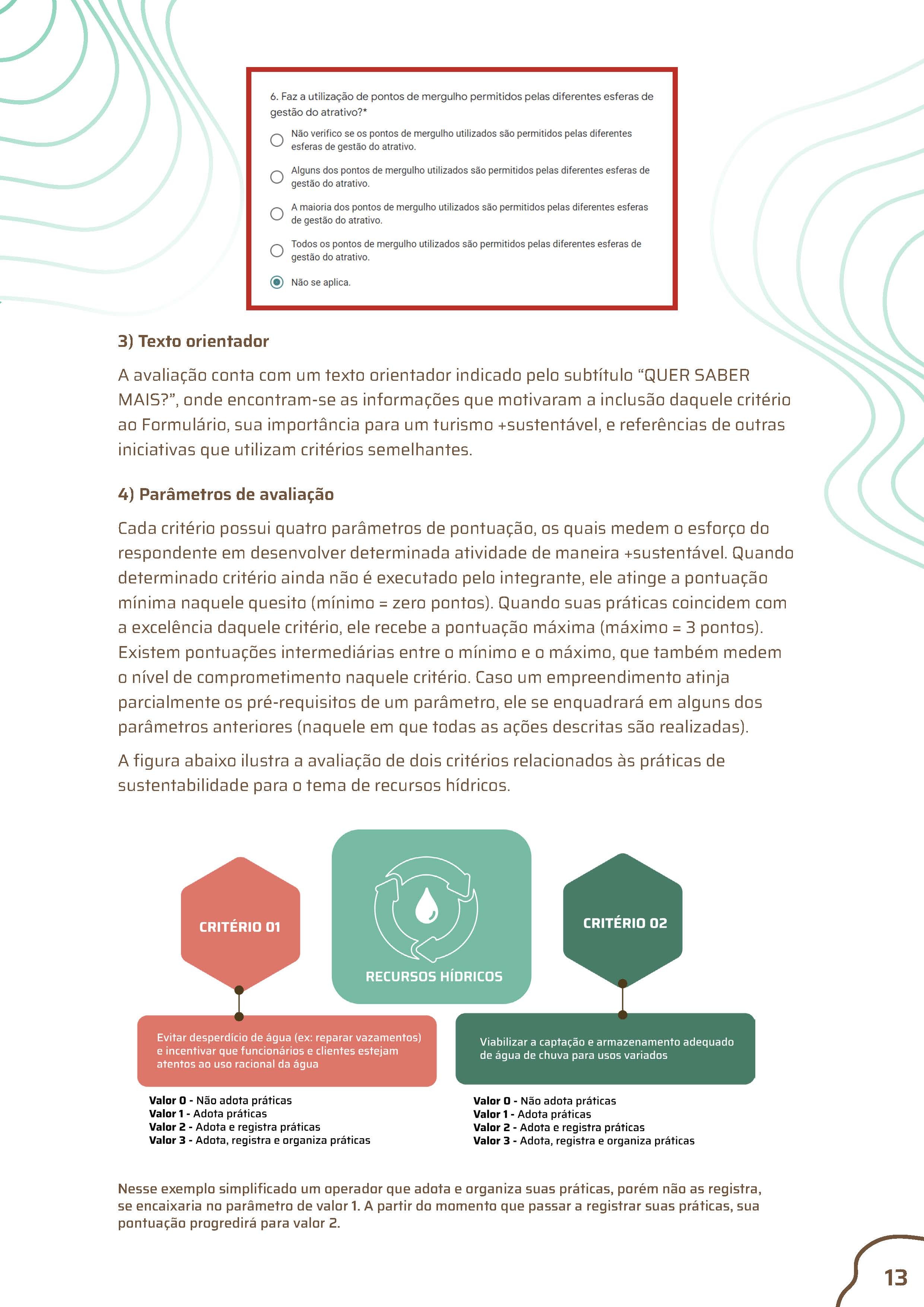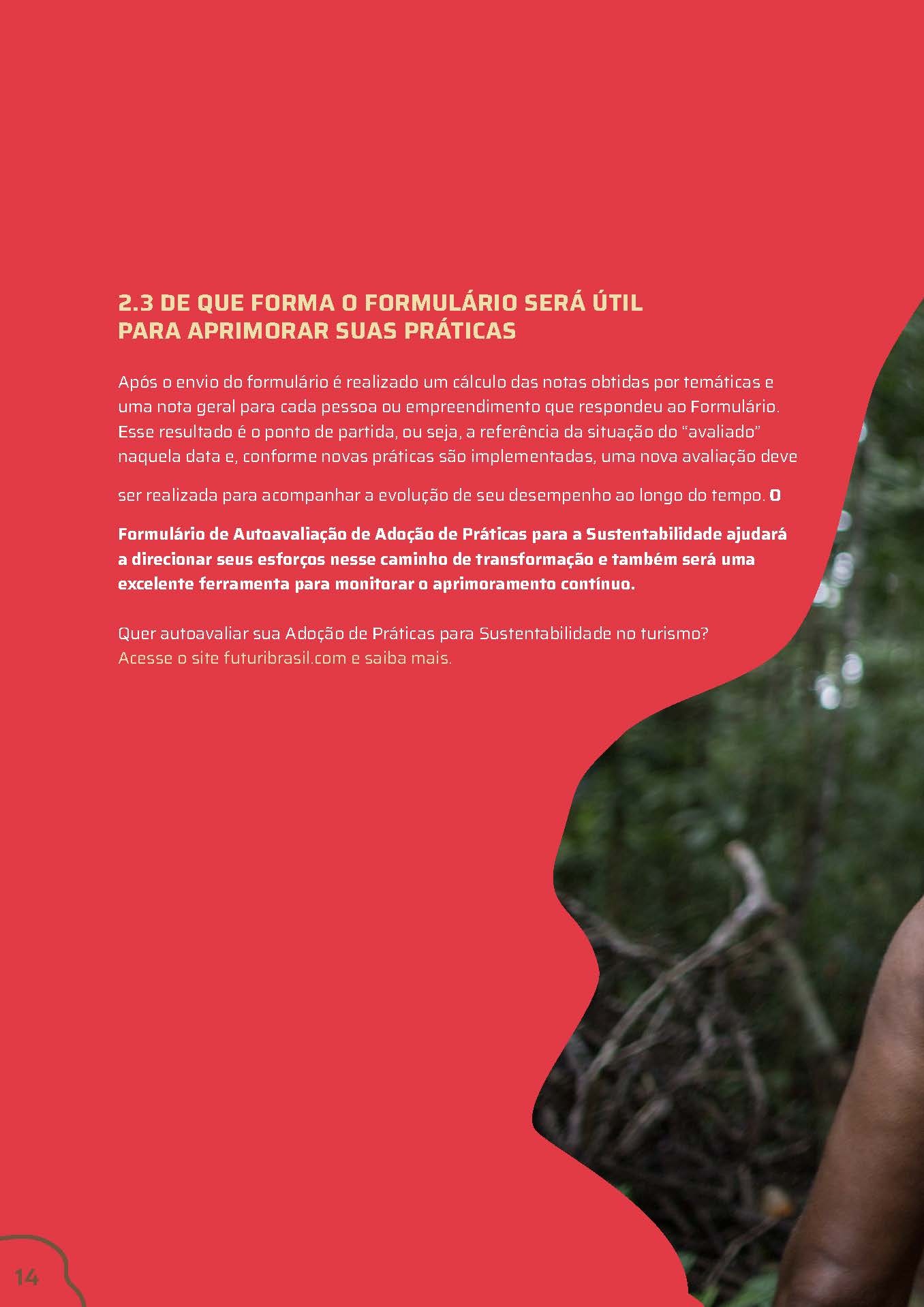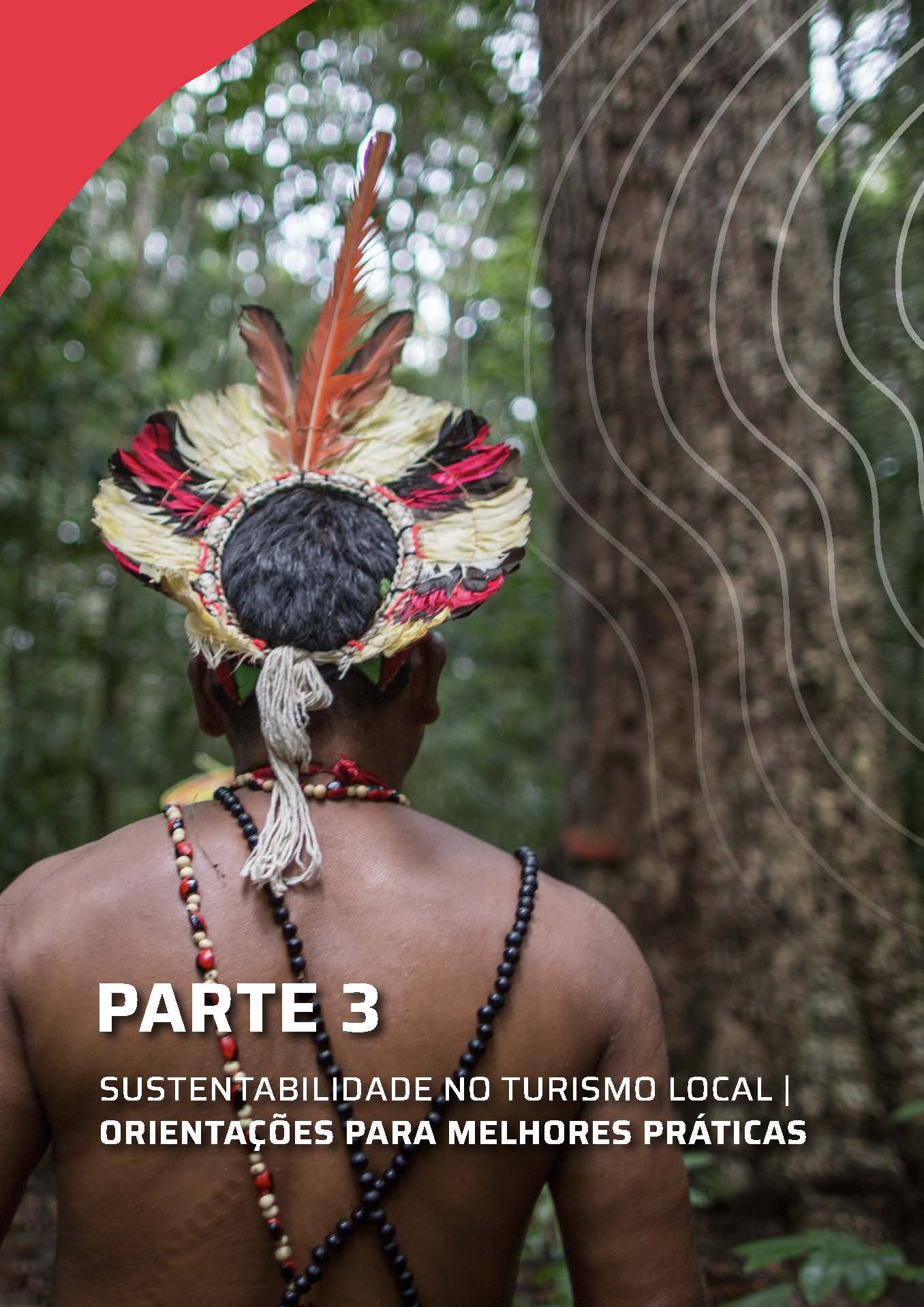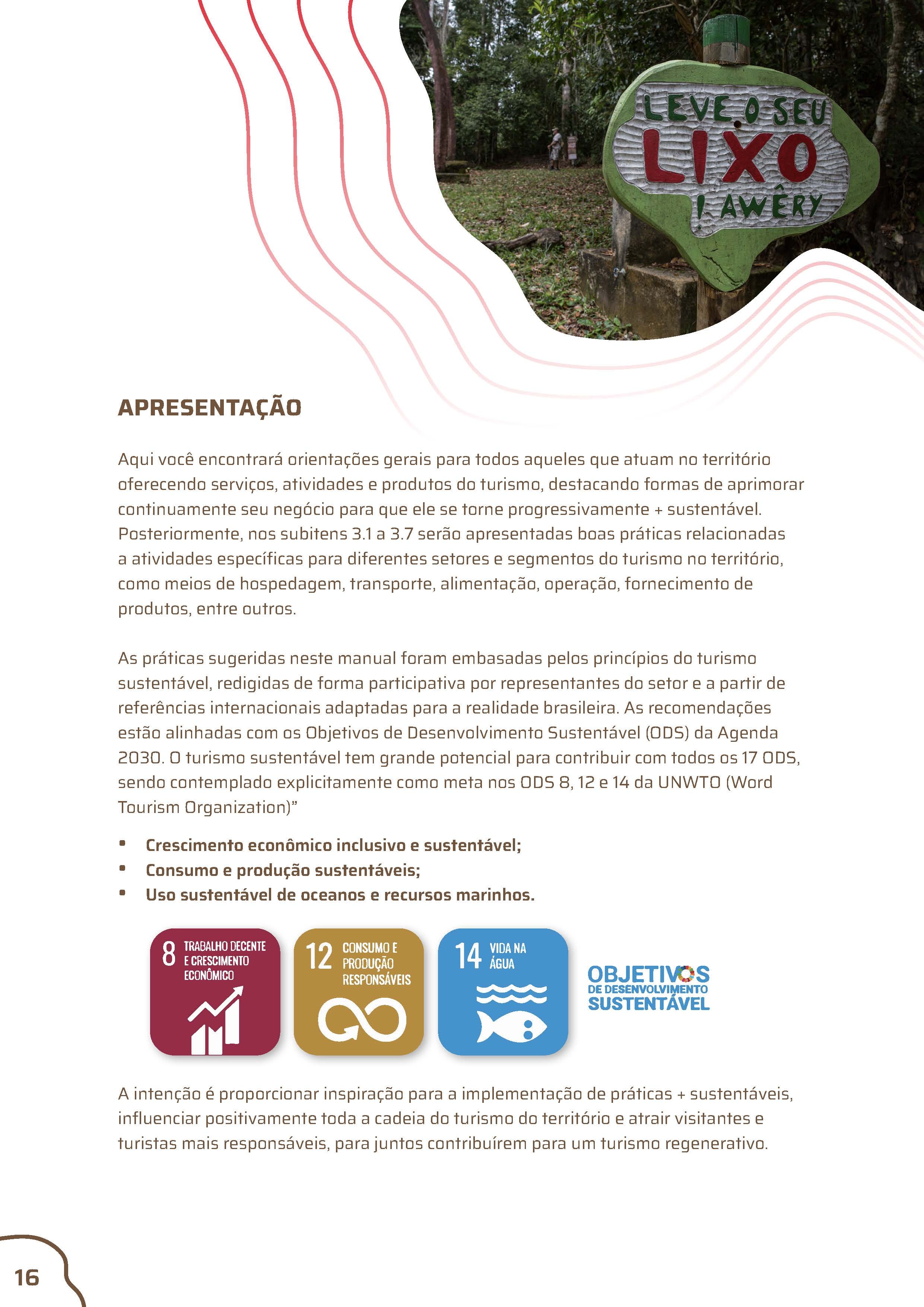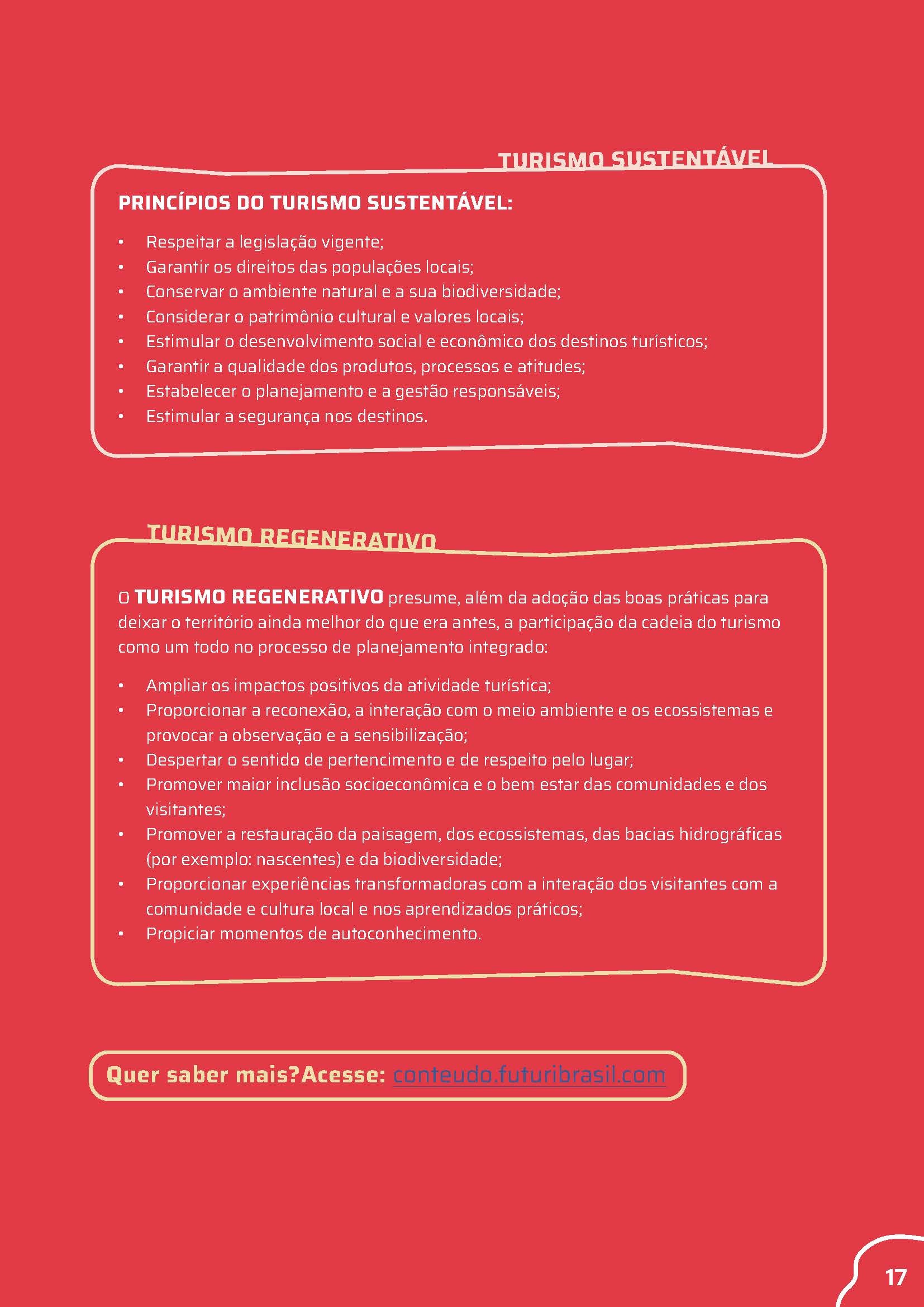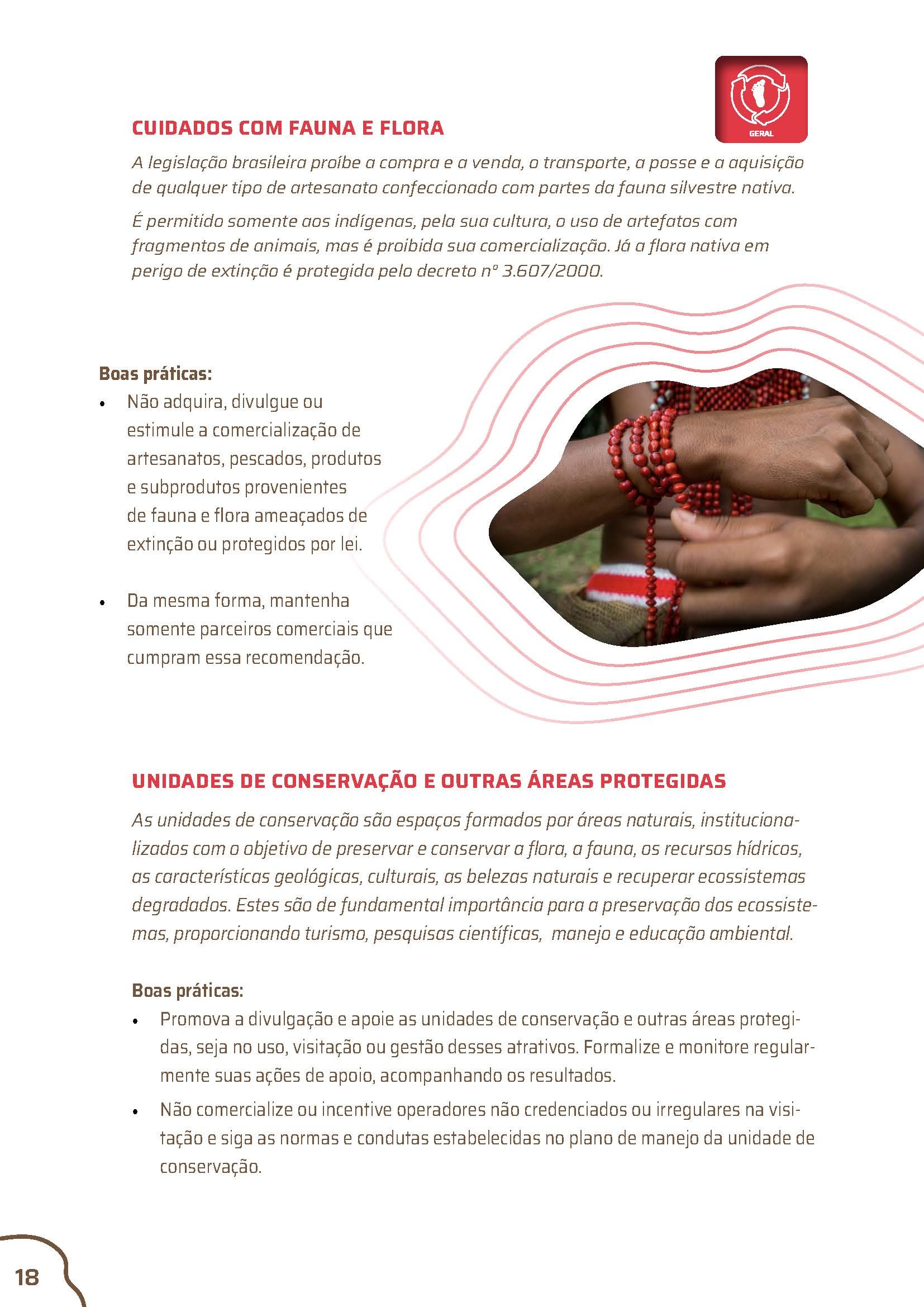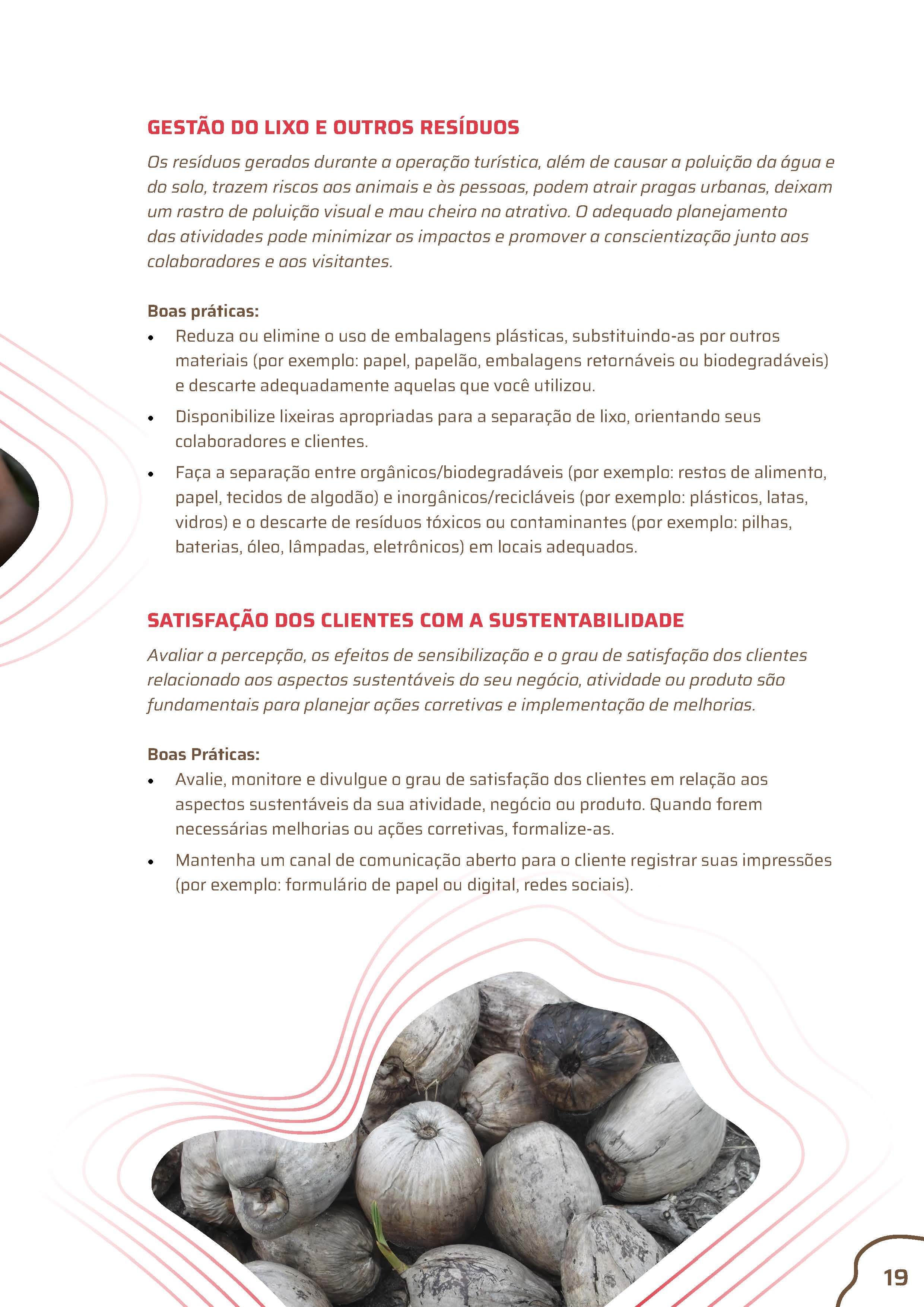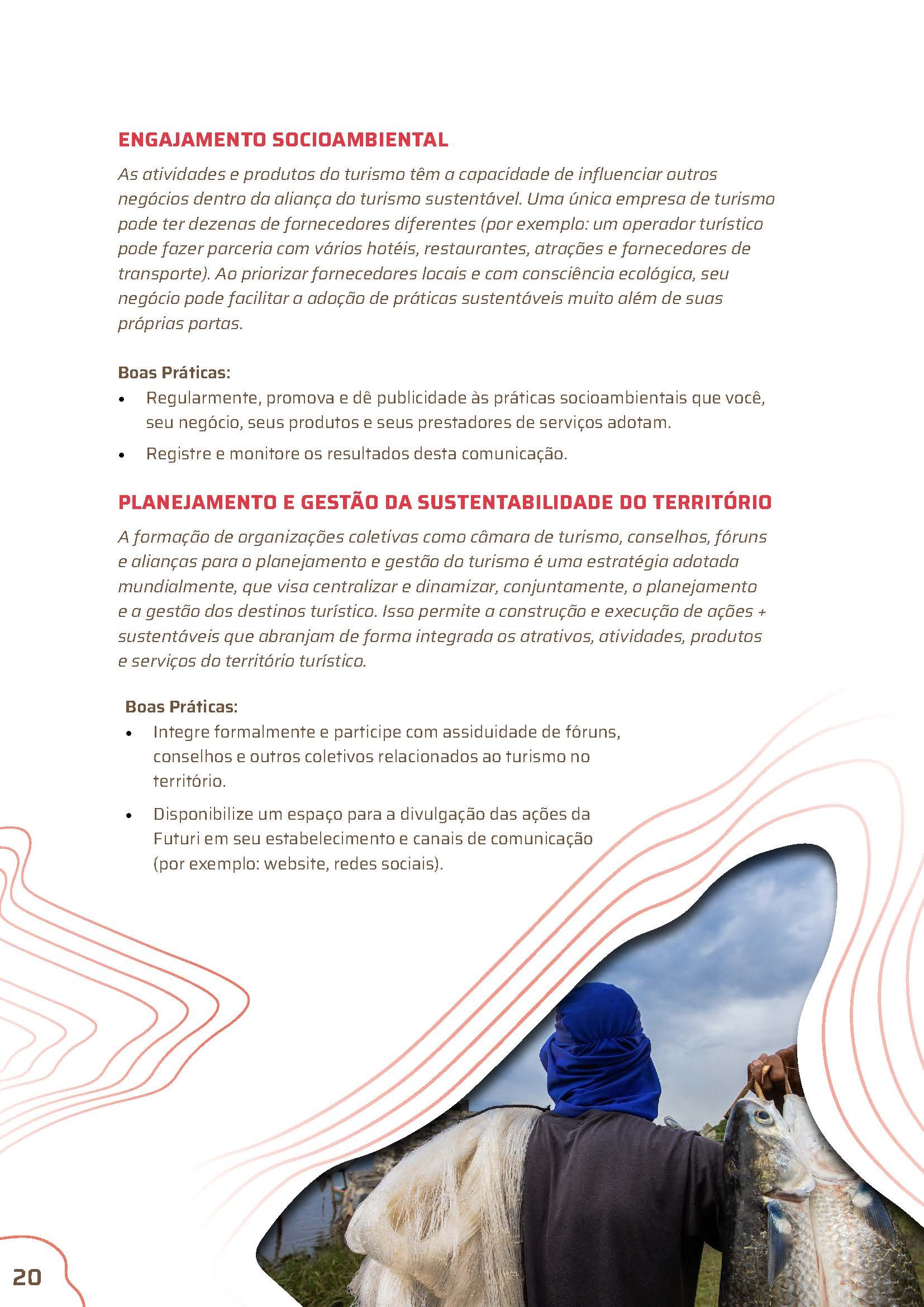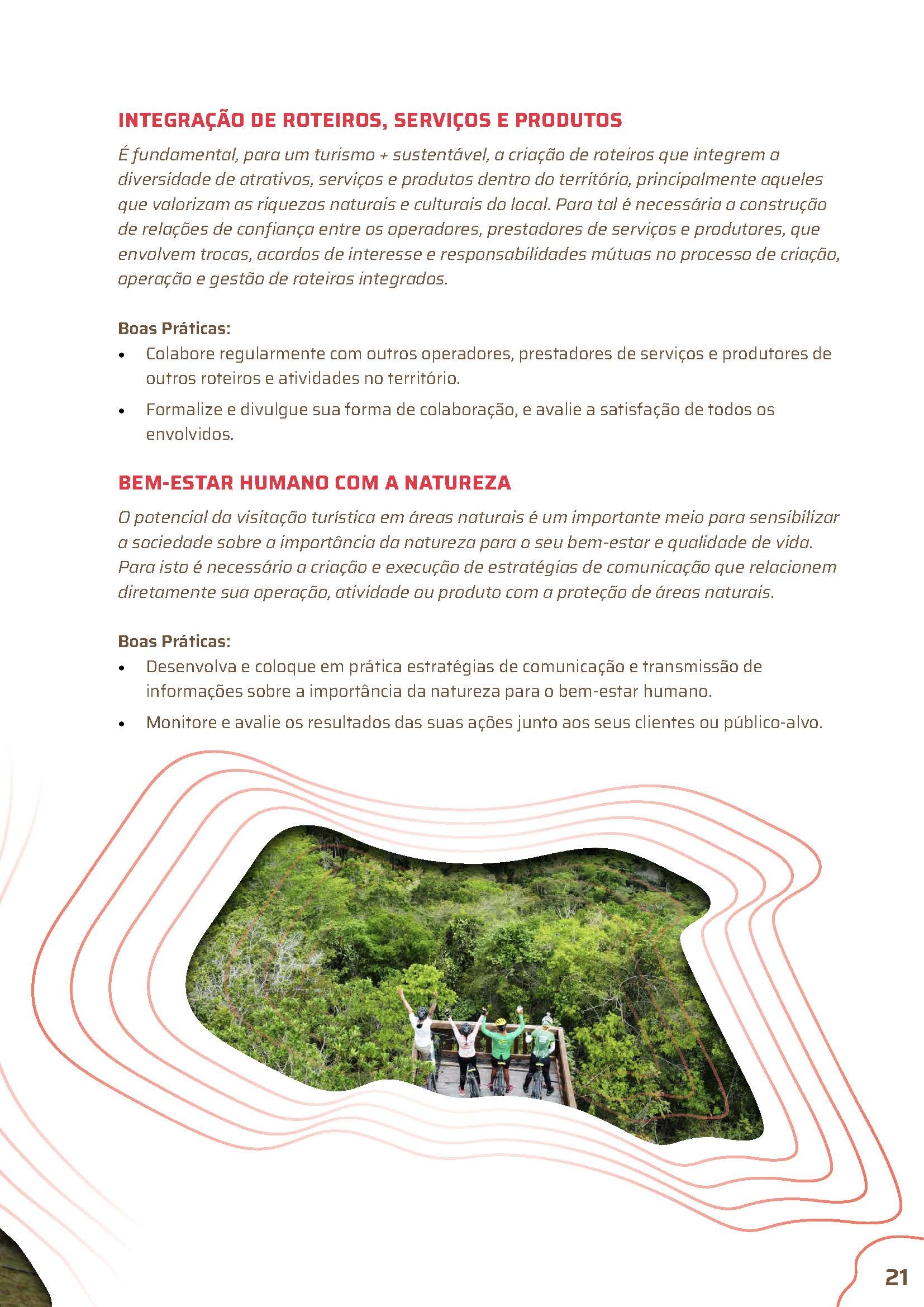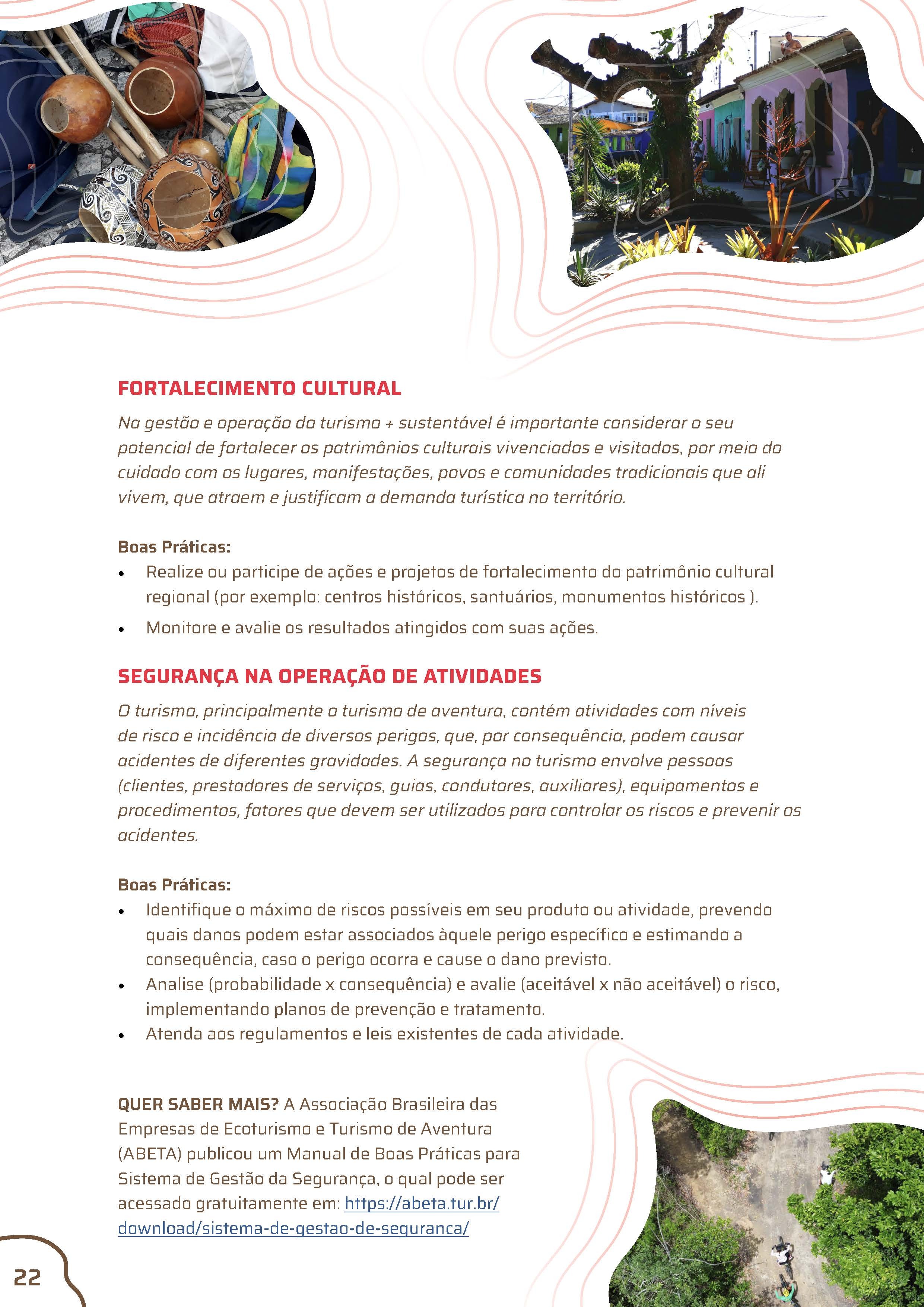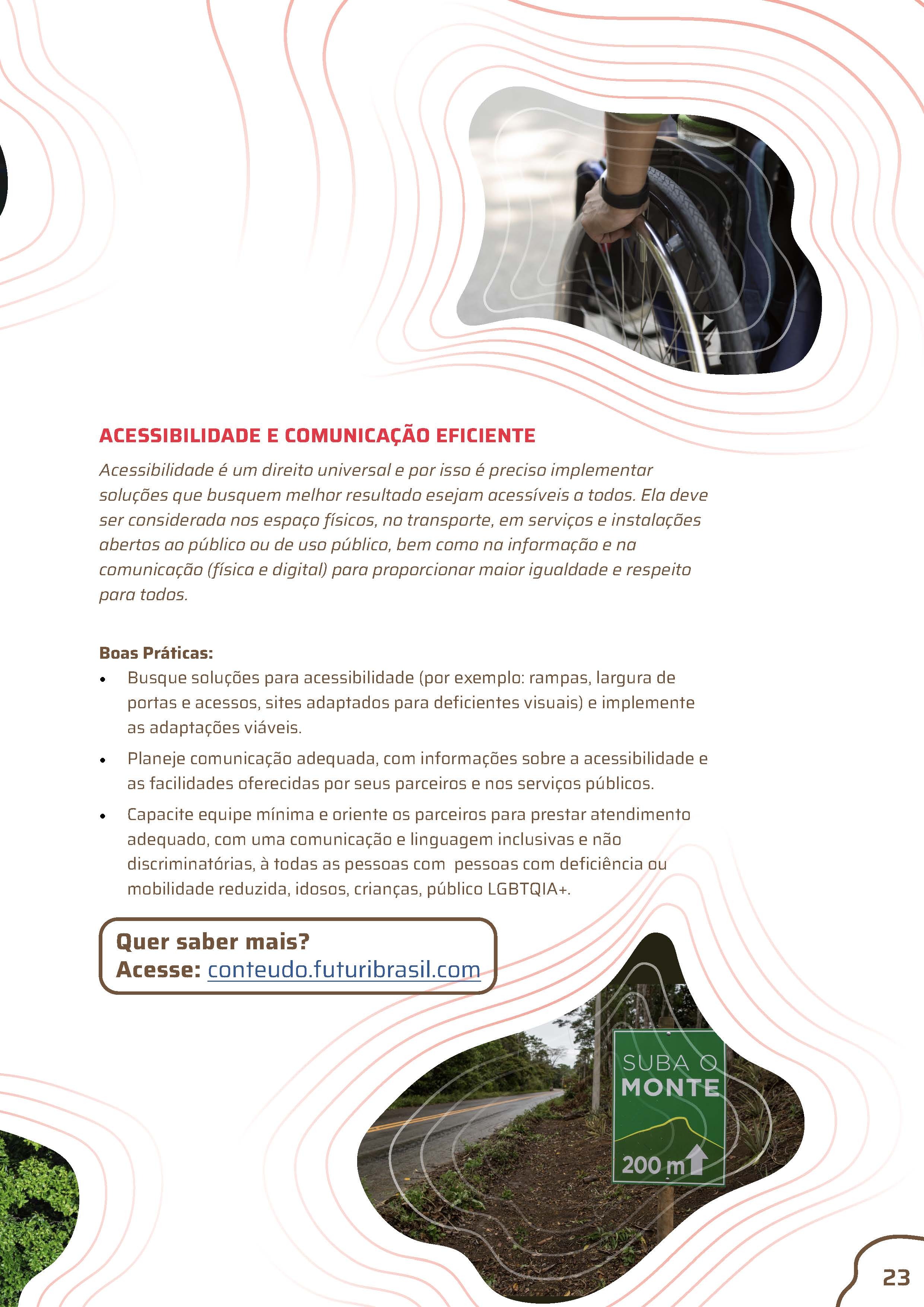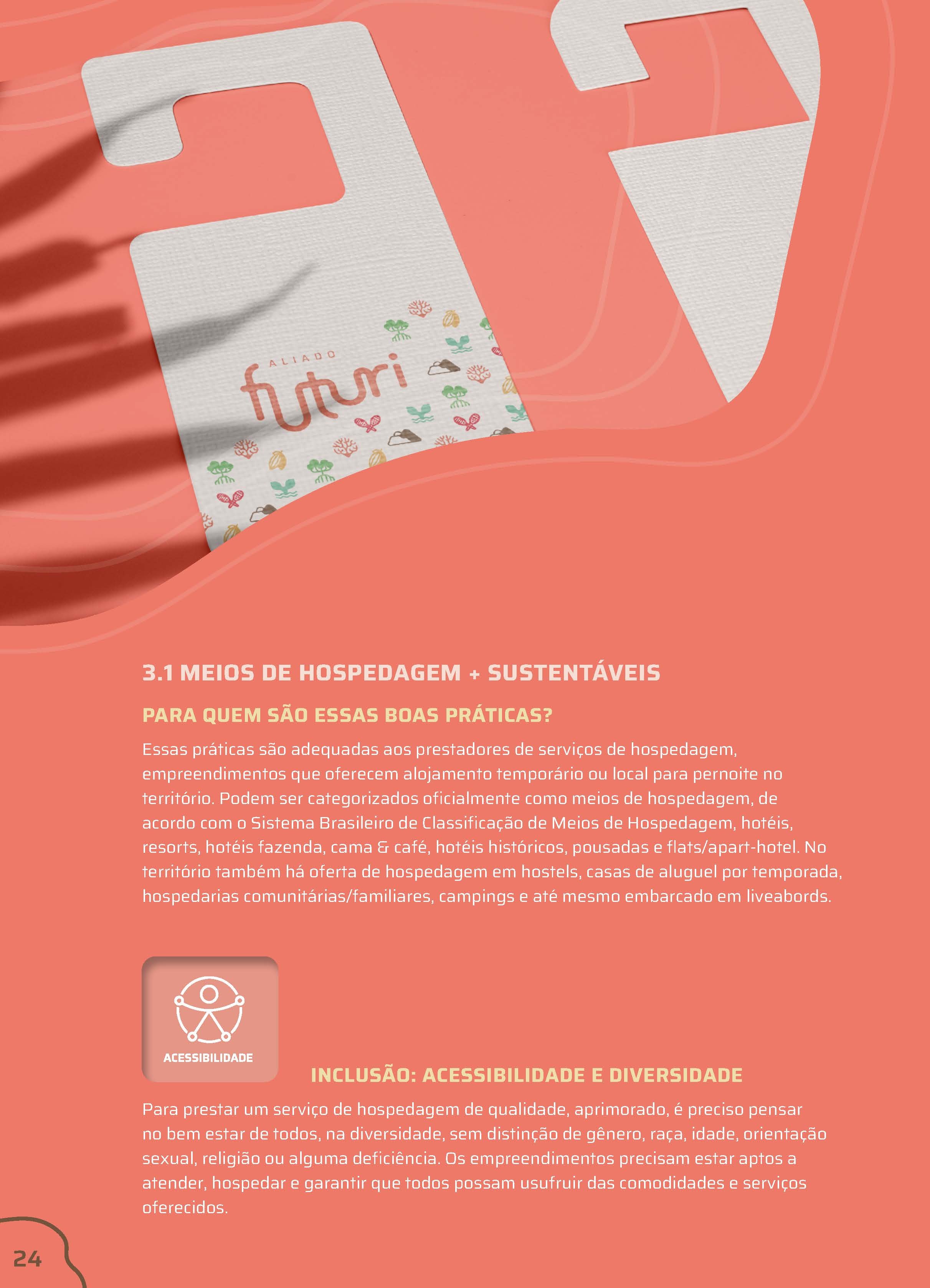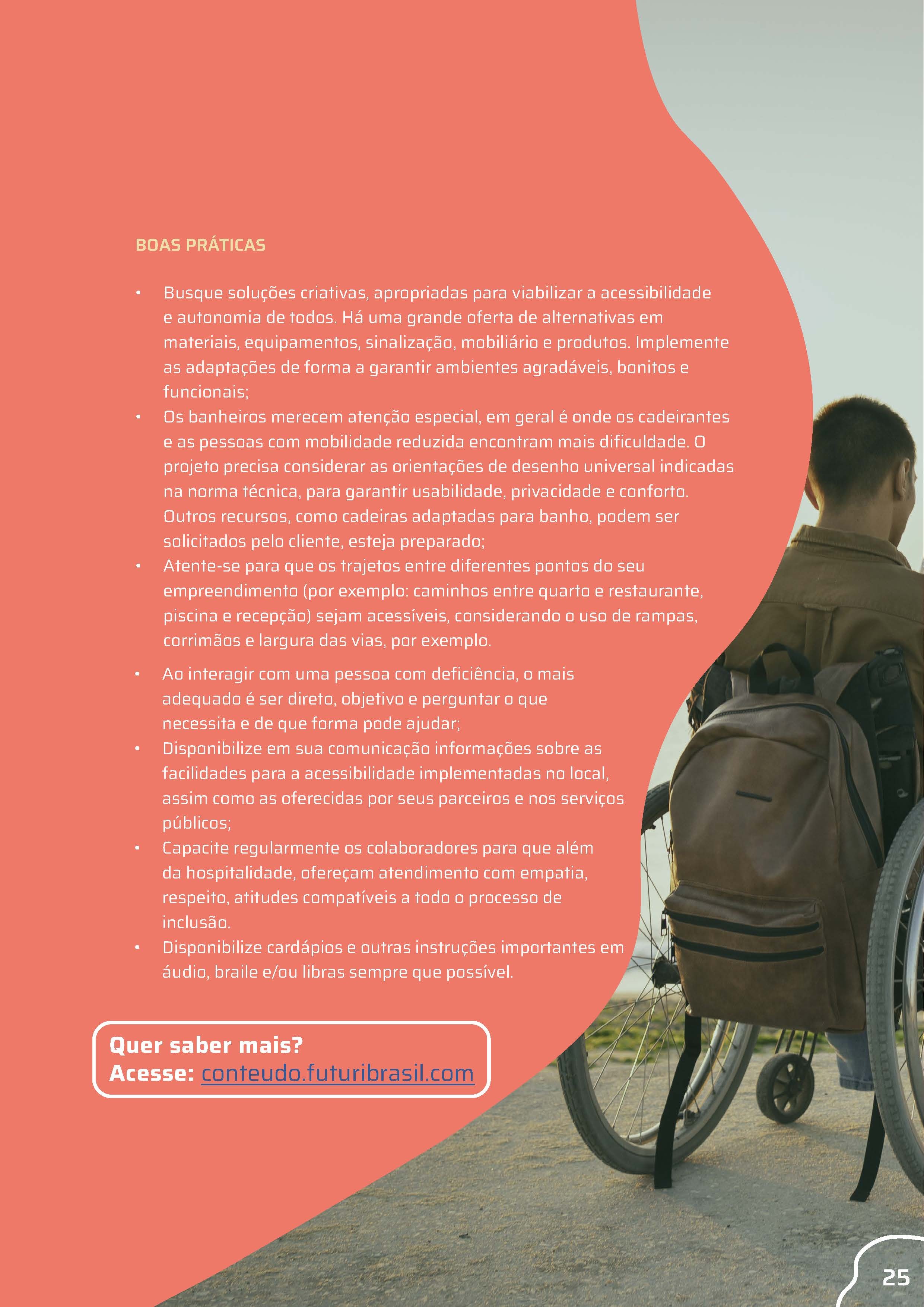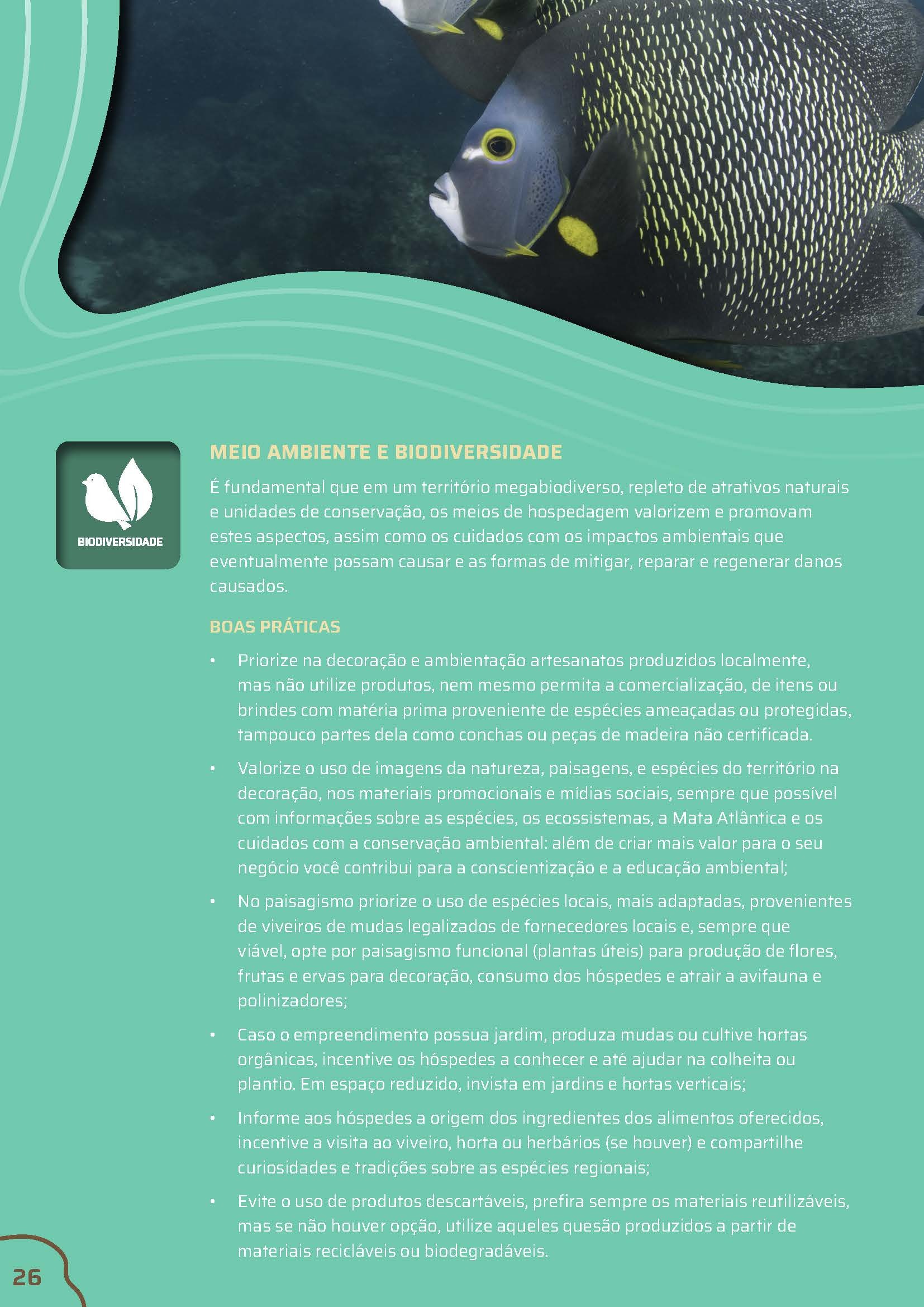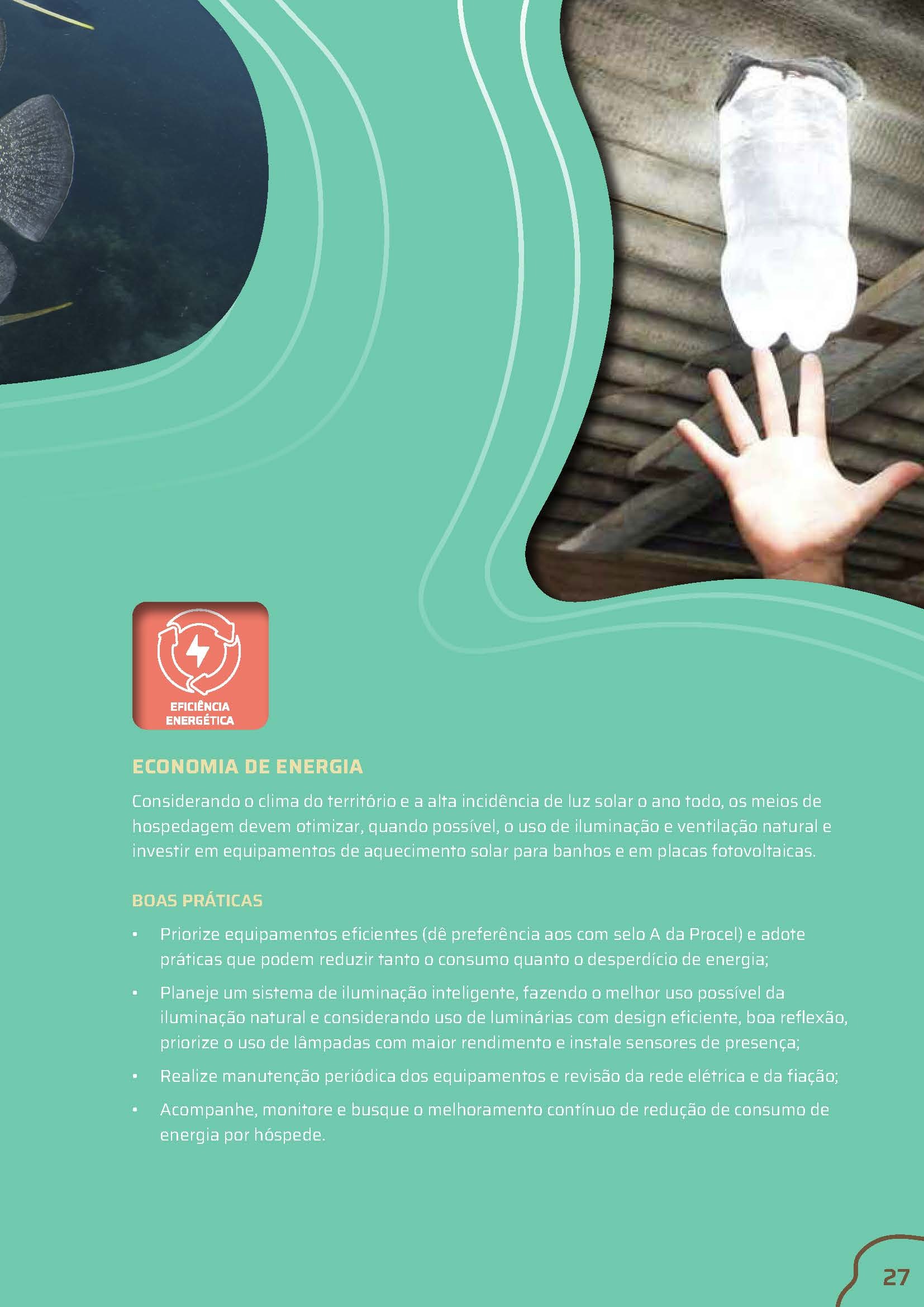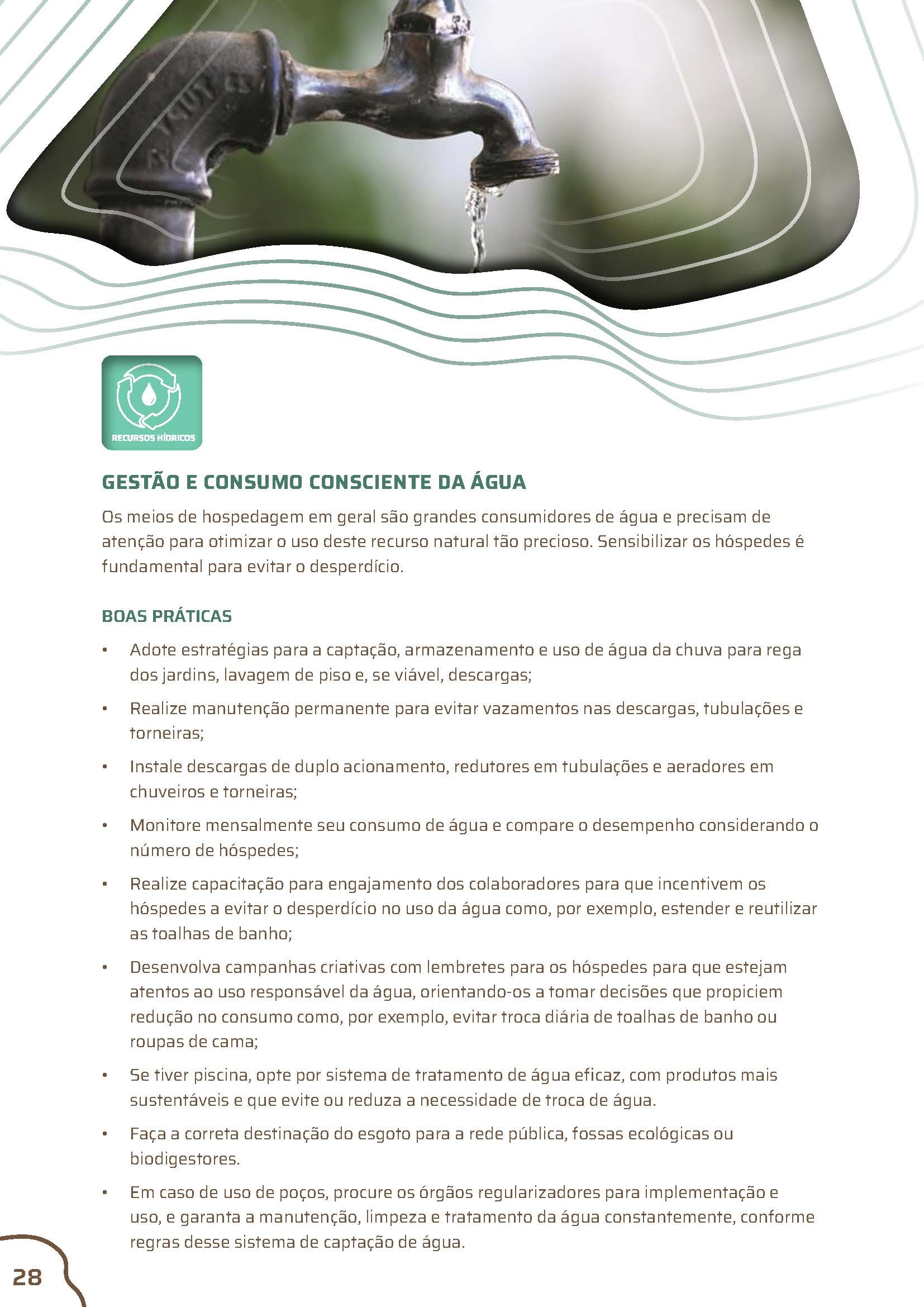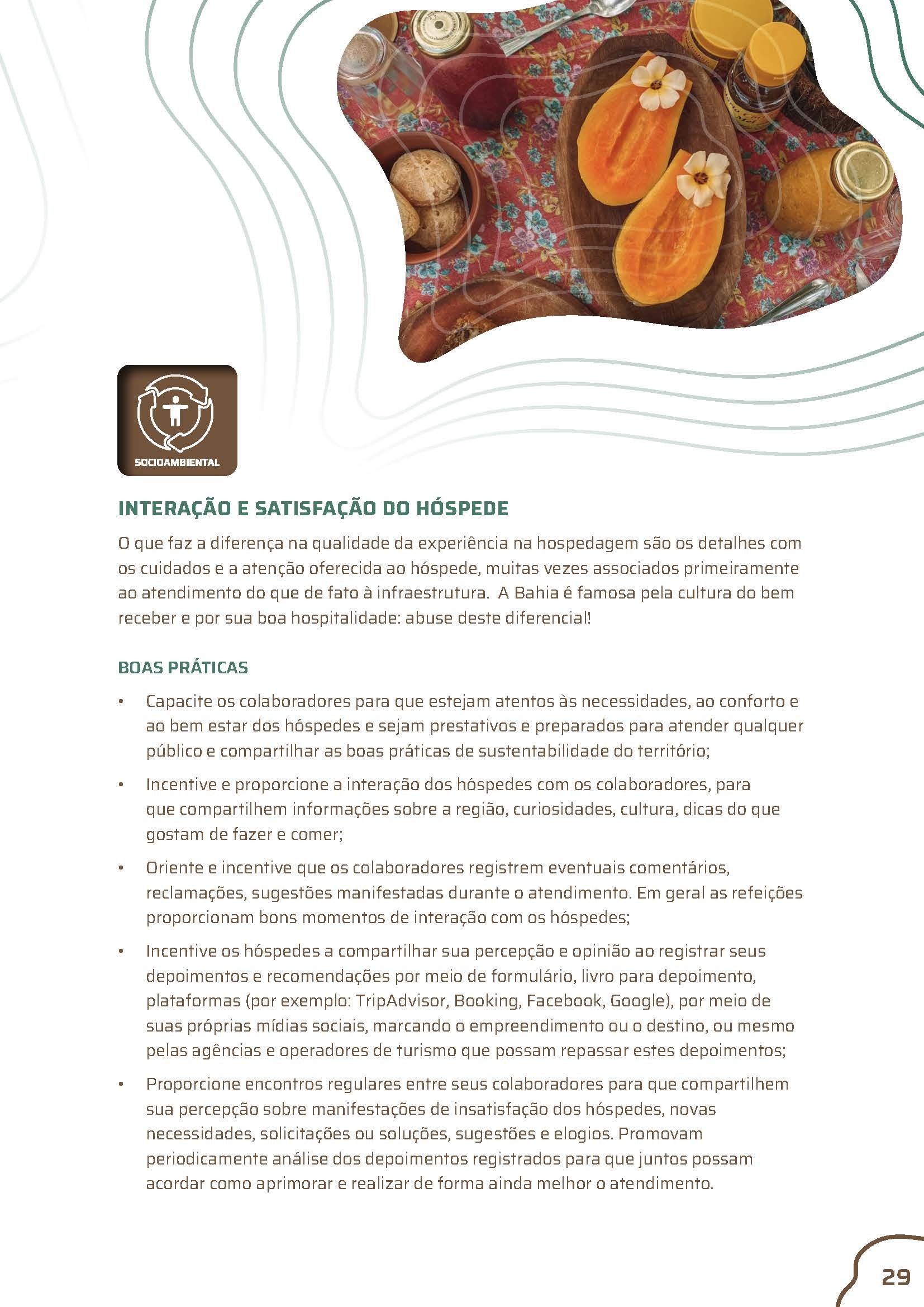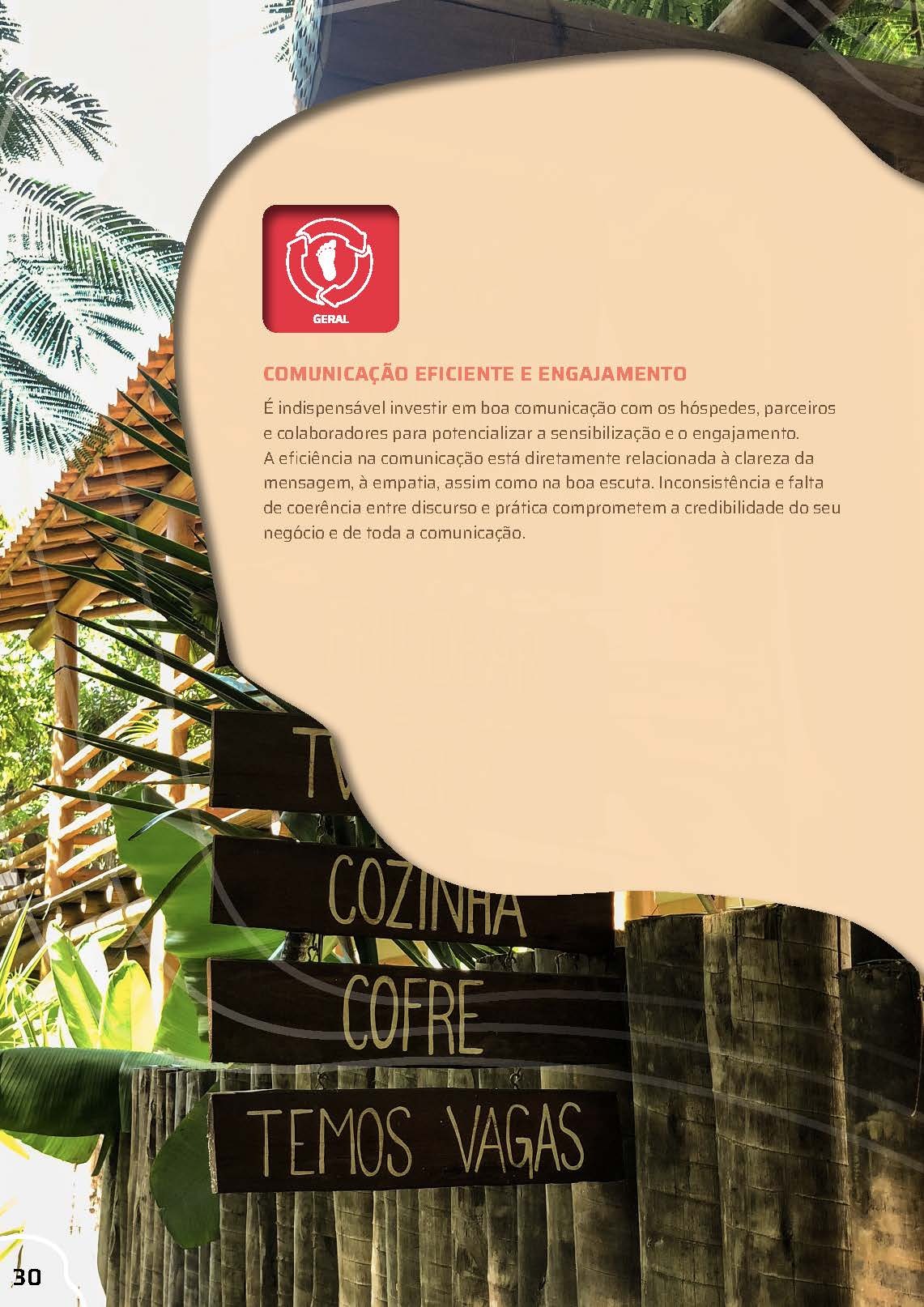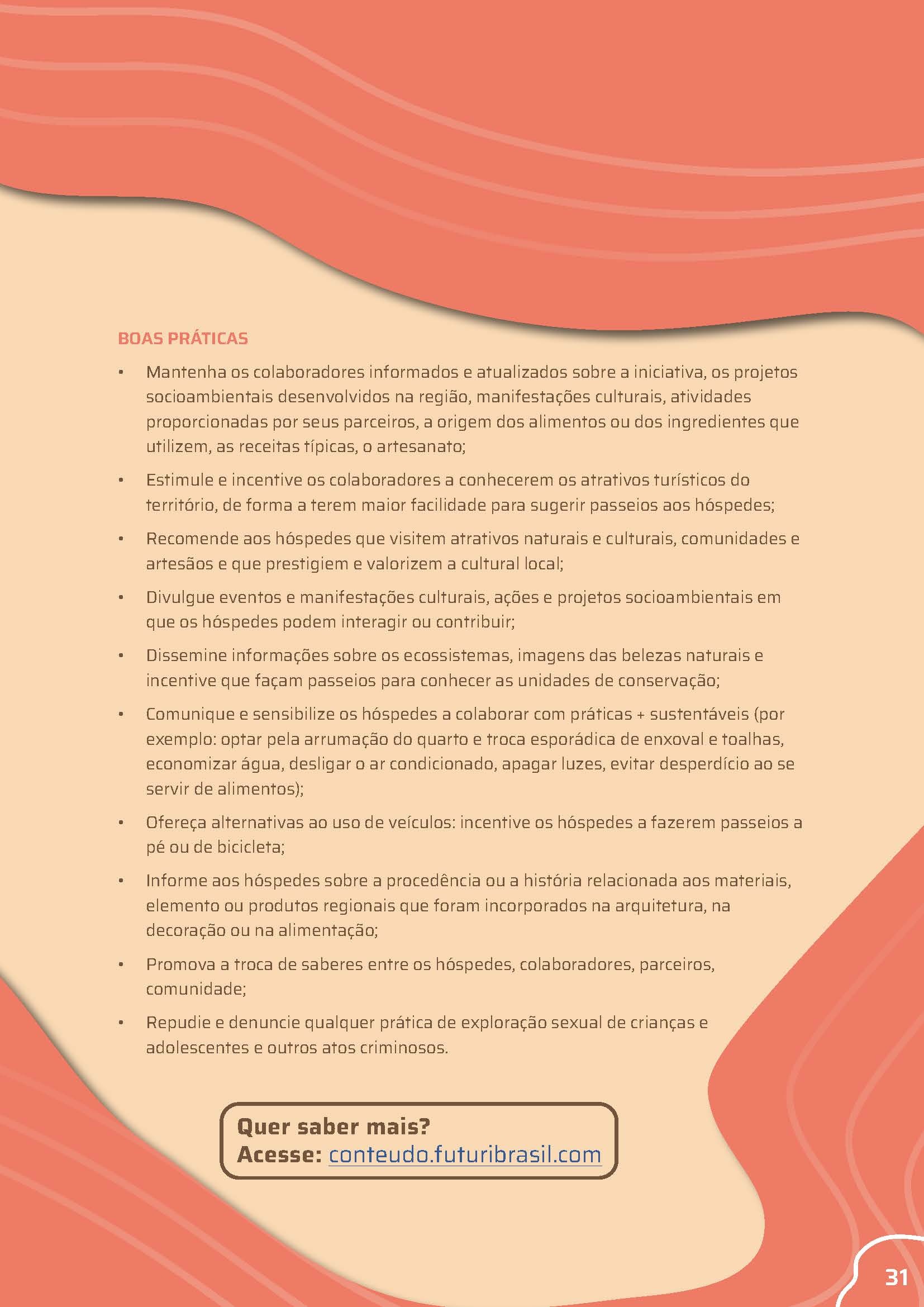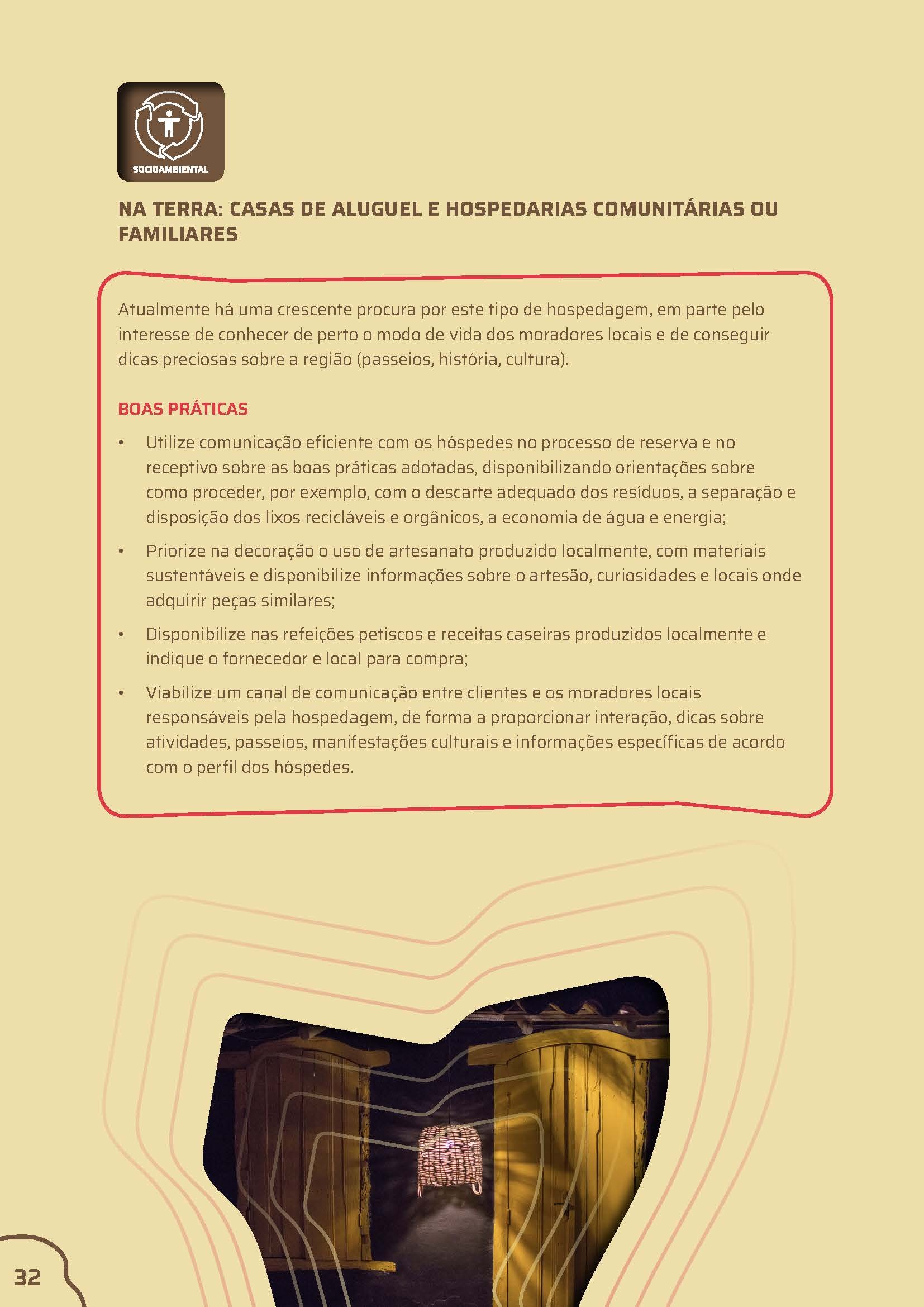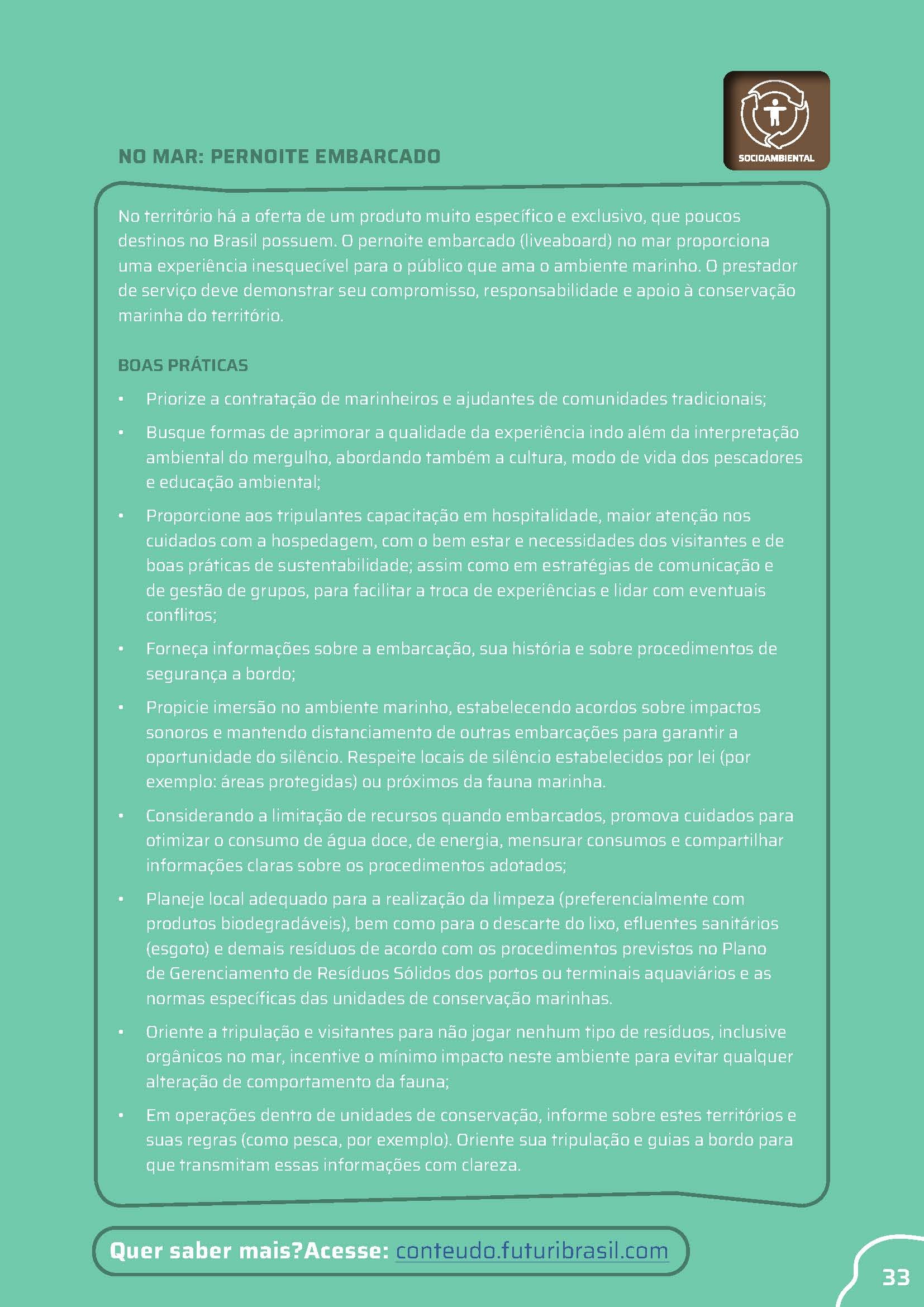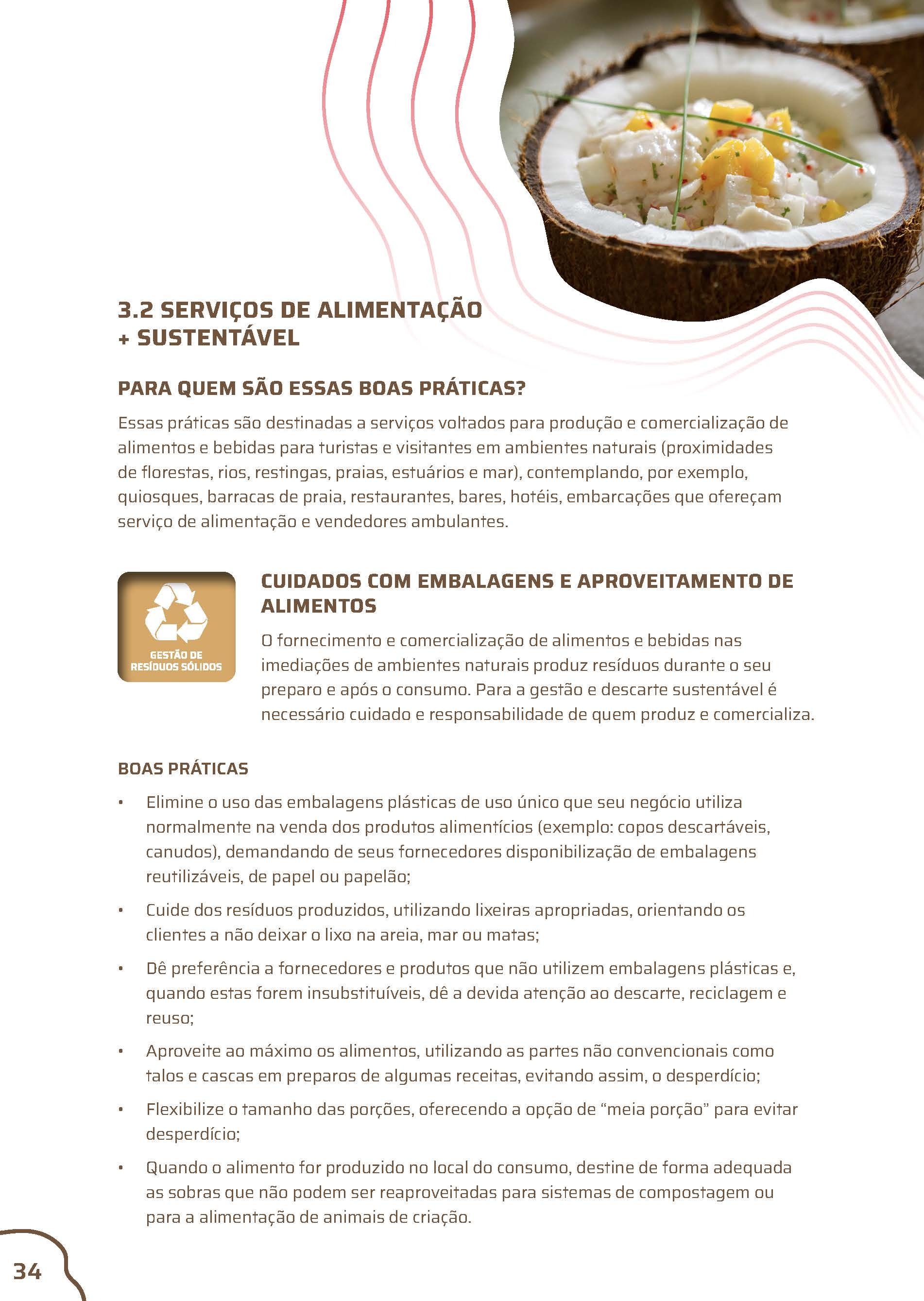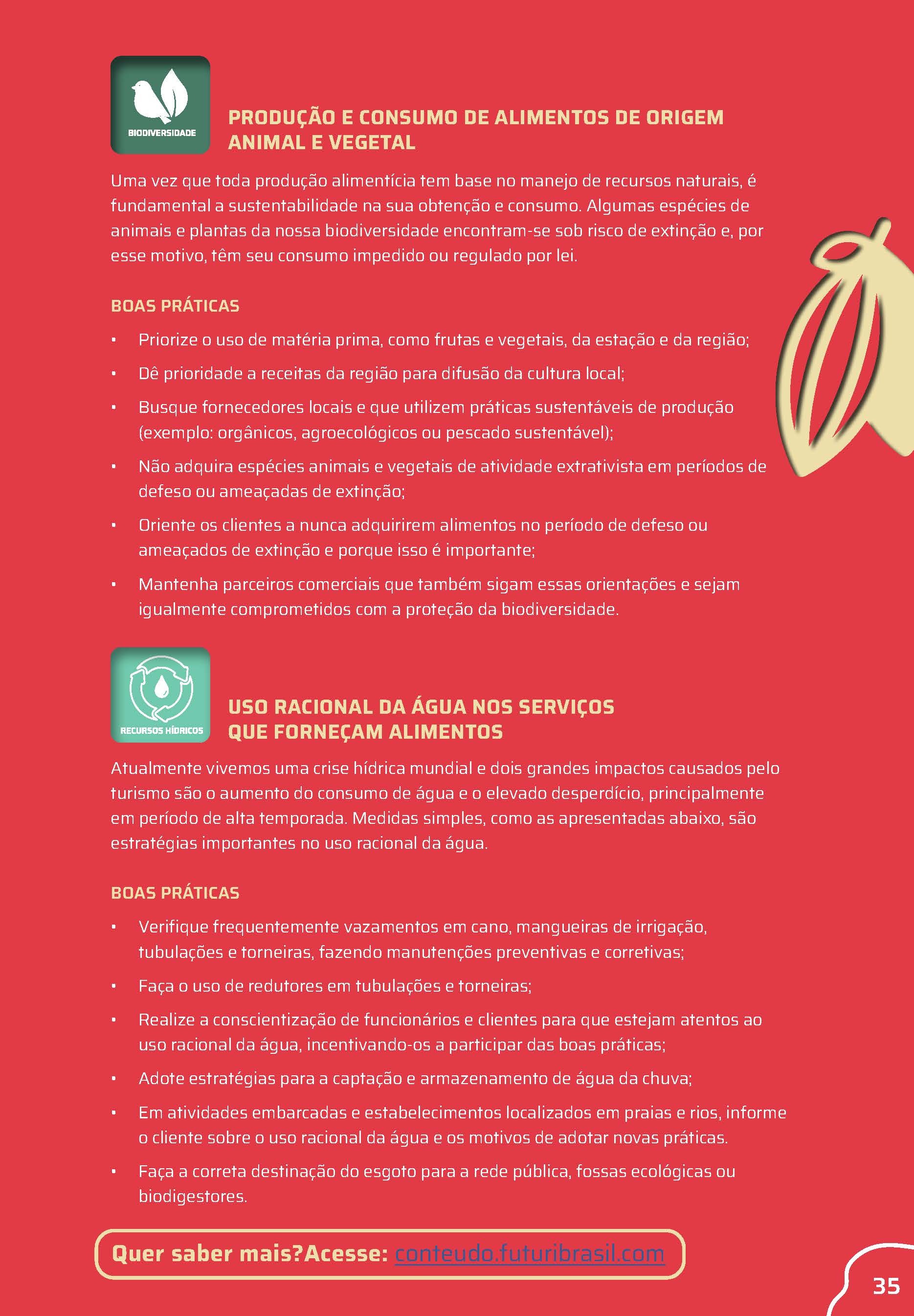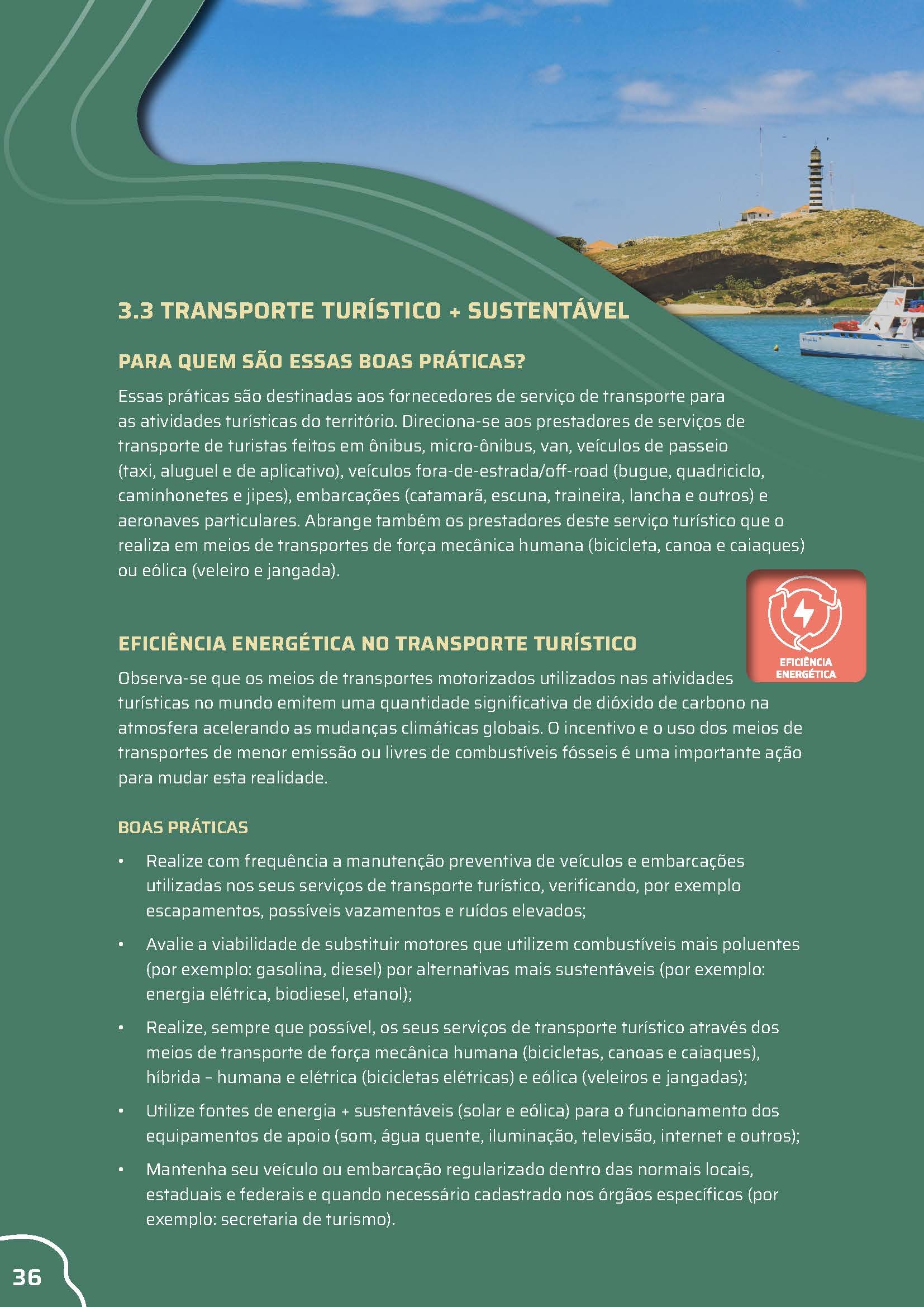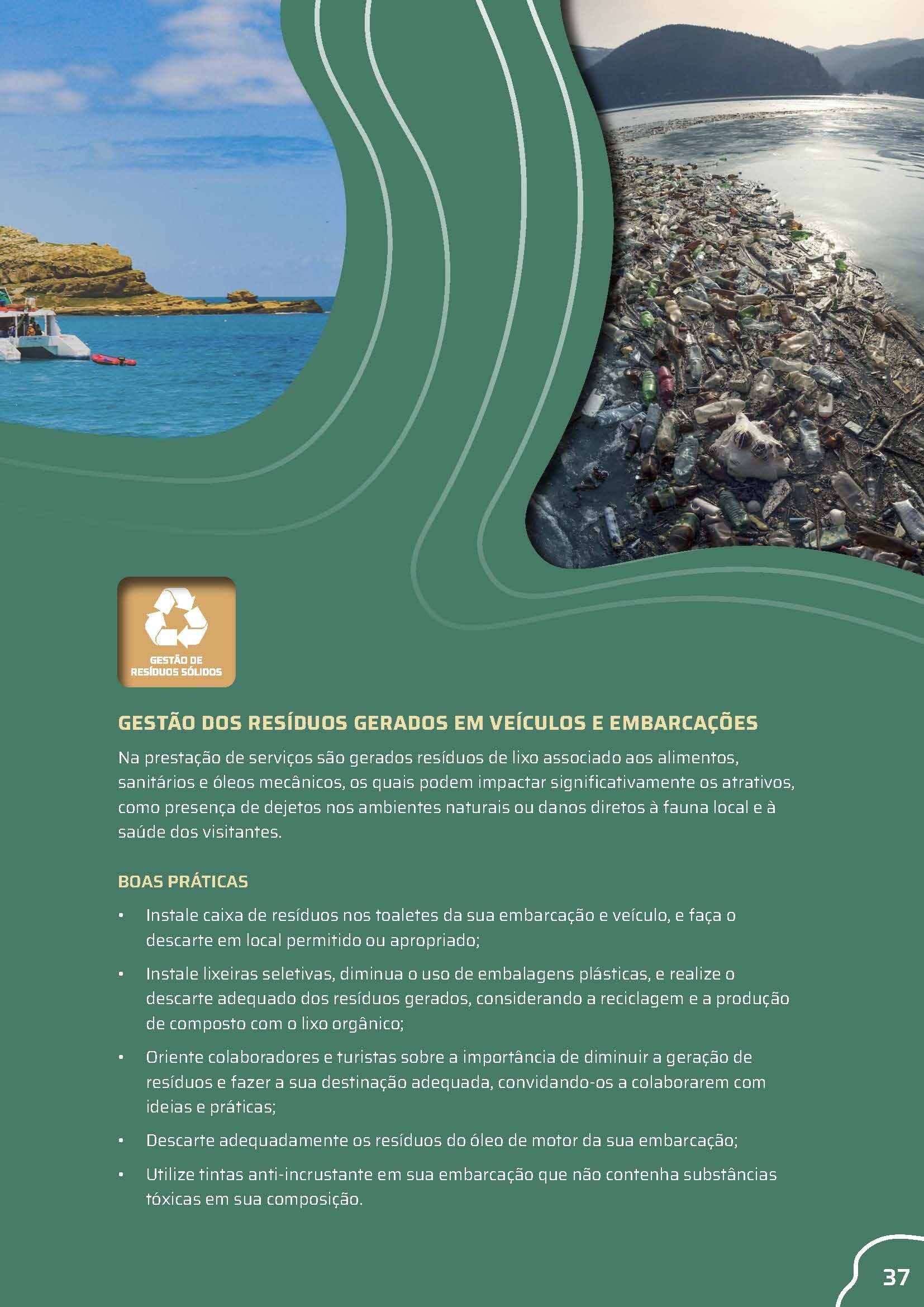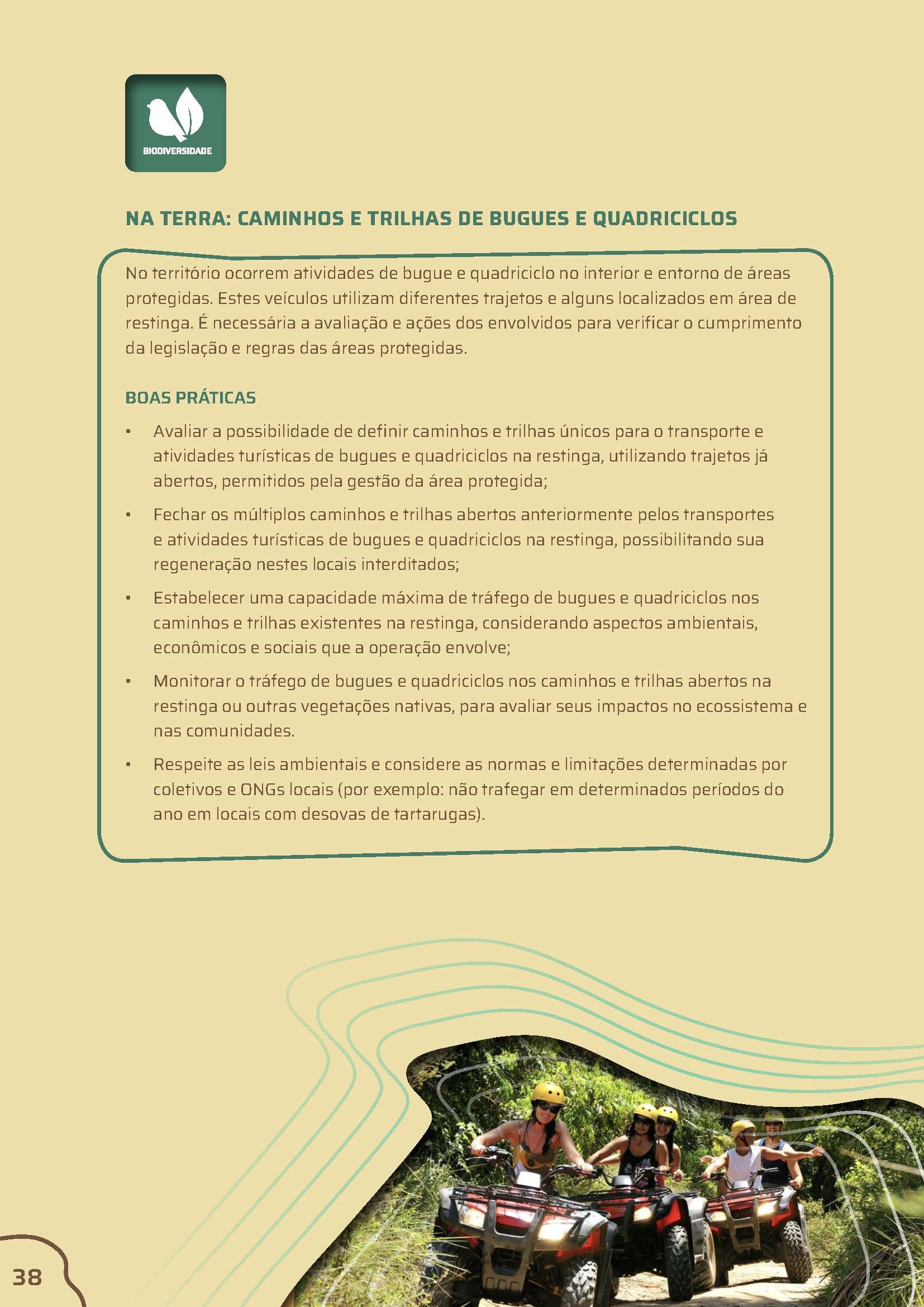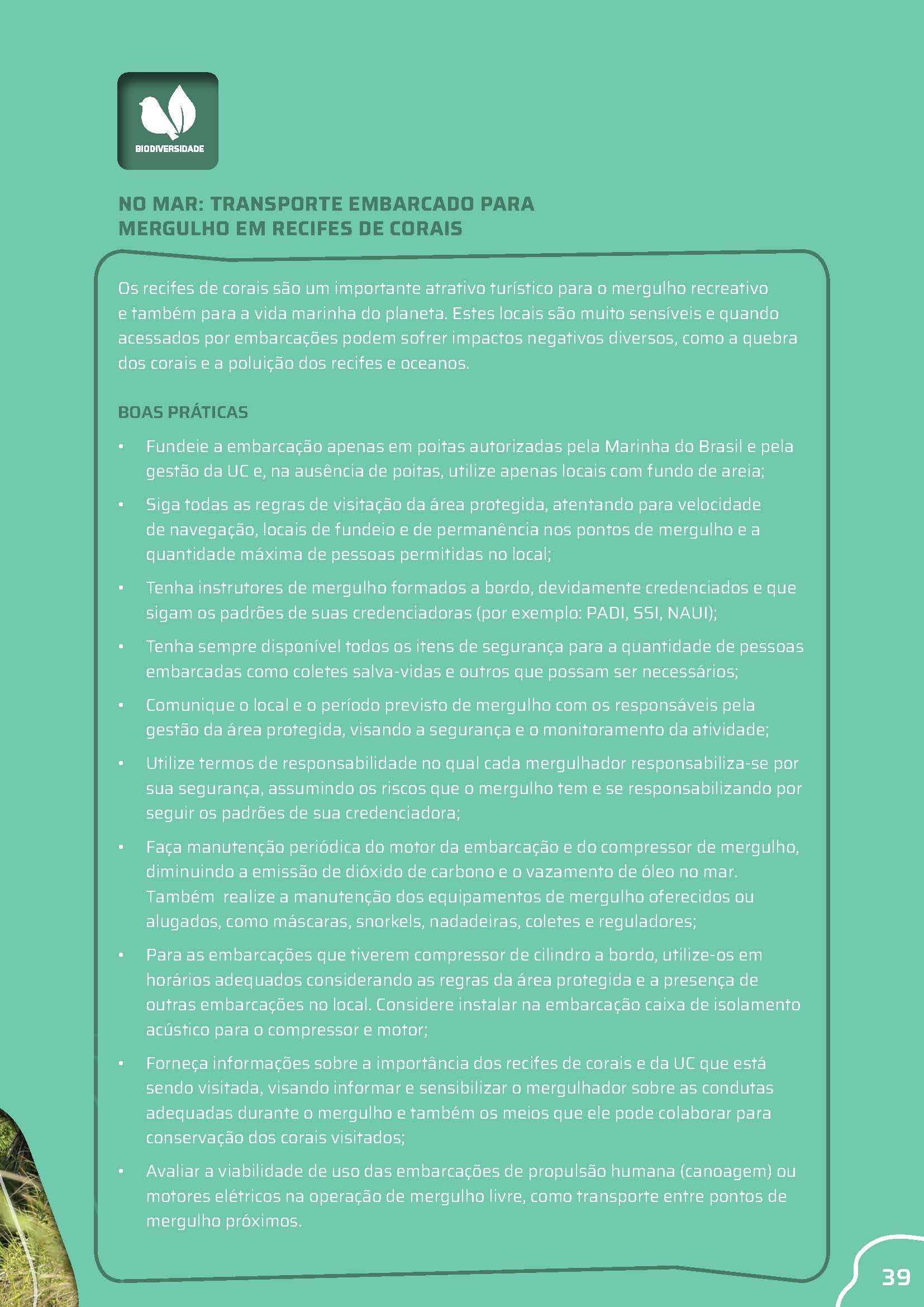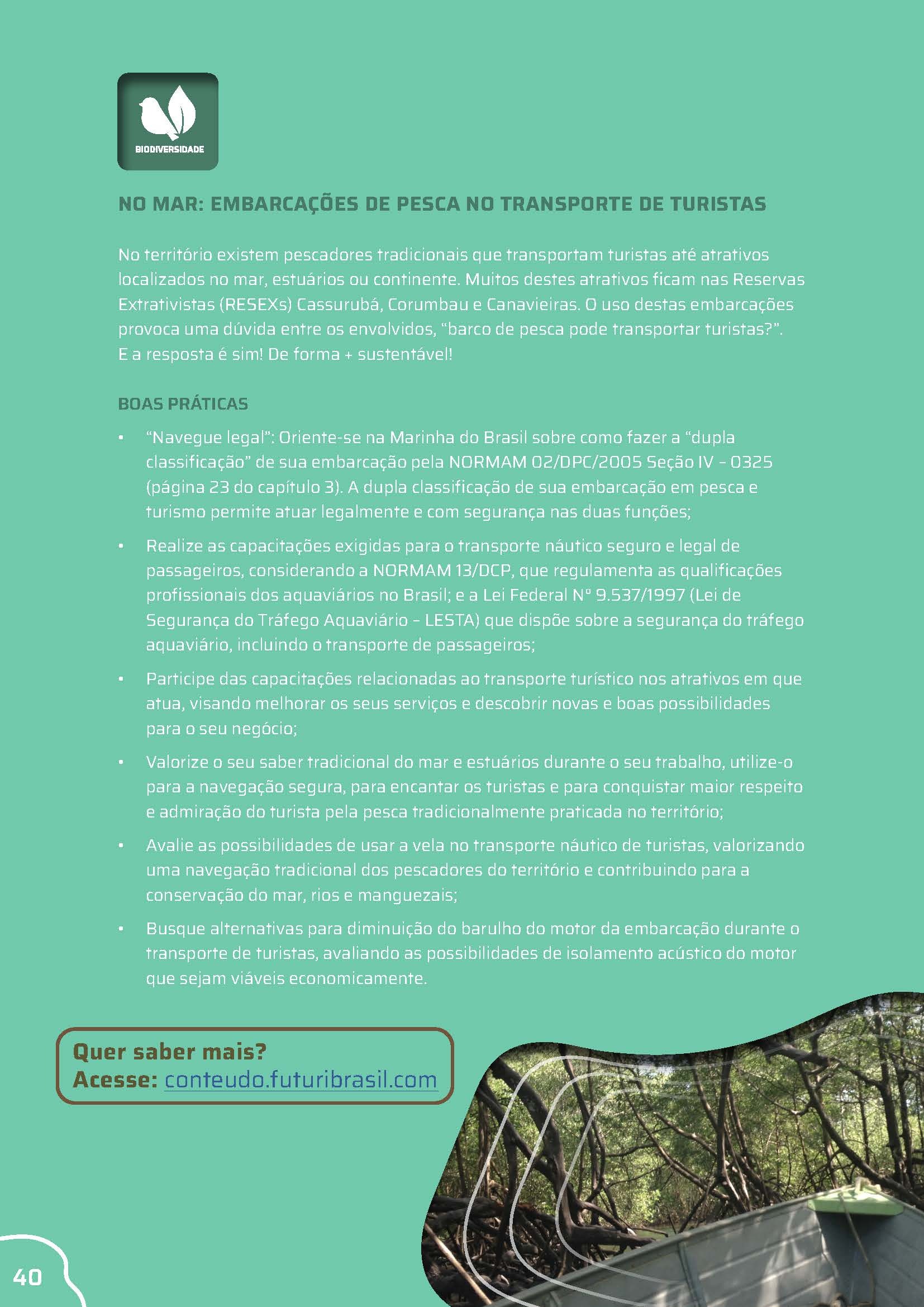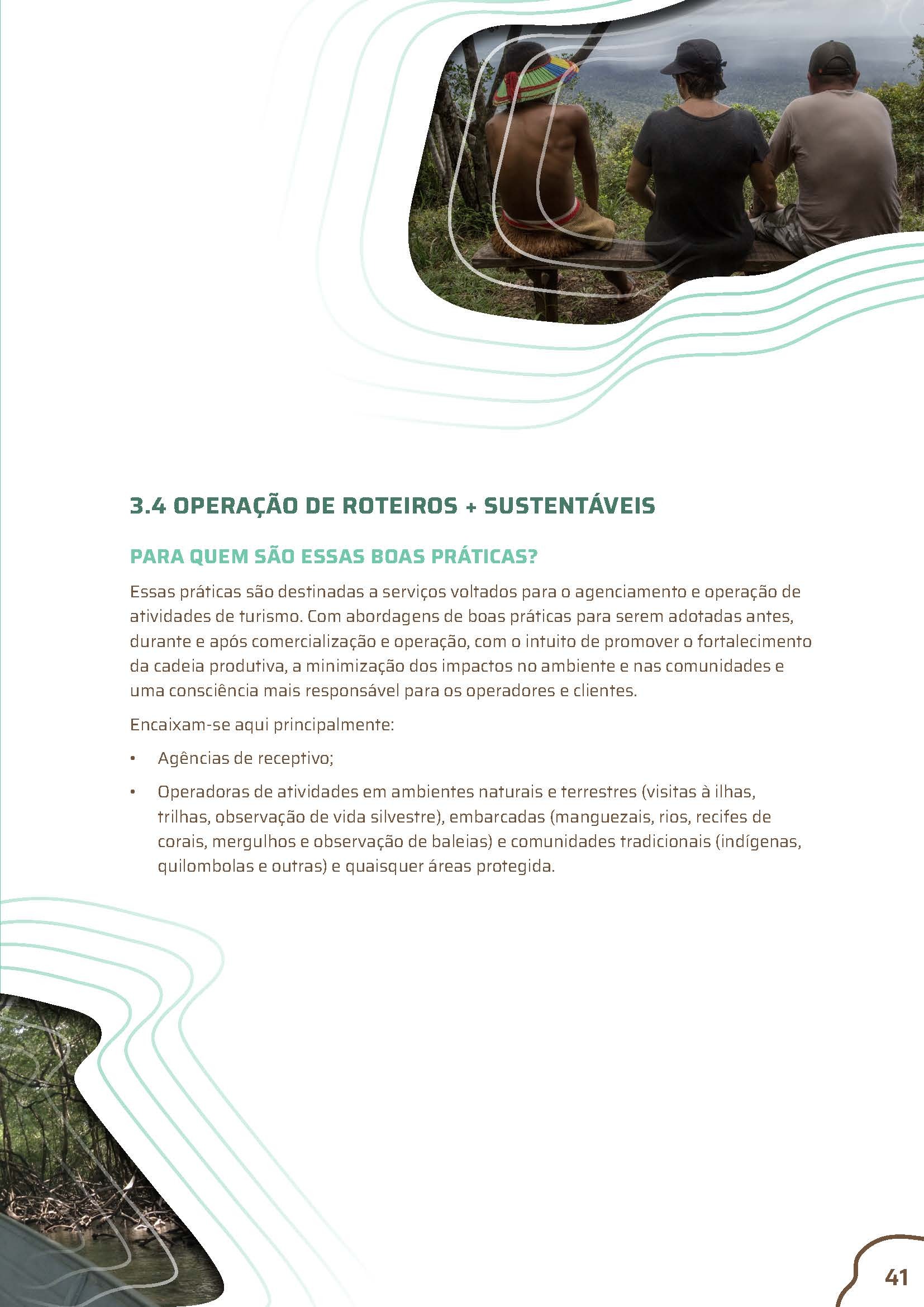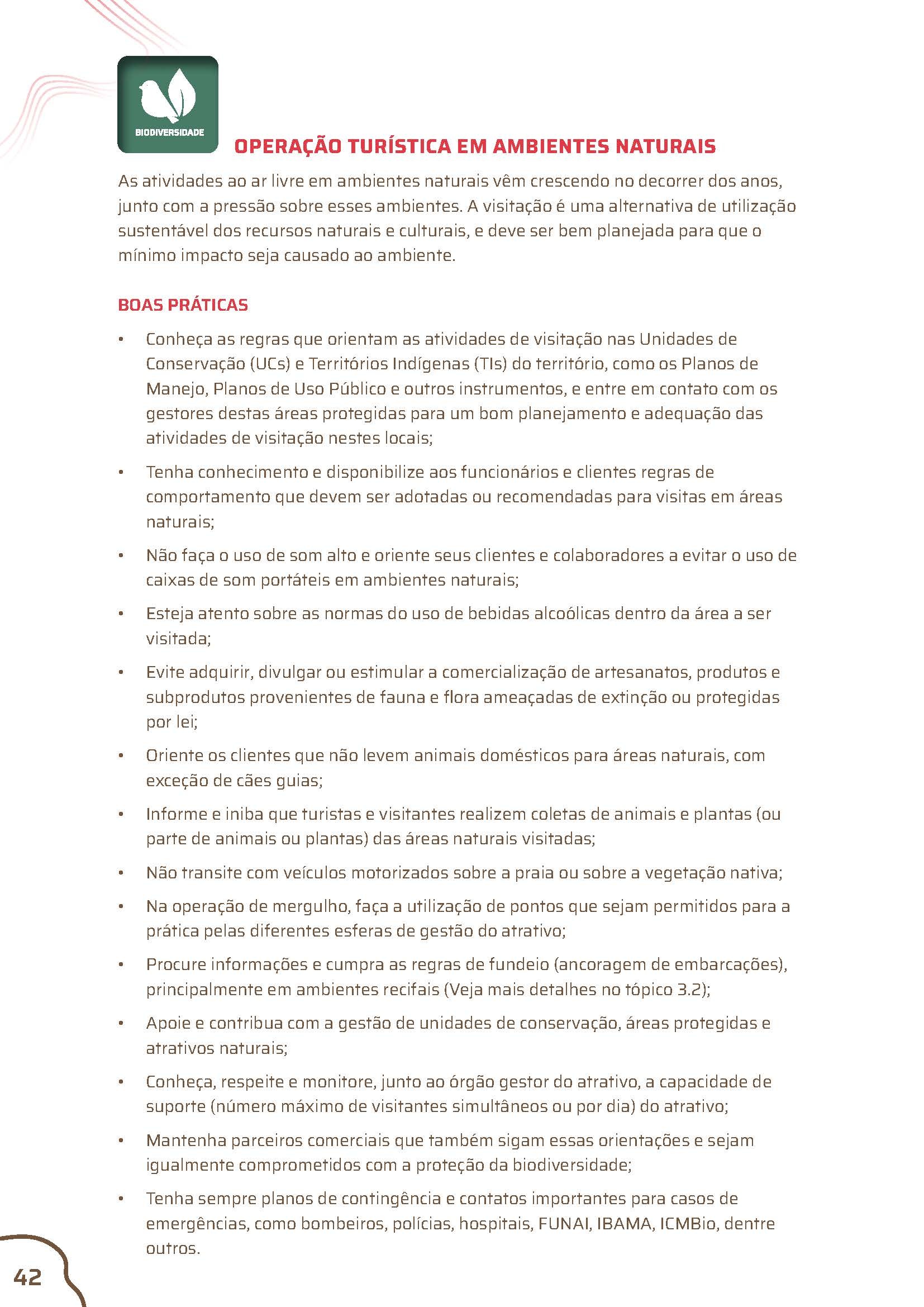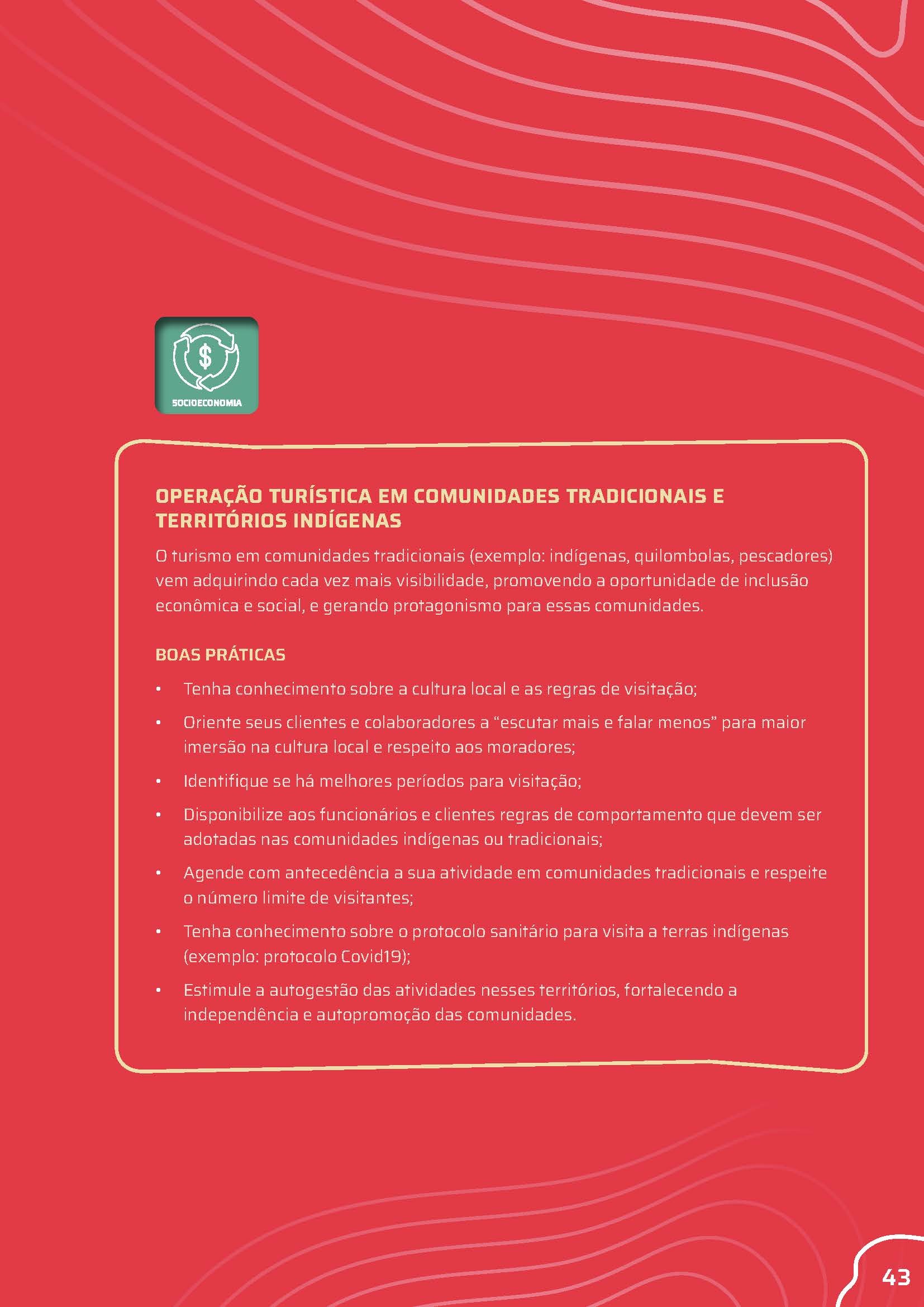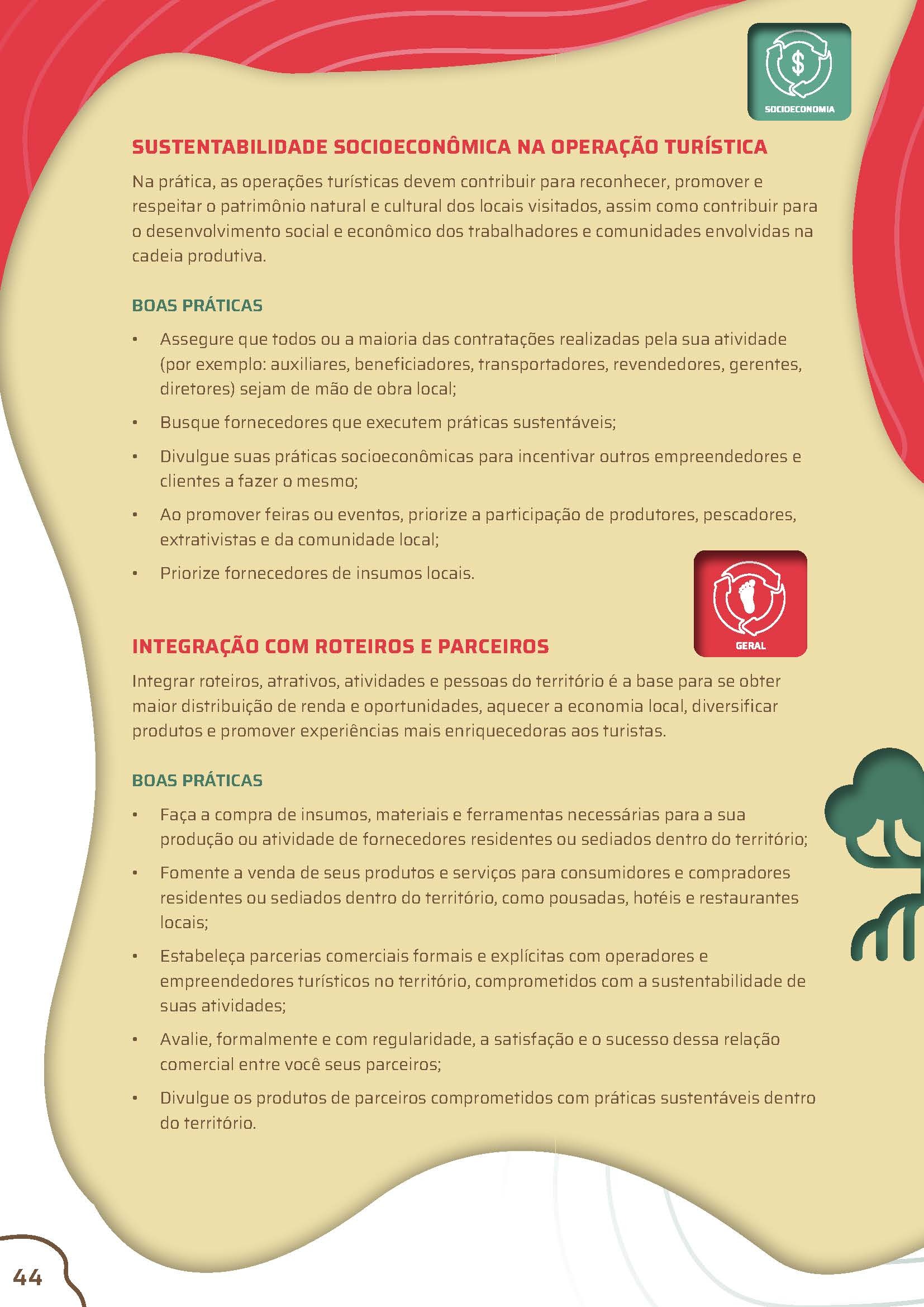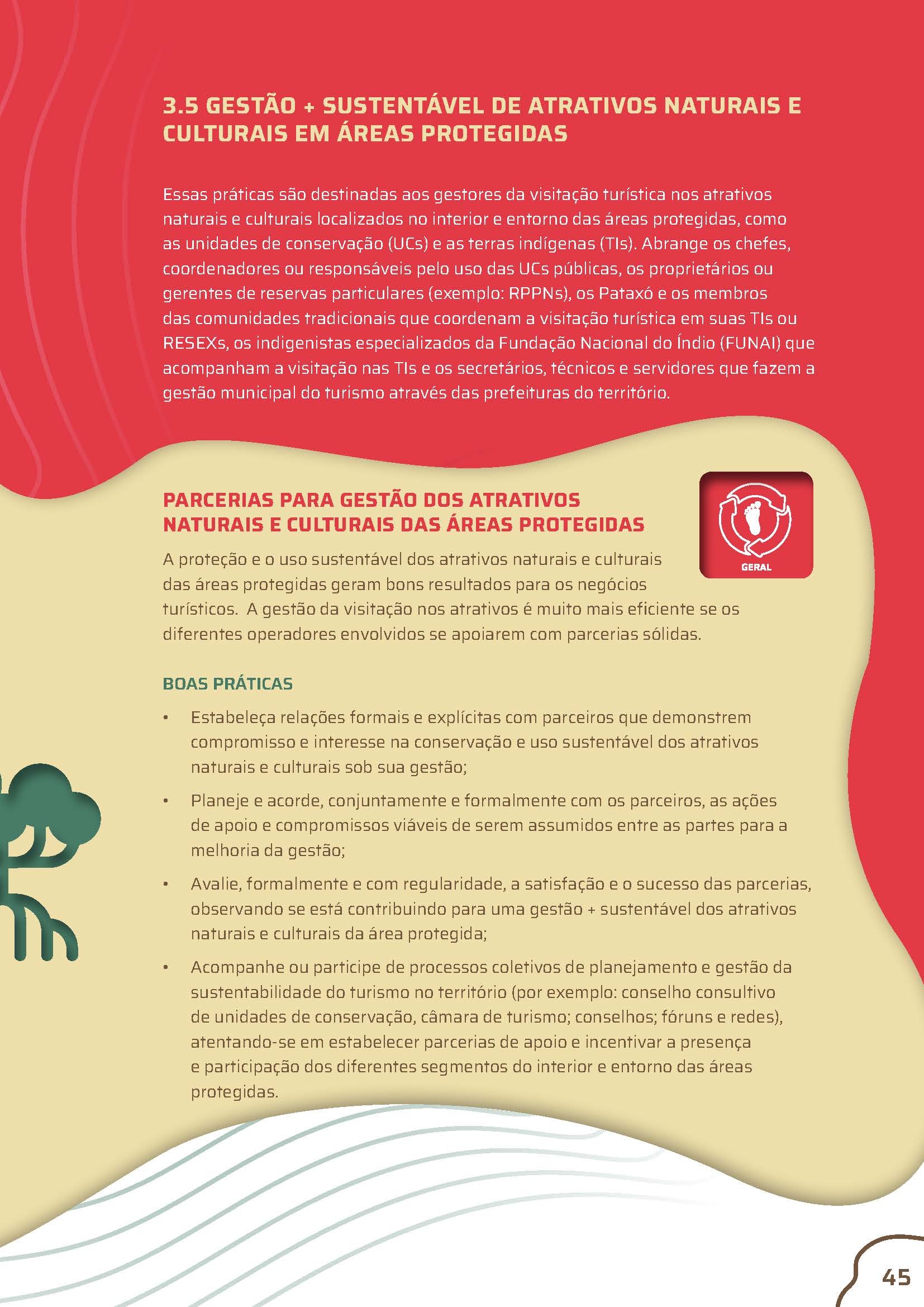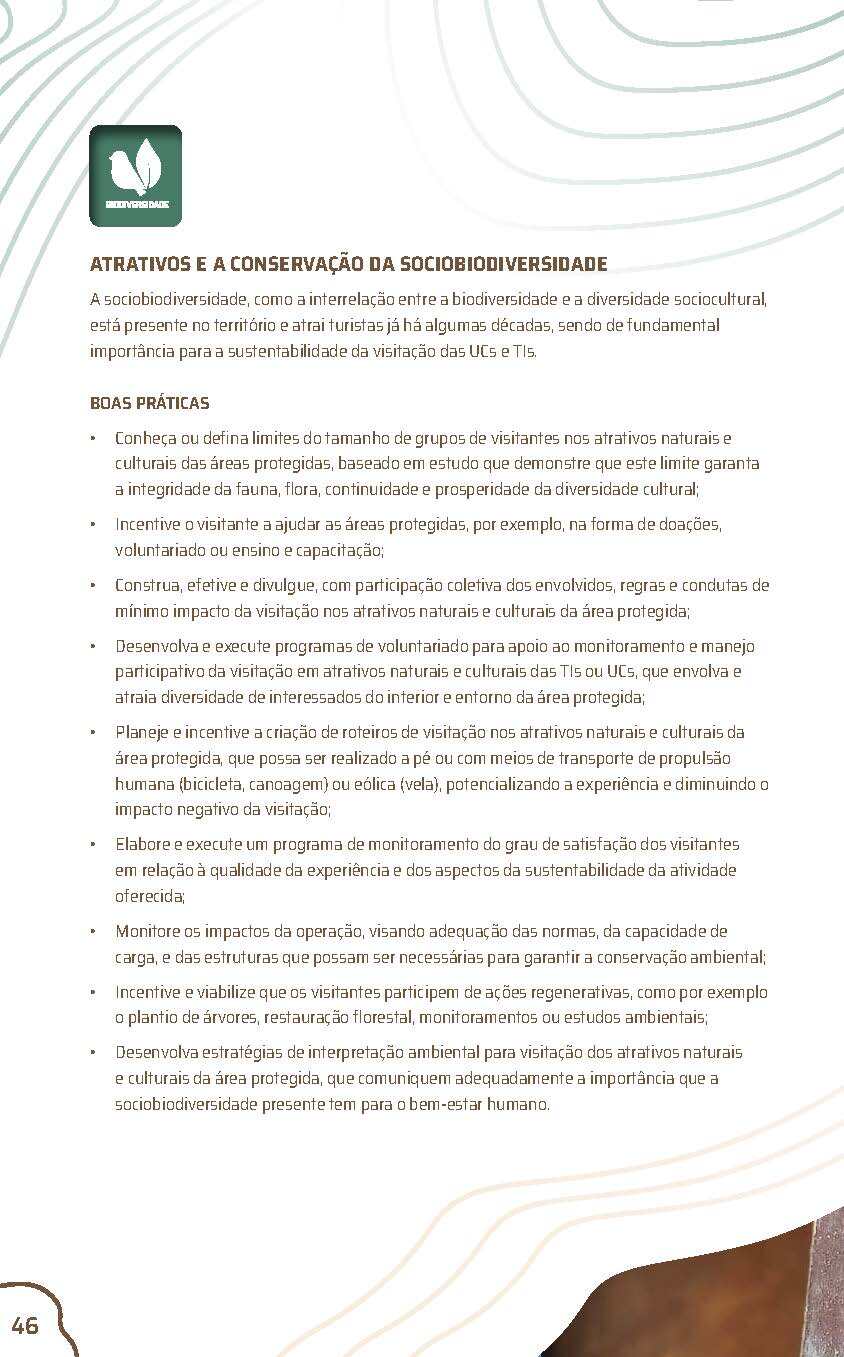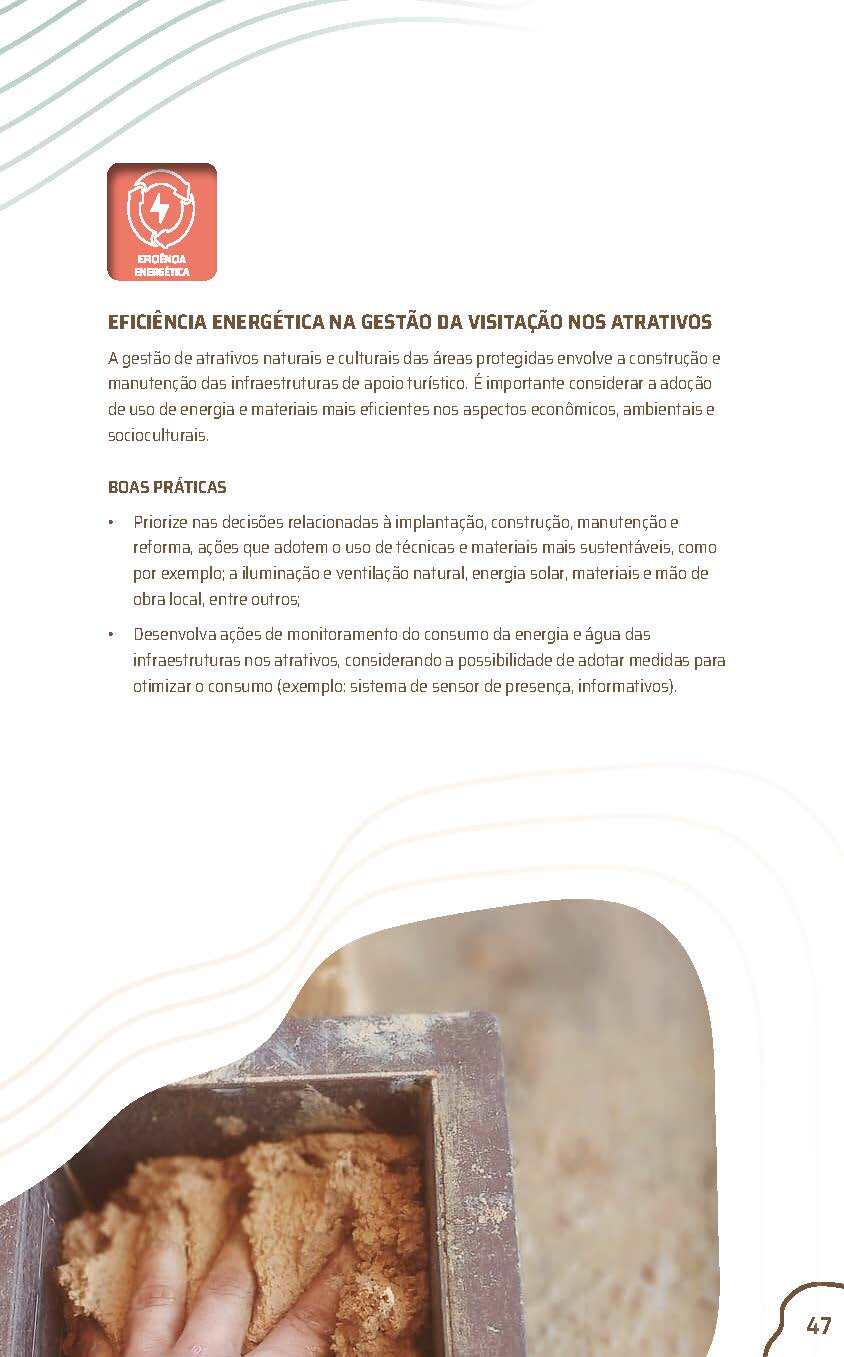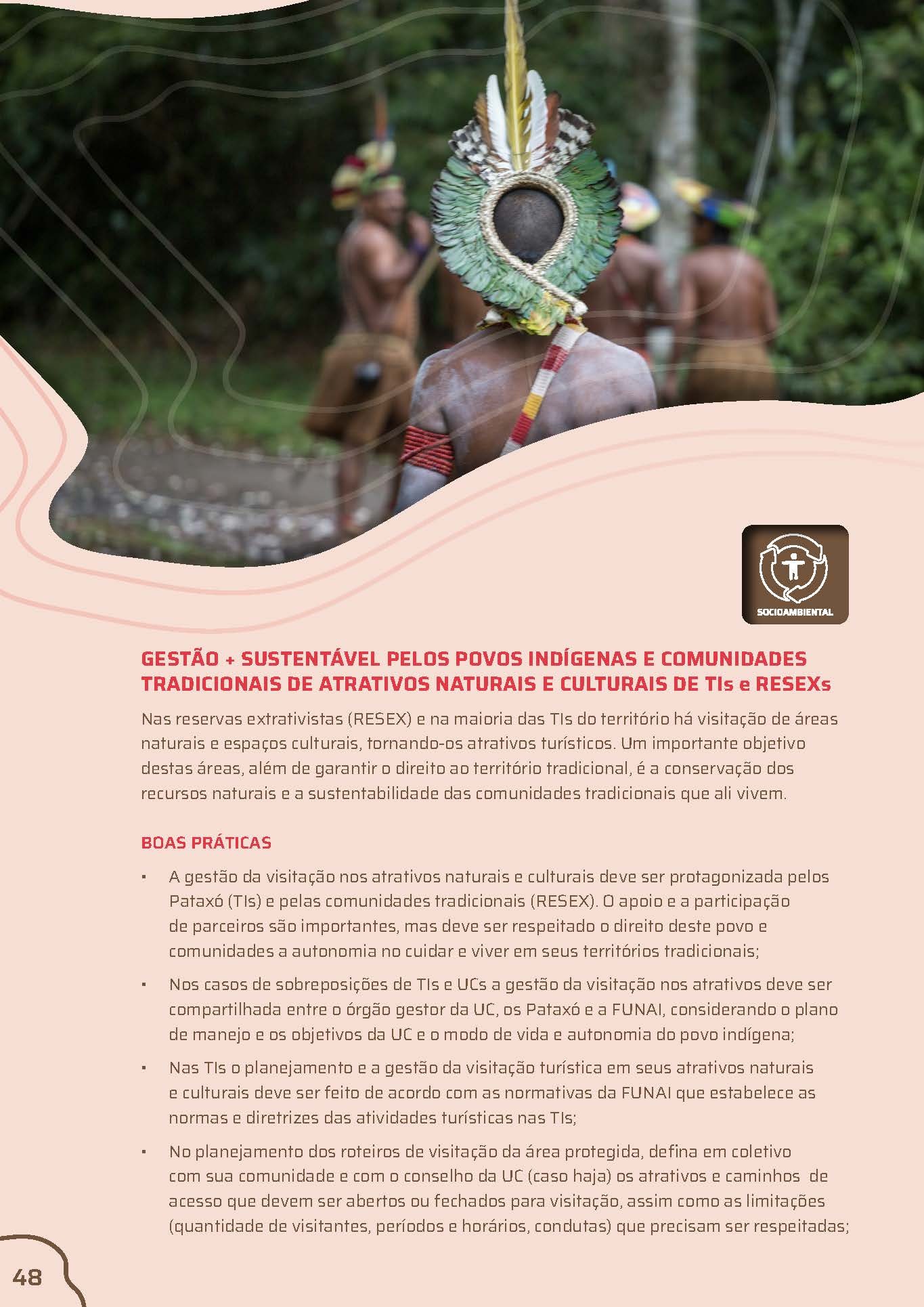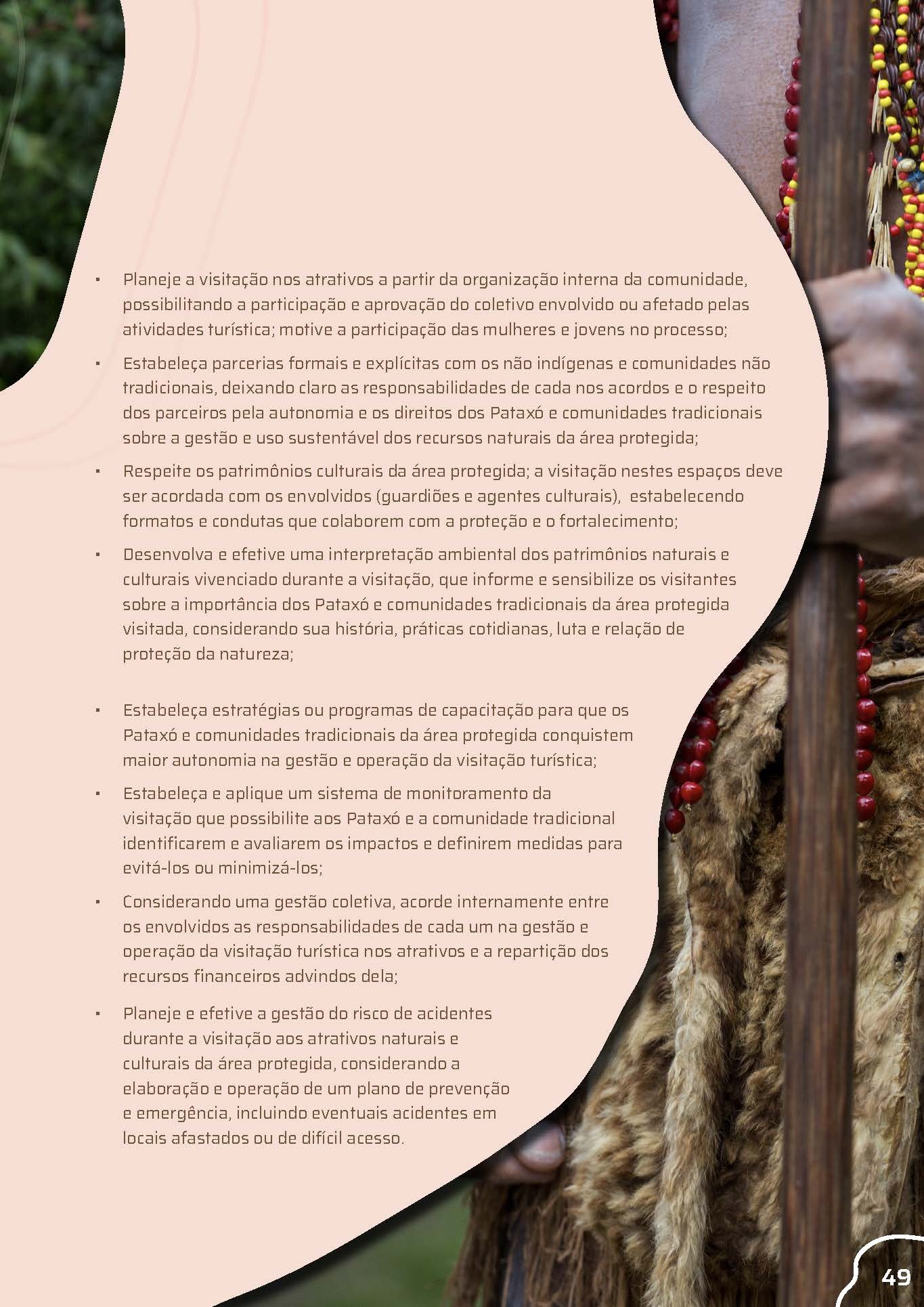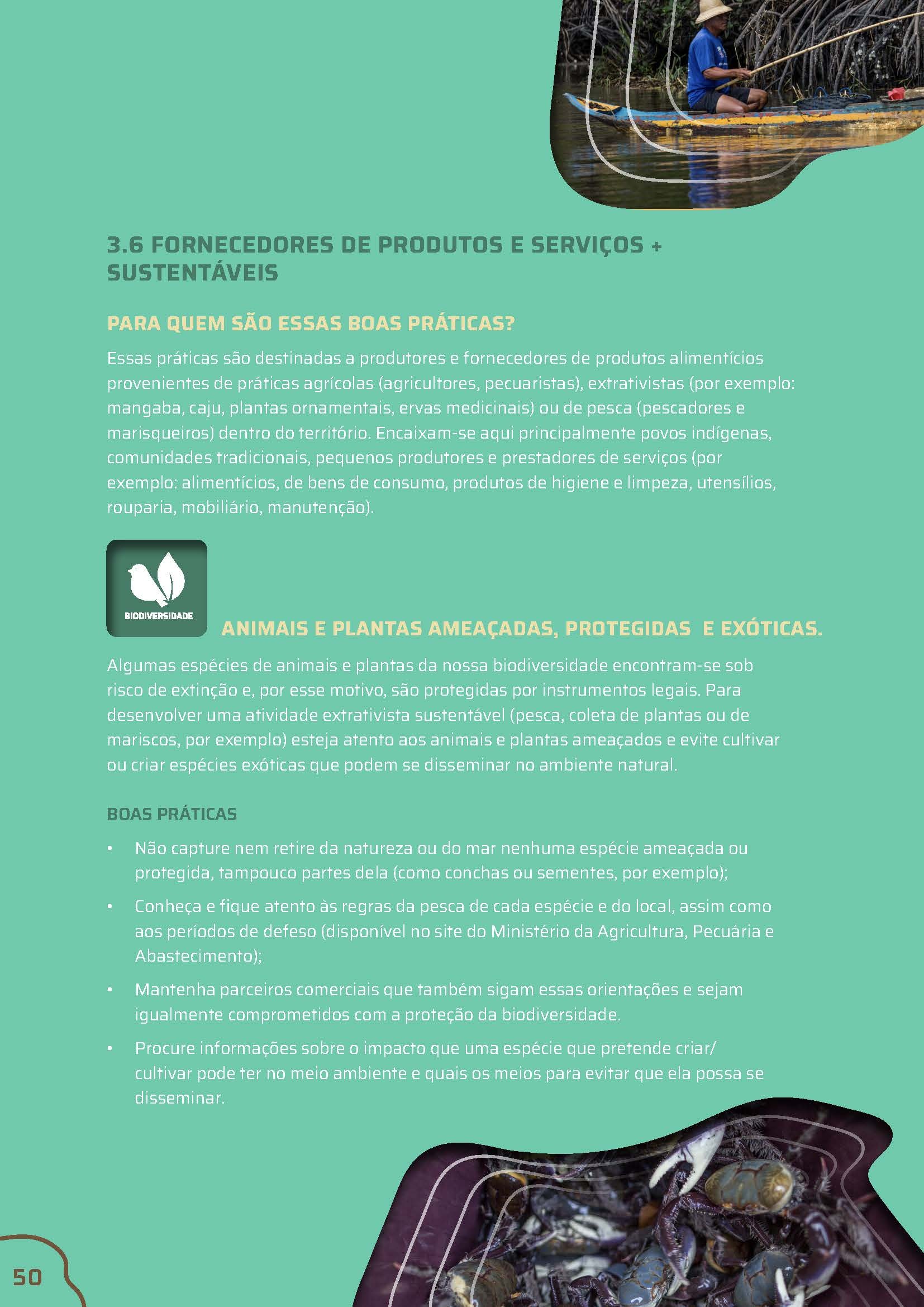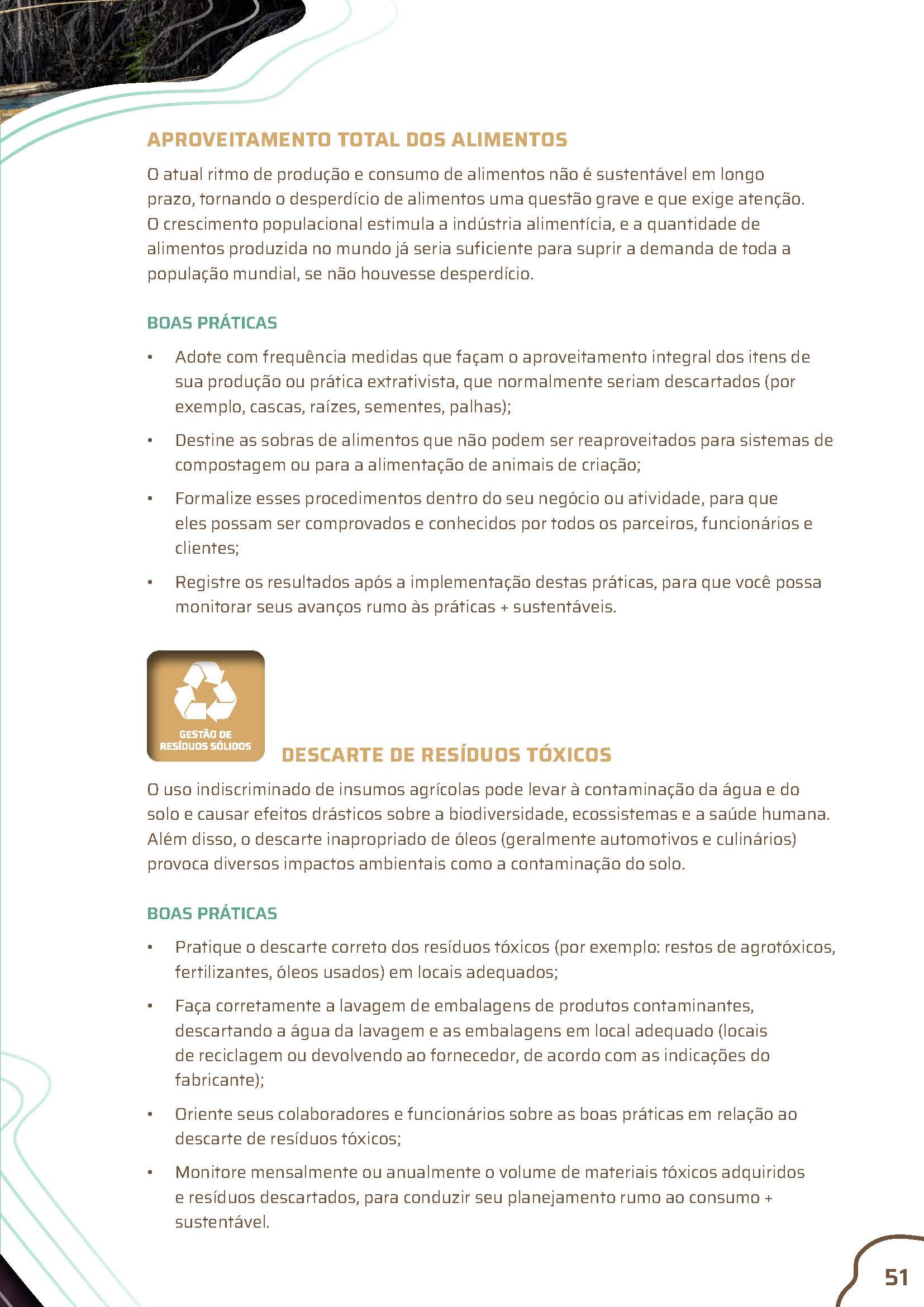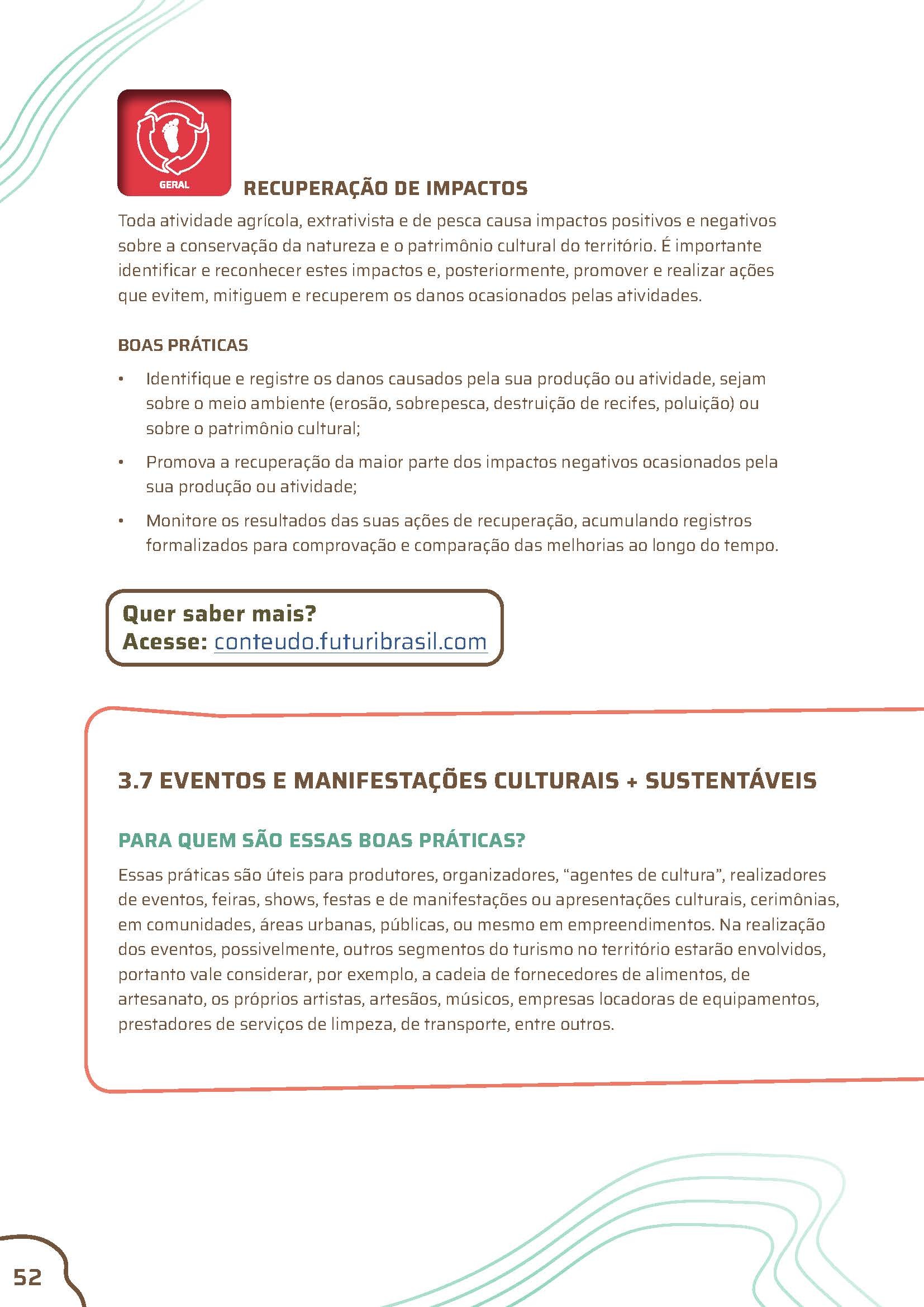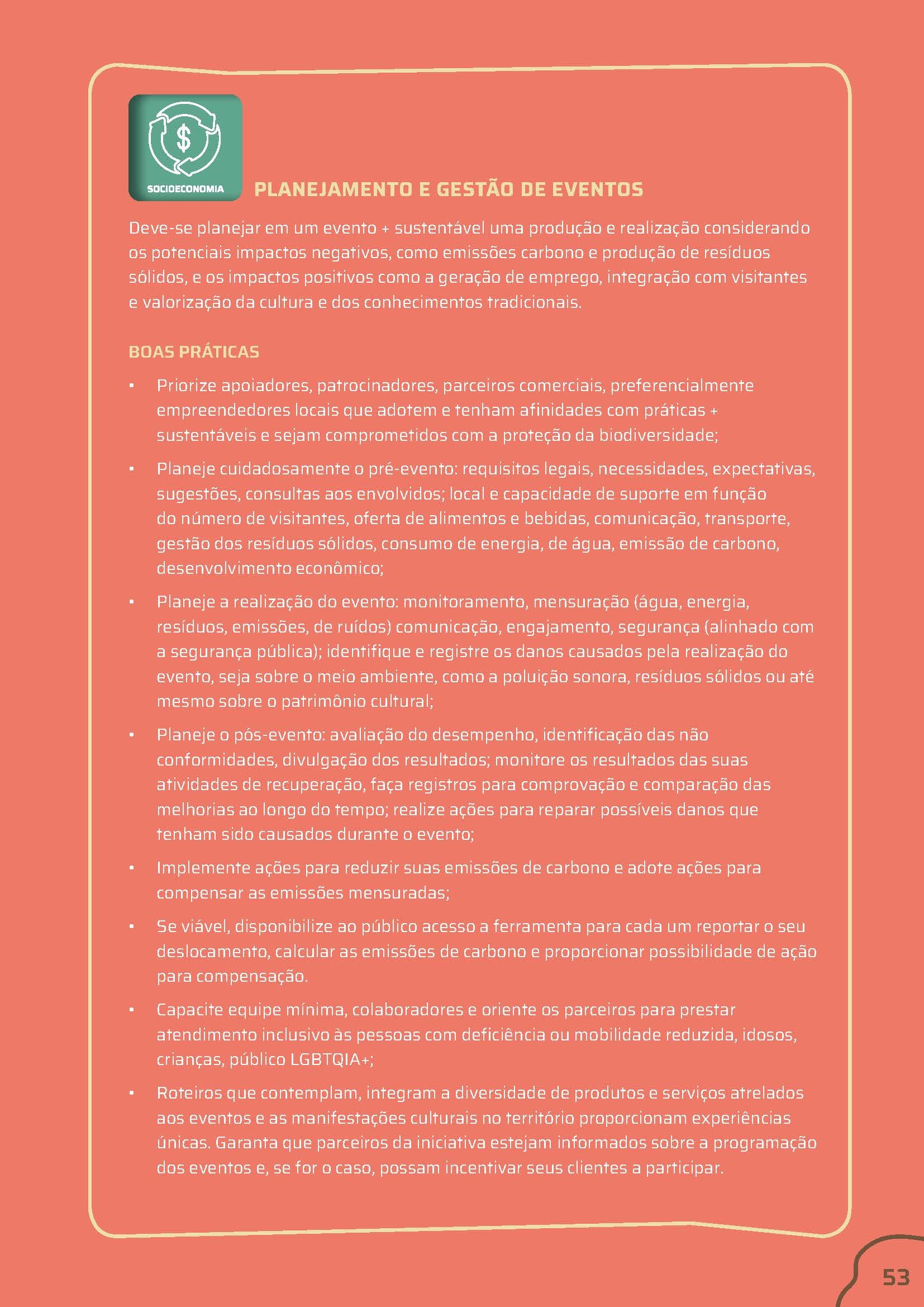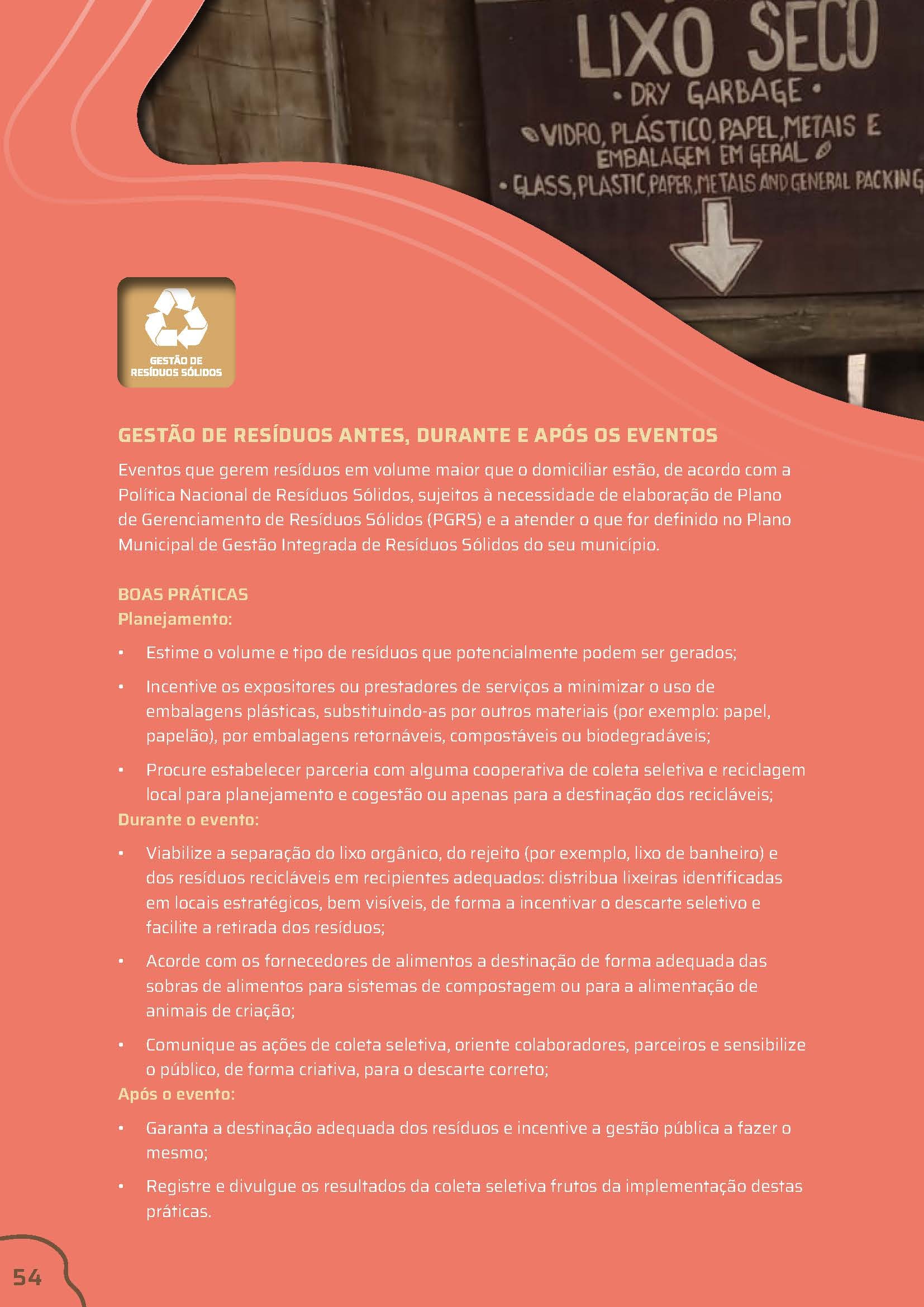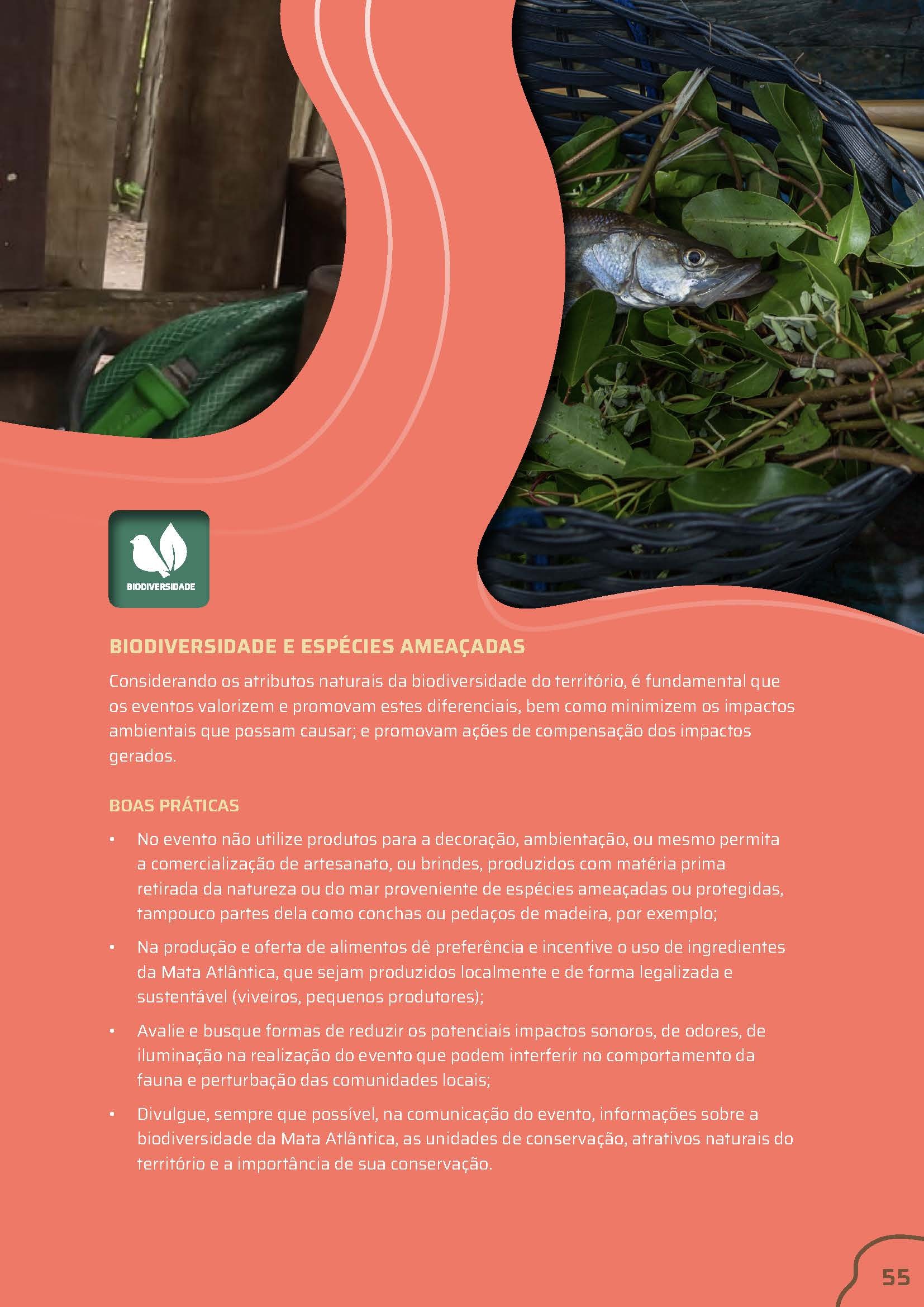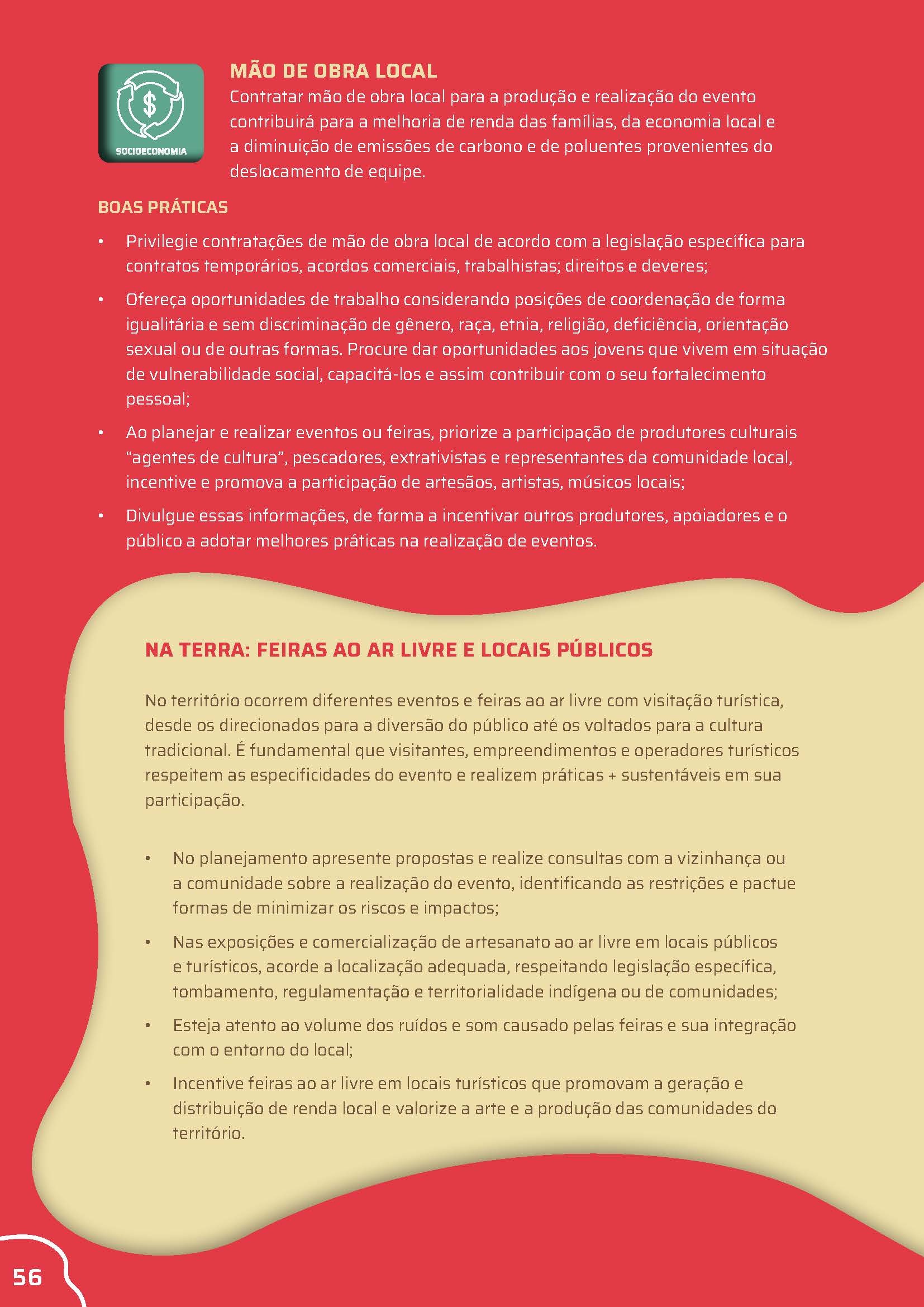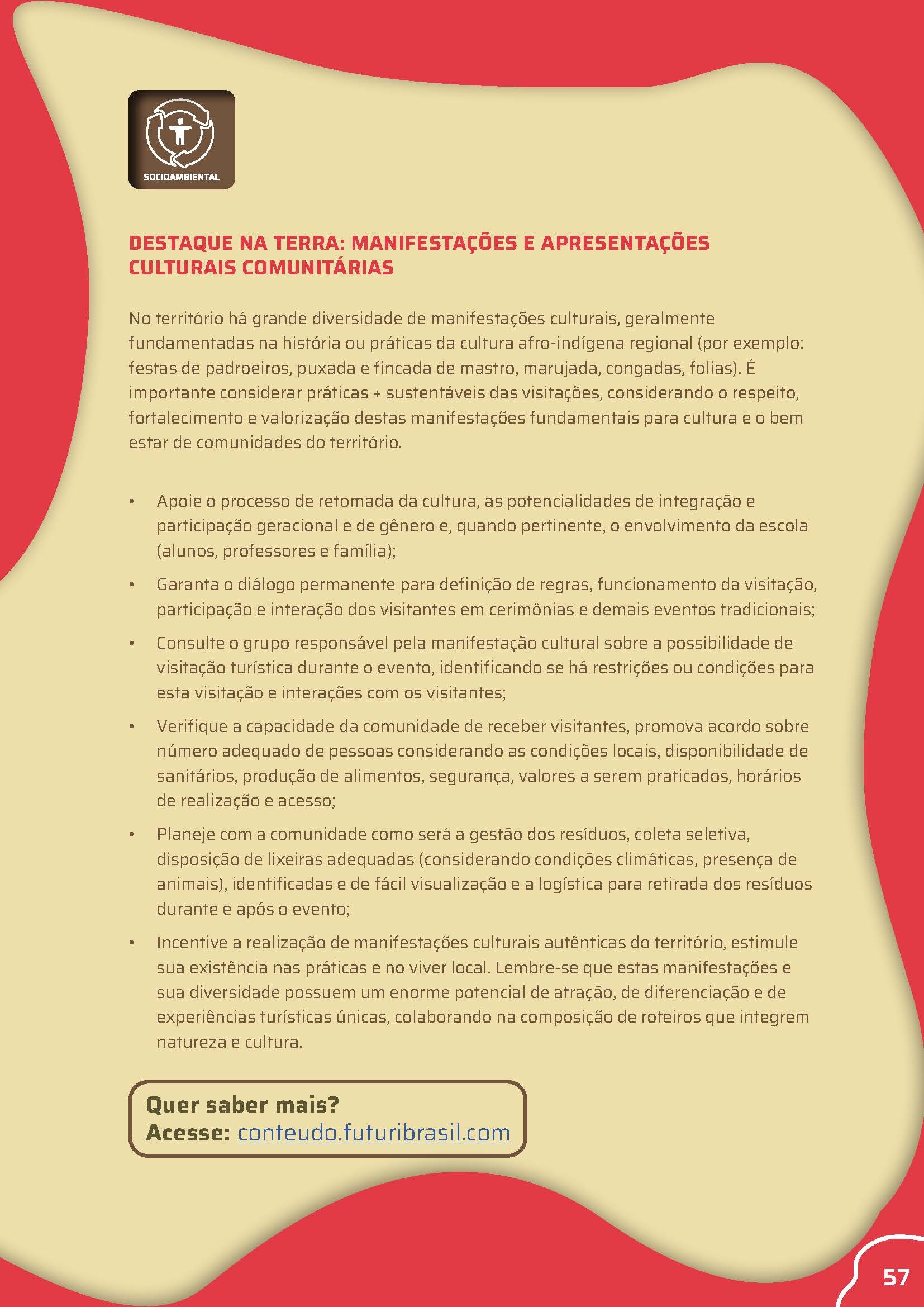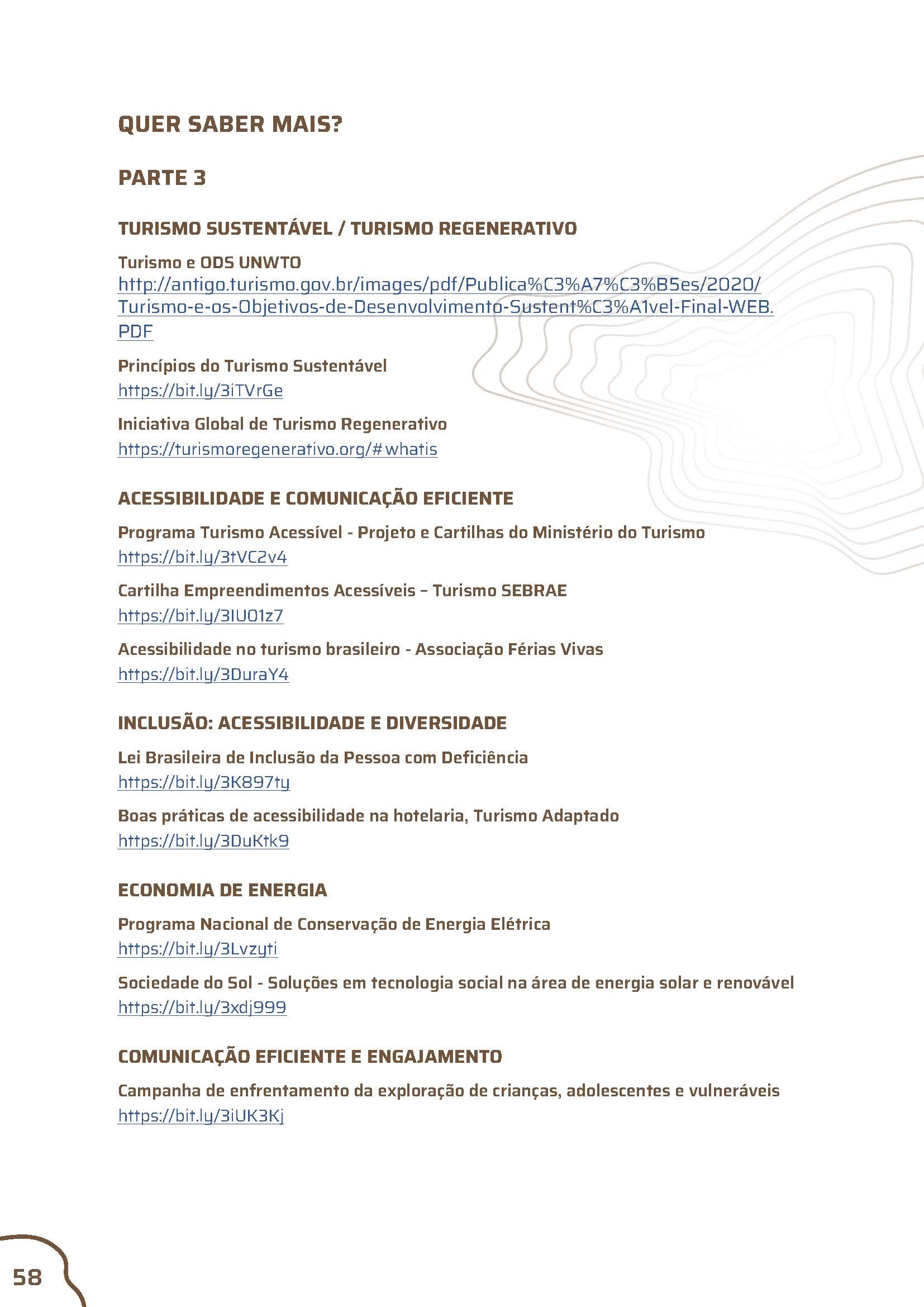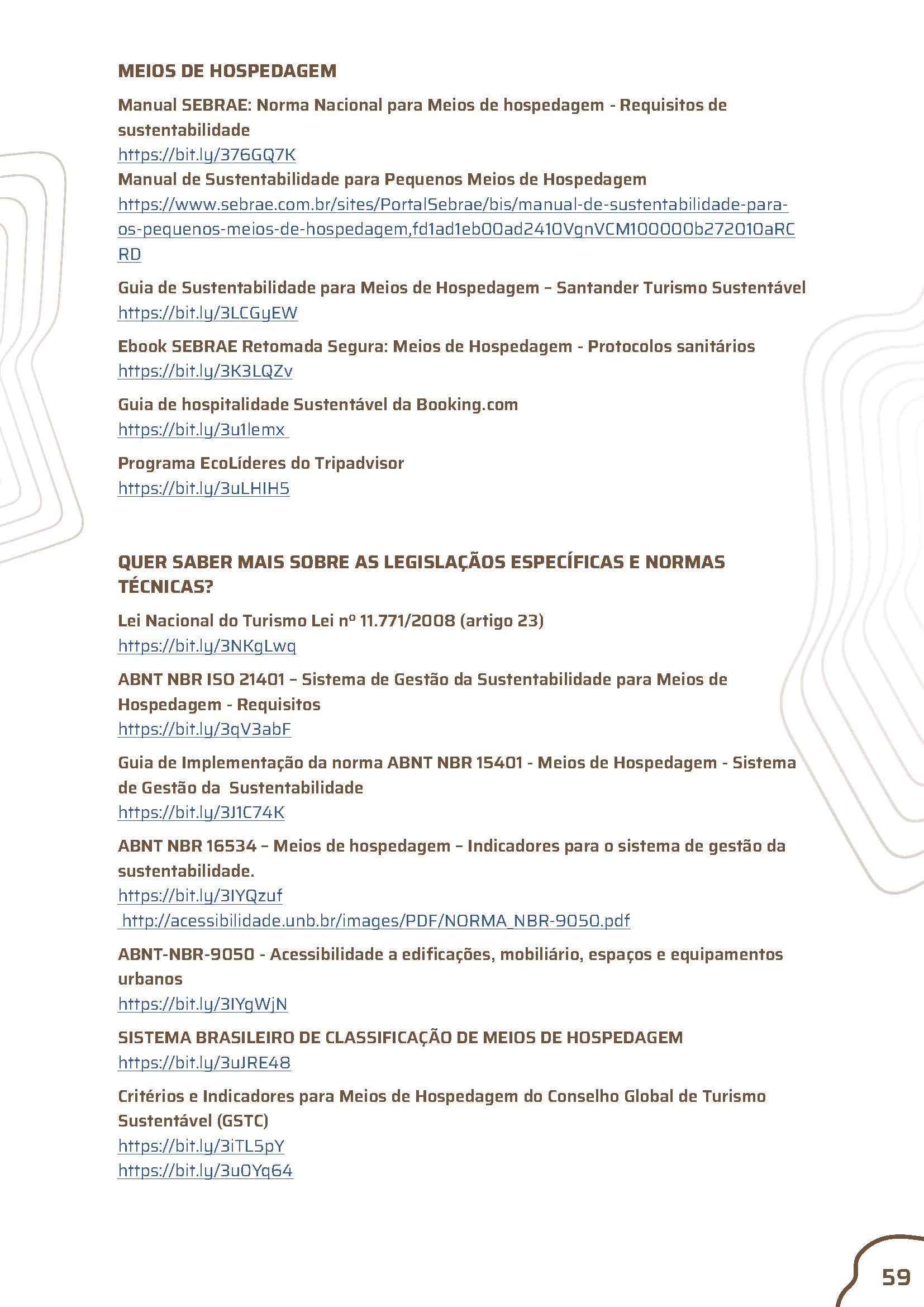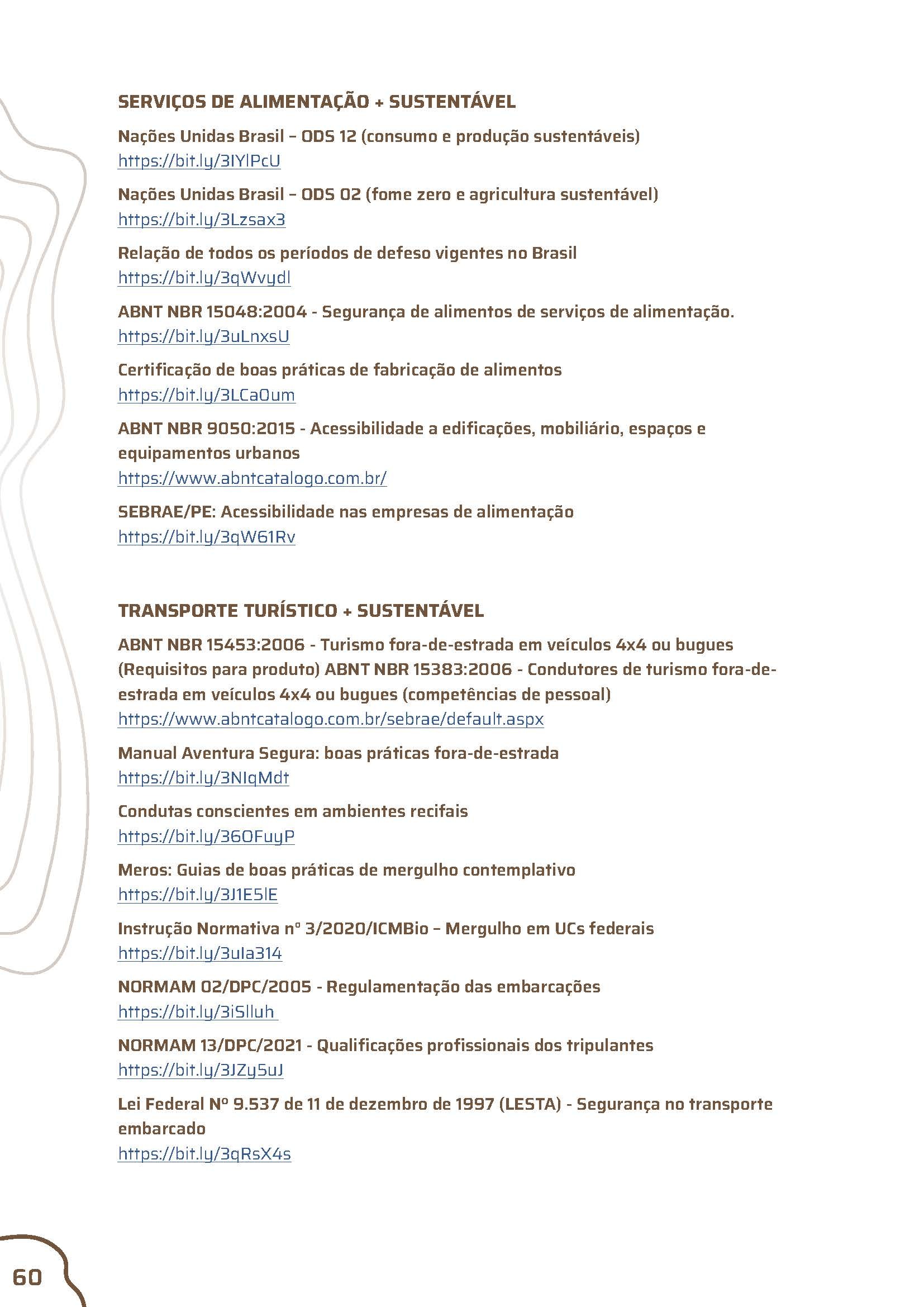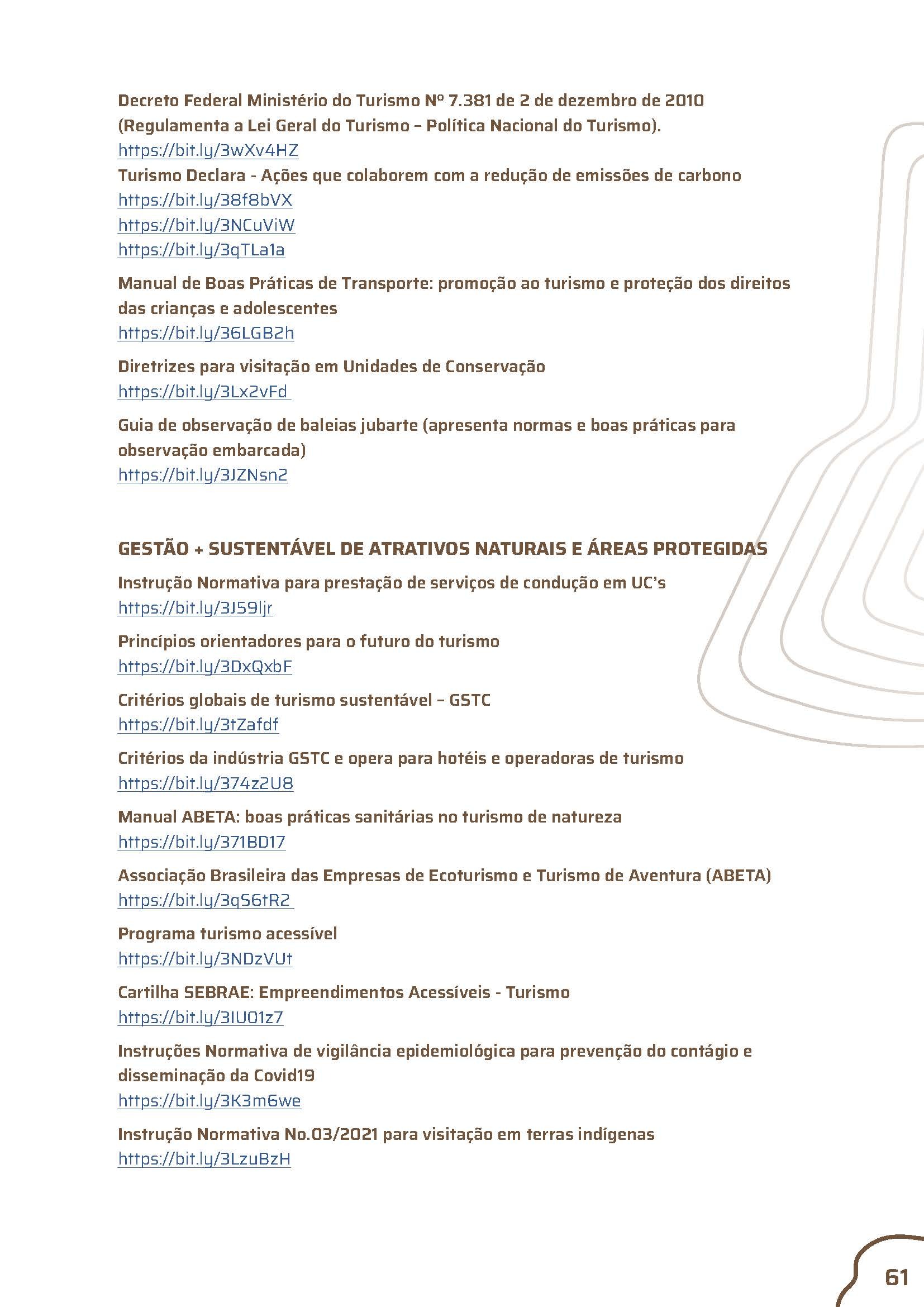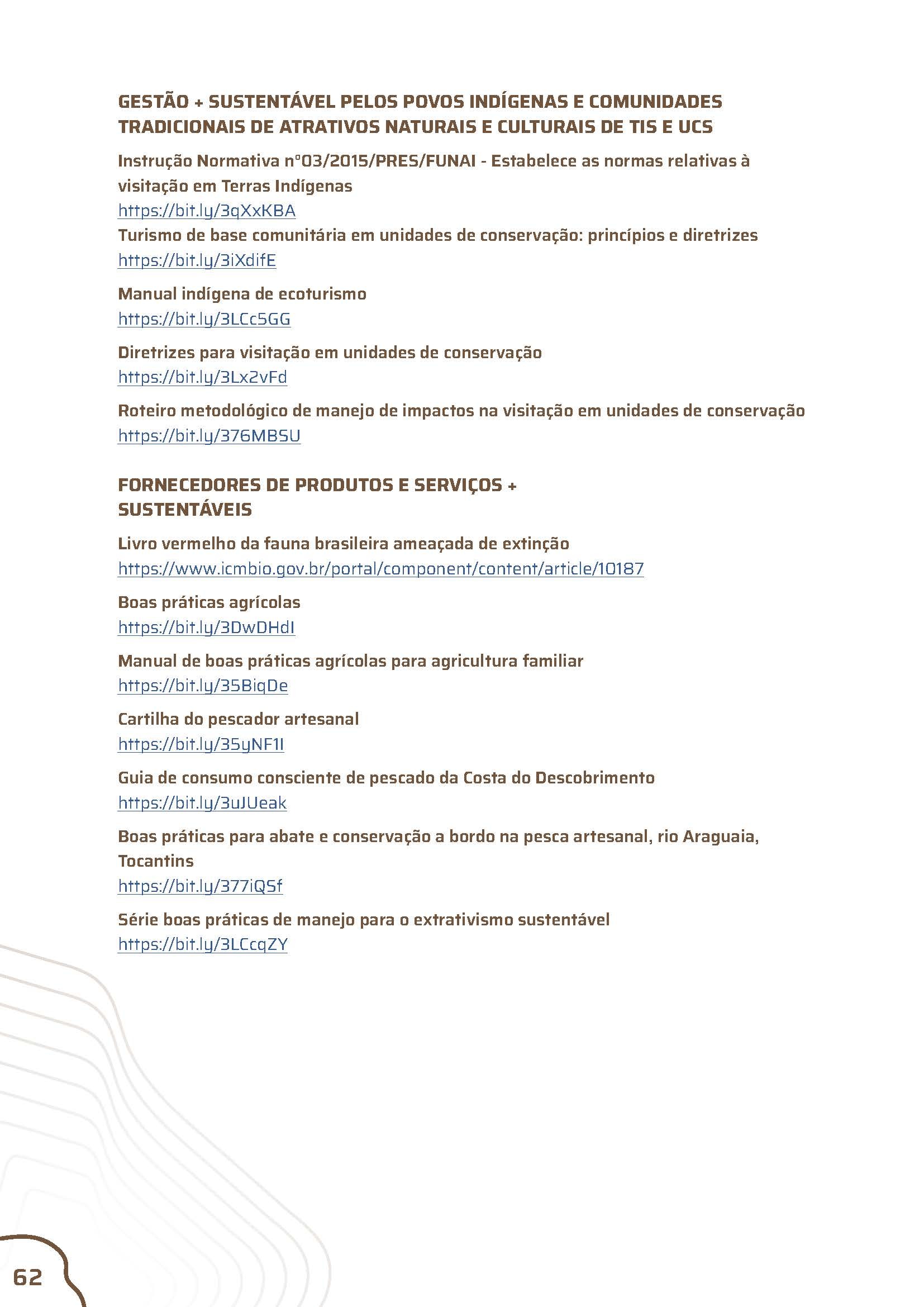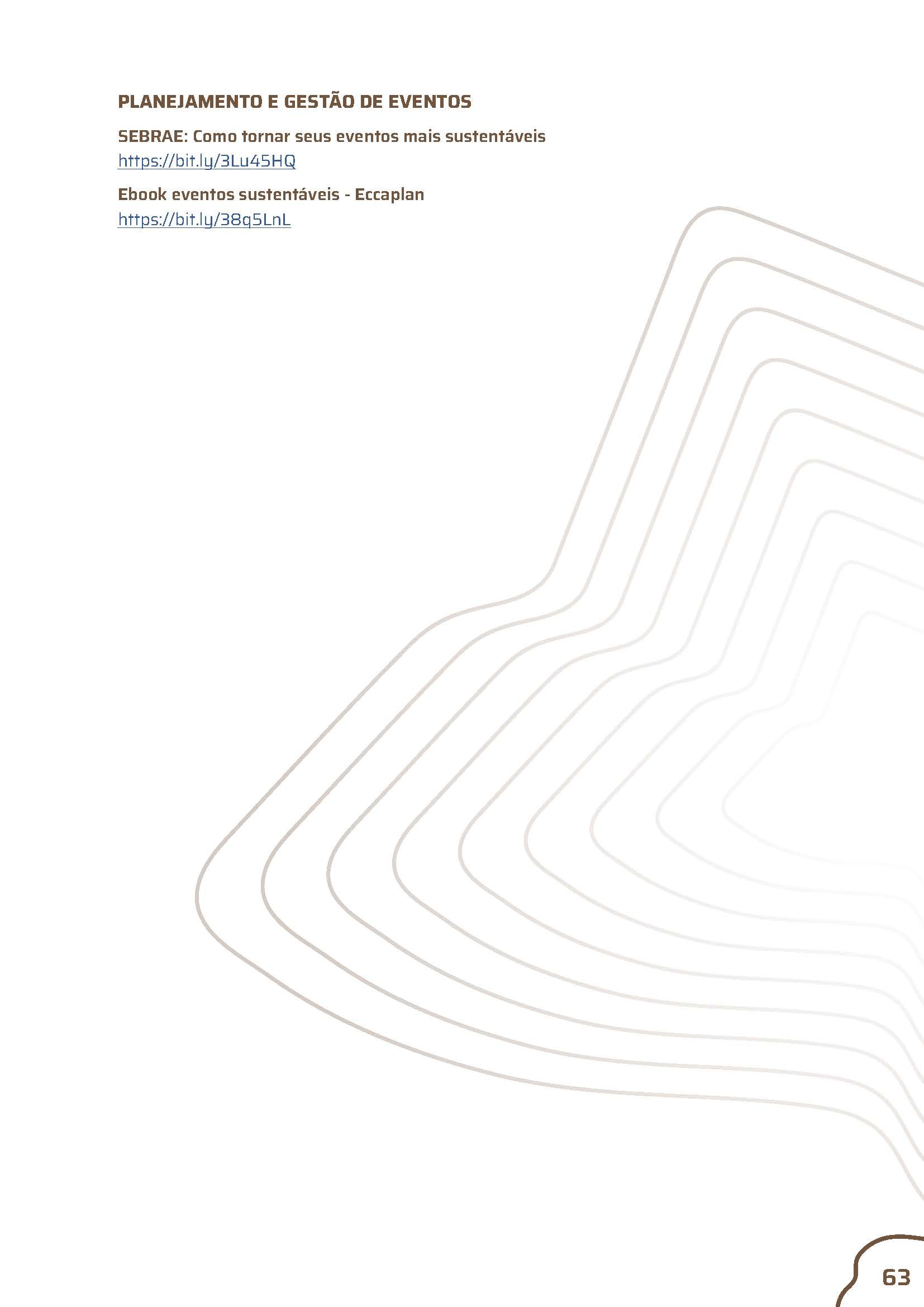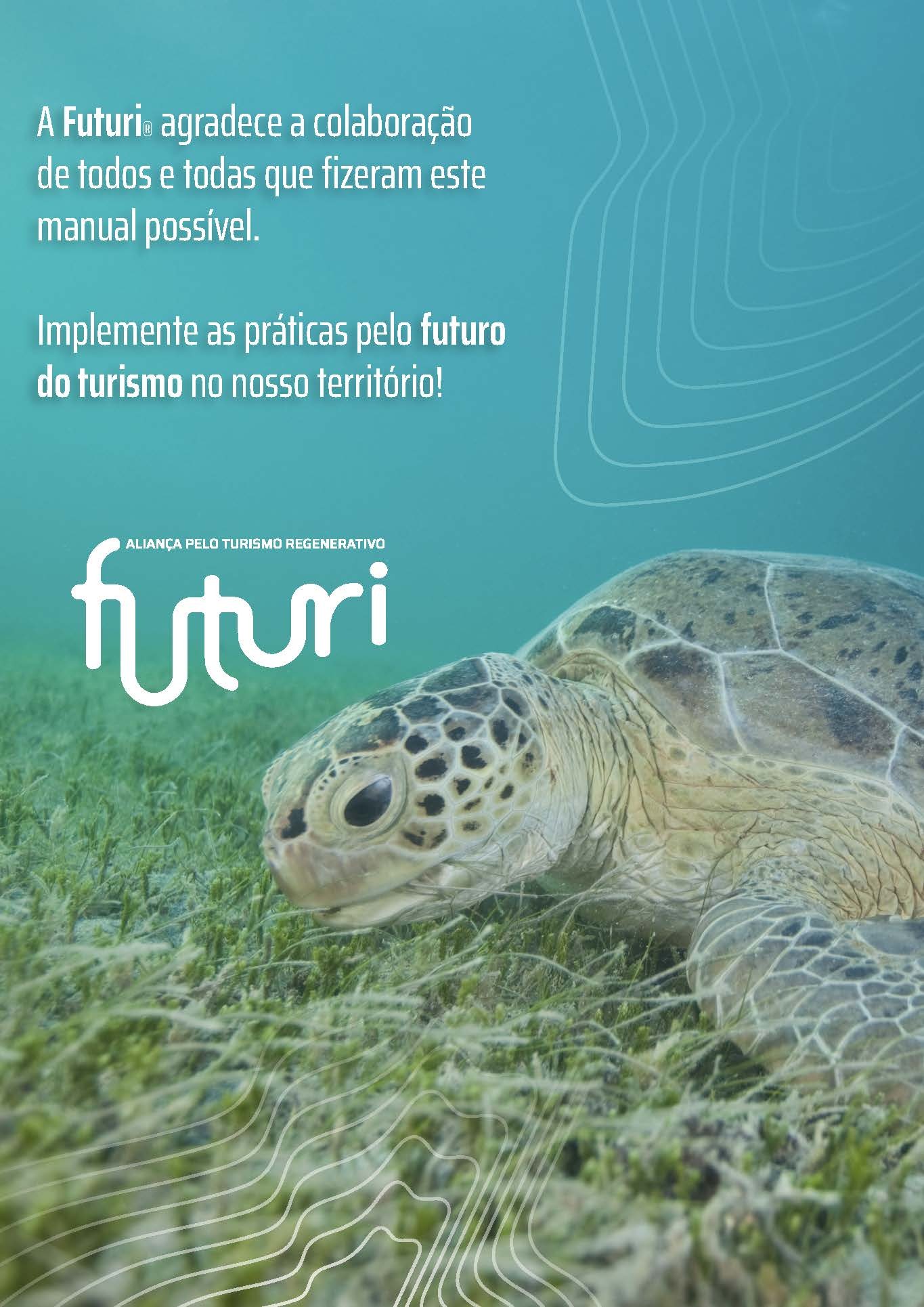Sustainable Tourism
Regenerative tourism, another more recent term that has similar purposes, better describes OTT's mission which, with partners such as Organic Festival Trancoso, Conservation International Brazil (CI-Brasil), the Futuri Alliance and leading professionals in the hospitality market, aims to leverage Trancoso's tourism in an innovative way, while simultaneously financing investments in nature conservation and education, establishing a tourism model that does not deplete the destination, but strengthens it.
The ultimate winner of sustainable tourism practices are local communities with measurable impacts on their quality of life and economic opportunities that will endure also for future generations.
Is sustainable tourism controversial?
No. The principles of sustainable tourism are universally accepted around the world, and even previously poorly understood concepts such as capacity limits, quotas and tourism taxes are now endorsed by traditional industry groups as well as the UNWTO (UN's World Tourism Organization).
Does sustainable tourism "seem" controversial?
Se você conhece algum grupo que deseja aprender mais sobre turismo sustentável, a diretoria da OTT pode organizar workshops ou palestras em centros comunitários ou empresas privadas, juntamente com a Associação Despertar, que tem como missão o ensino de turismo sustentável desde 2010, assim como a Aliança Futuri para o turismo regenerativo.
At times, it can seem like it. Because the essence of sustainability is tourism planning, and planning means encouraging certain economic activities while limiting or preventing others, all for the sake of long term greater prosperity for everyone, and putting limitations on growth may seem controversial.
Sustainable tourism's biggest challenge is dealing with public leaders who reject long-term economic planning, supporting instead growth at any cost and gaining political advantage by approving any proposal which generates immediate income even if its destructive to community and tourism sector.
However, any questioning of the principles of sustainability can be answered with education, awareness and organization.
If you know of a group that wants to learn more about sustainable tourism, OTT's board can organize workshops or lectures in community centers or private companies, together with Associação Despertar, whose mission is to teach sustainable tourism since 2010, as well as the Futuri Alliance for regenerative tourism.
What should sustainability in high-tourism areas include?
- Public spaces that highlight the places's authenticity and history in every way
- Public spaces free from excessive informal commercial activity
- Green city values, prioritizing areas with trees, urban forests and ensuring the protection of biomes
- Safe streets and pathways for pedestrians and cyclists
- Clean air and water
- Preservation of cultural traditions, crafts and local cuisine
- Strict enforcement of regulations, promoting formal and controlled economic growth
- “Invisible” waste management, with appropriate treatment
- Private investment in infrastructure for event spaces, hotels, shops, leisure and transport
- Carefully balanced equilibrium between public investment in public services and planning and that of tourism promotion
- Planning, planning, planning!
- Education, education, education!
High-tourism areas should NOT have:
- Excessive signs of urbanization such as street parking, traffic, power lines, commercial signage
- Visible trash and noise pollution
- Unlicensed and uncontrolled commercial activity that stifles investment and competition
- Tourist buses and one-day tourism with high environmental impact and low value for the destination
- Fake news about the tourism economy, promoting "immediacy" instead of long-term prosperity
Are there sustainable tourism best practice guides available here?
Futuri Alliance is an informal and voluntary initiative with a decentralized transversal management, made up of institutions and individuals involved directly or indirectly in the management and operation of tourism in Bahia's far southern region, committed to the design and execution of actions in favor of a more sustainable and regenerative tourism.
For practical tips on how to be more sustainable in tourism, access Futuri's Good Practices Manual.
In times of crisis sustainable communities don't fracture, they unite.
Created in March 2020 in response to the sudden closure of Trancoso's economy due to the Covid pandemic, Alimente Trancoso (Feed Trancoso) united local businesses, donors and volunteers which over 7 months distributed 127 tons of food parcels and 61 thousand personal hygiene and cleaning items to vulnerable families in Trancoso and the region.
